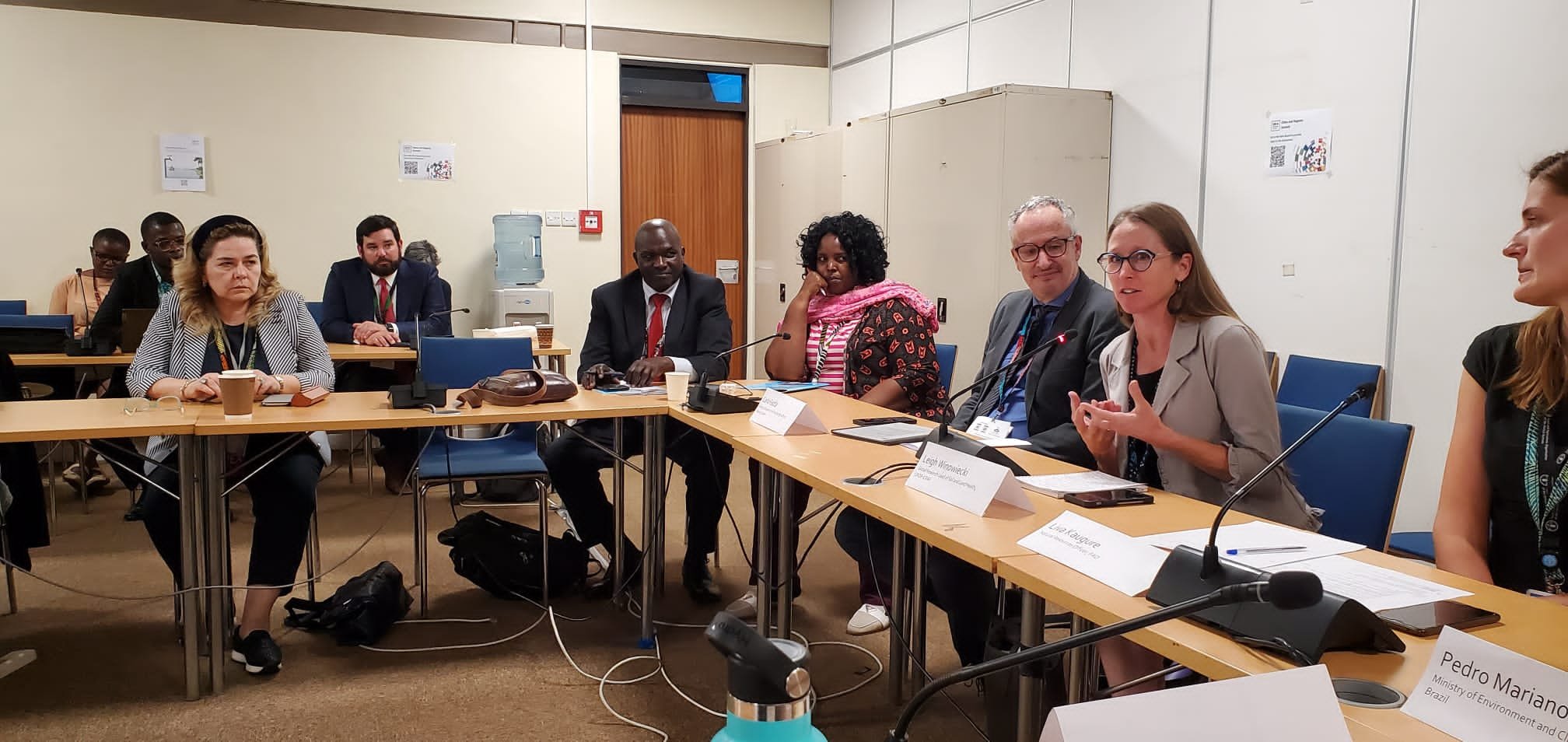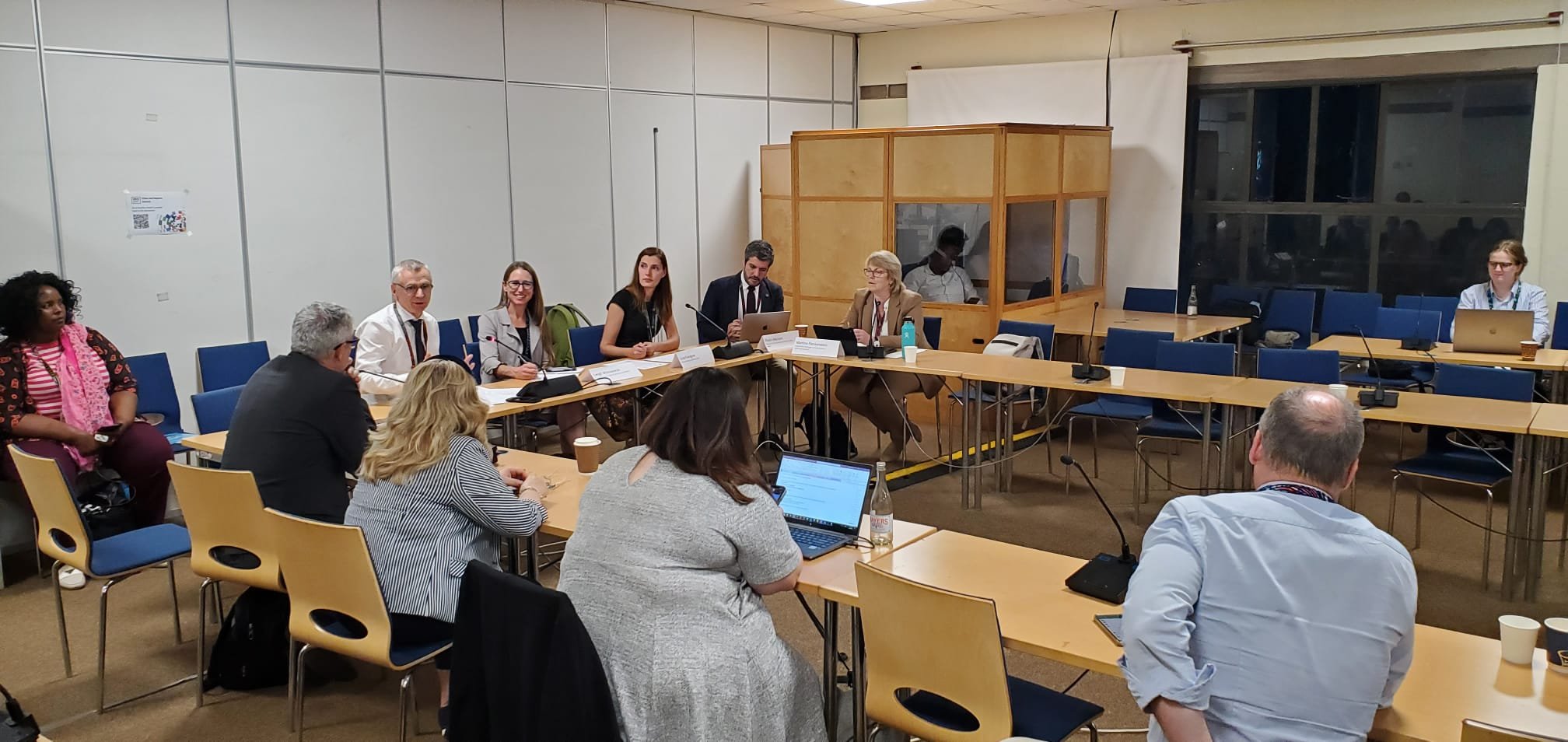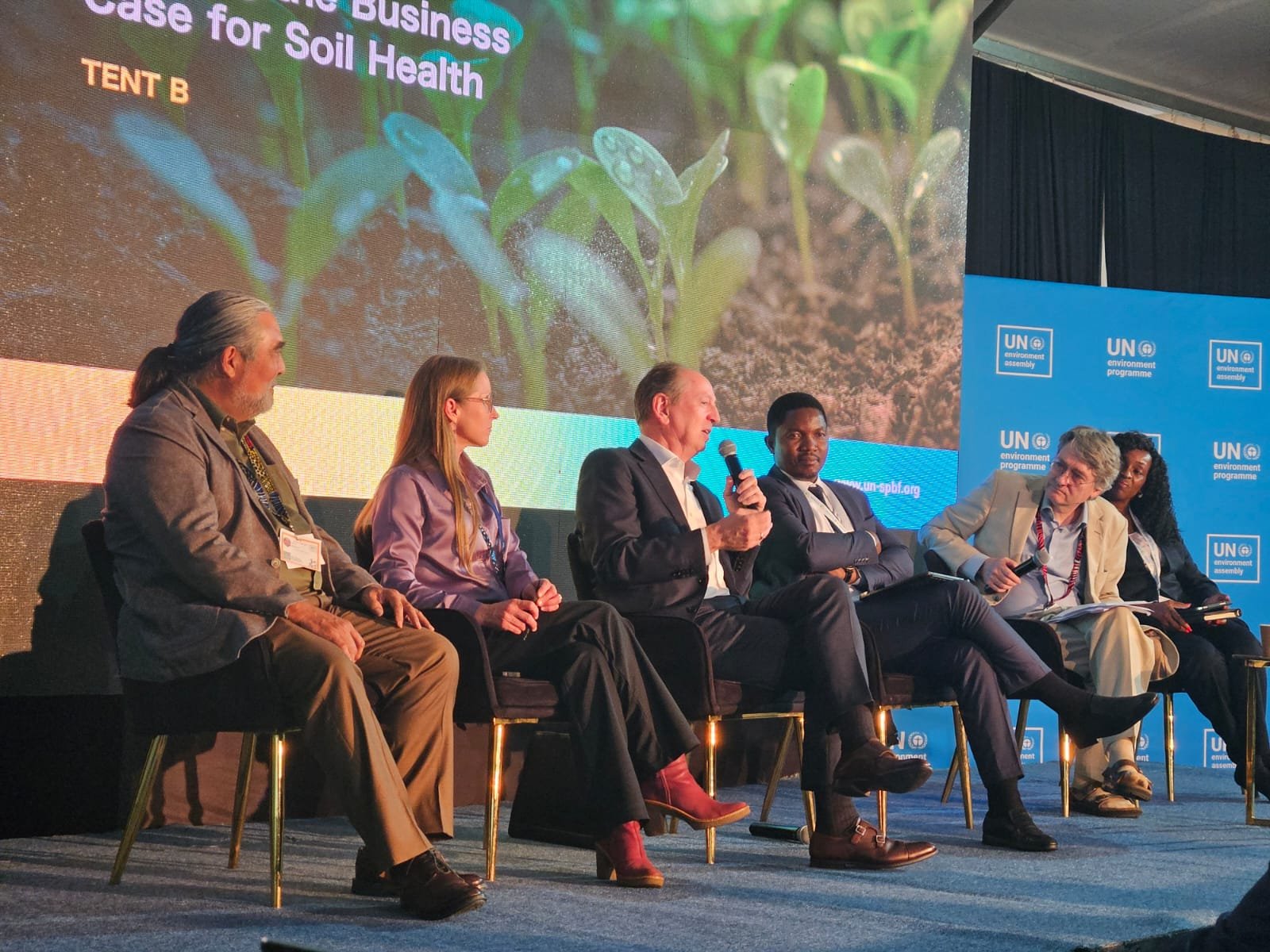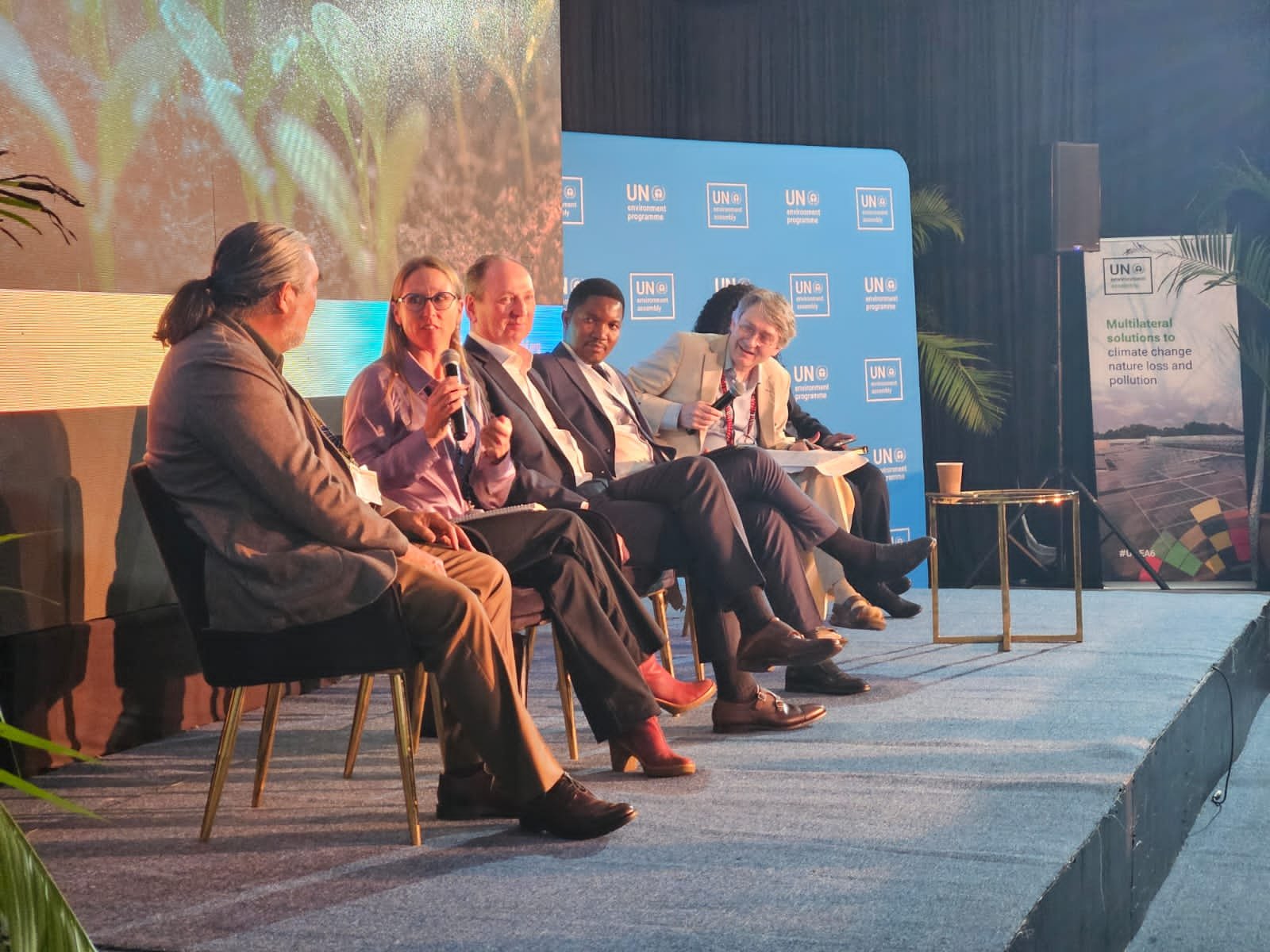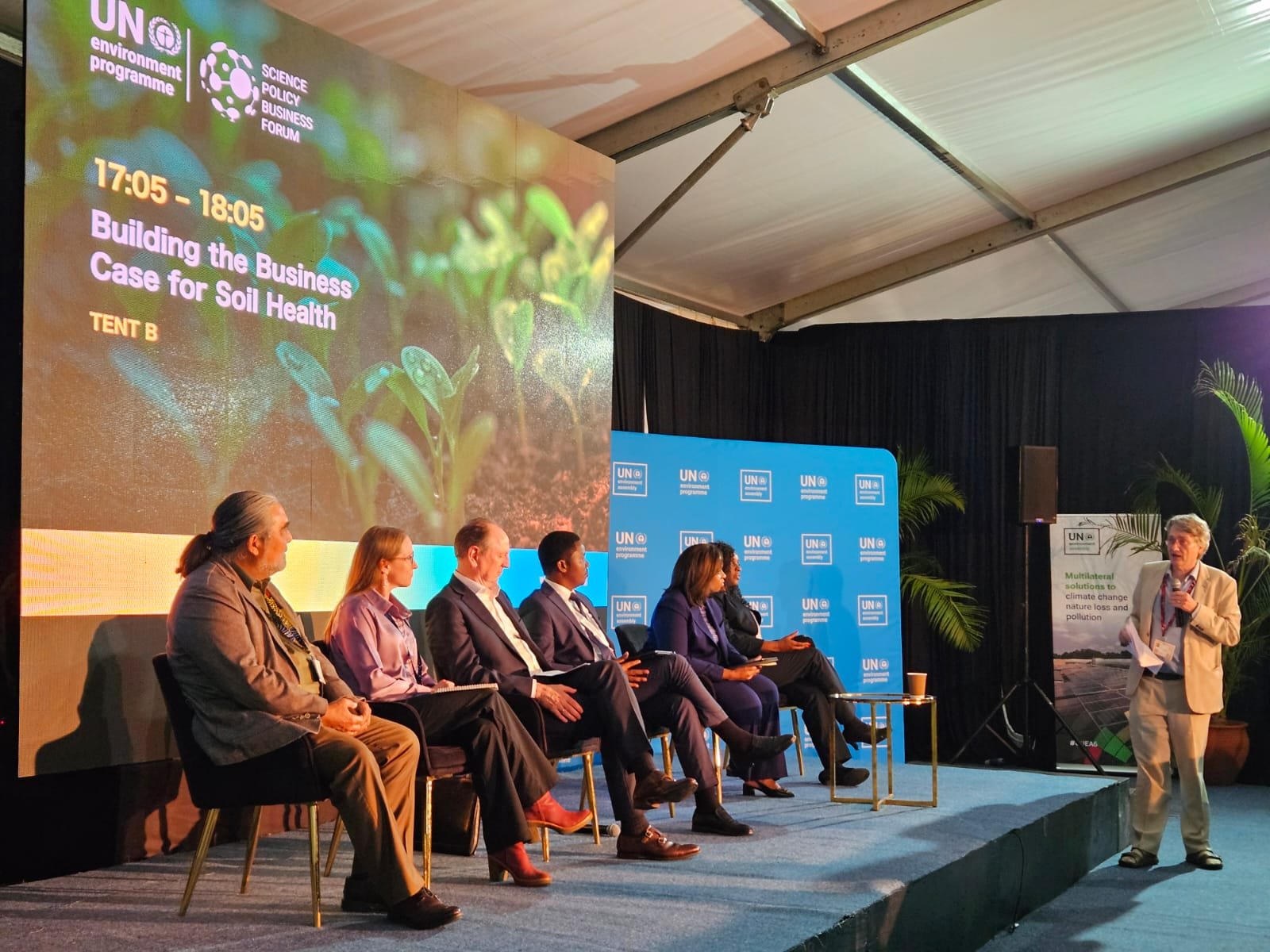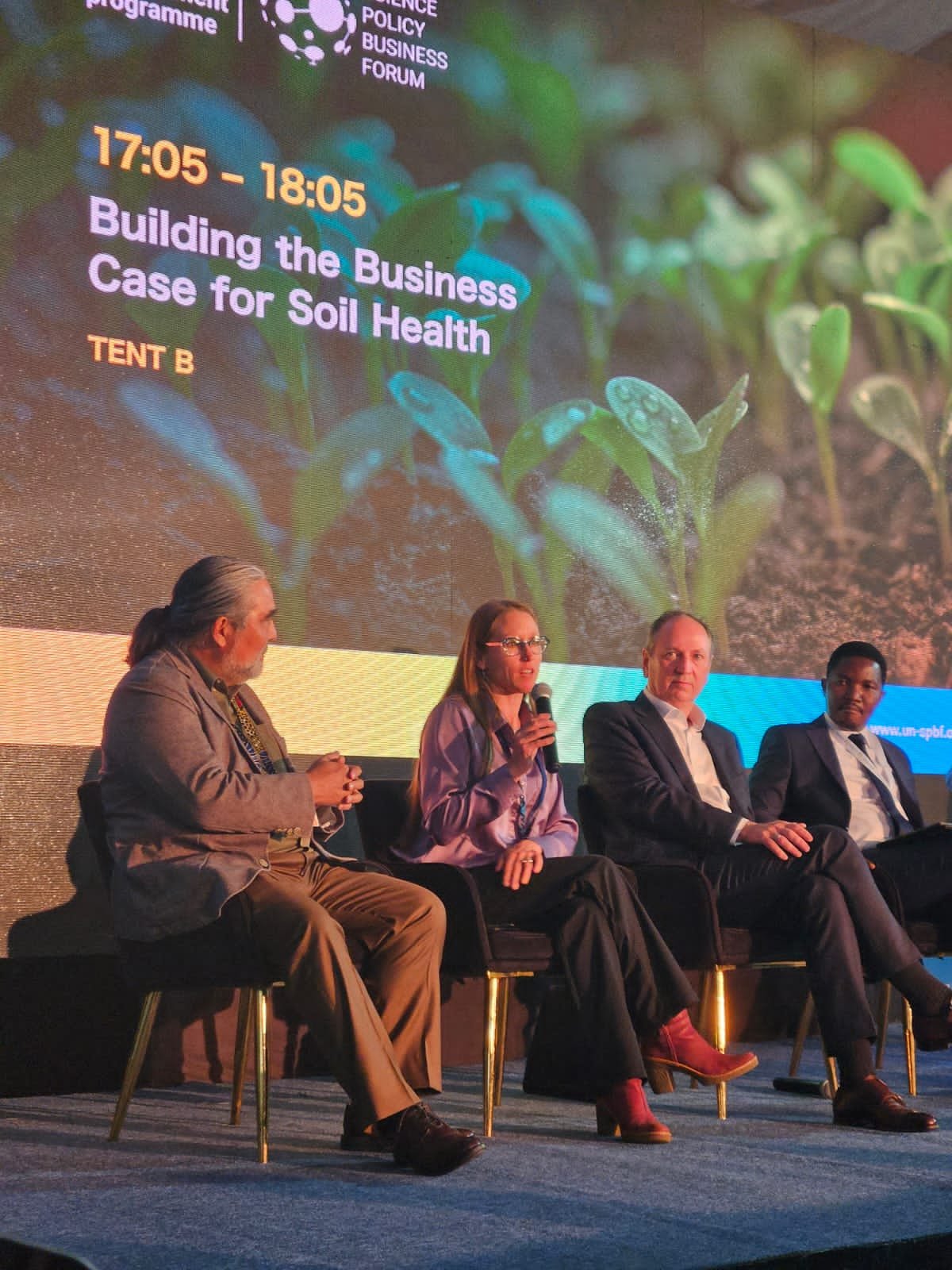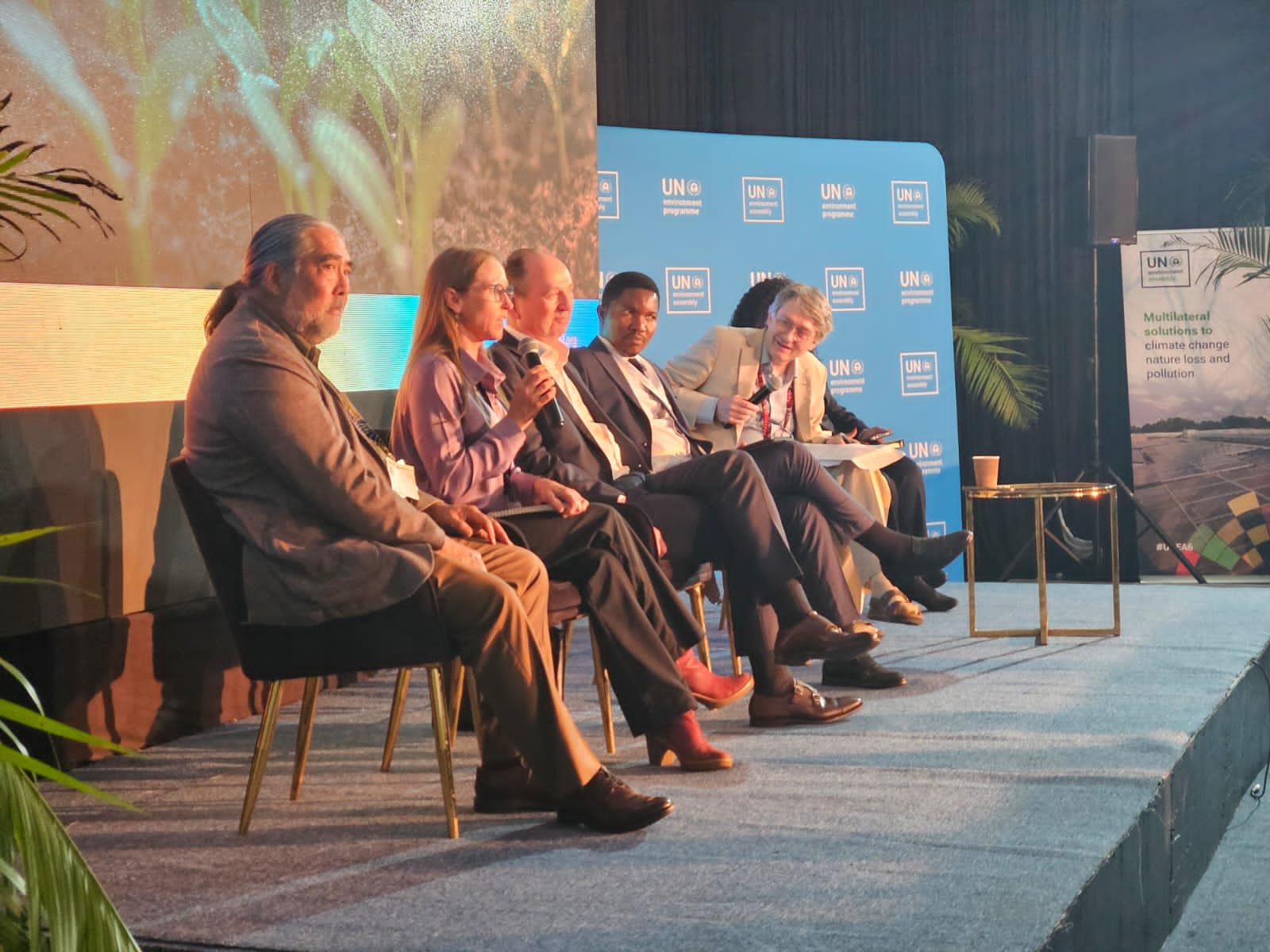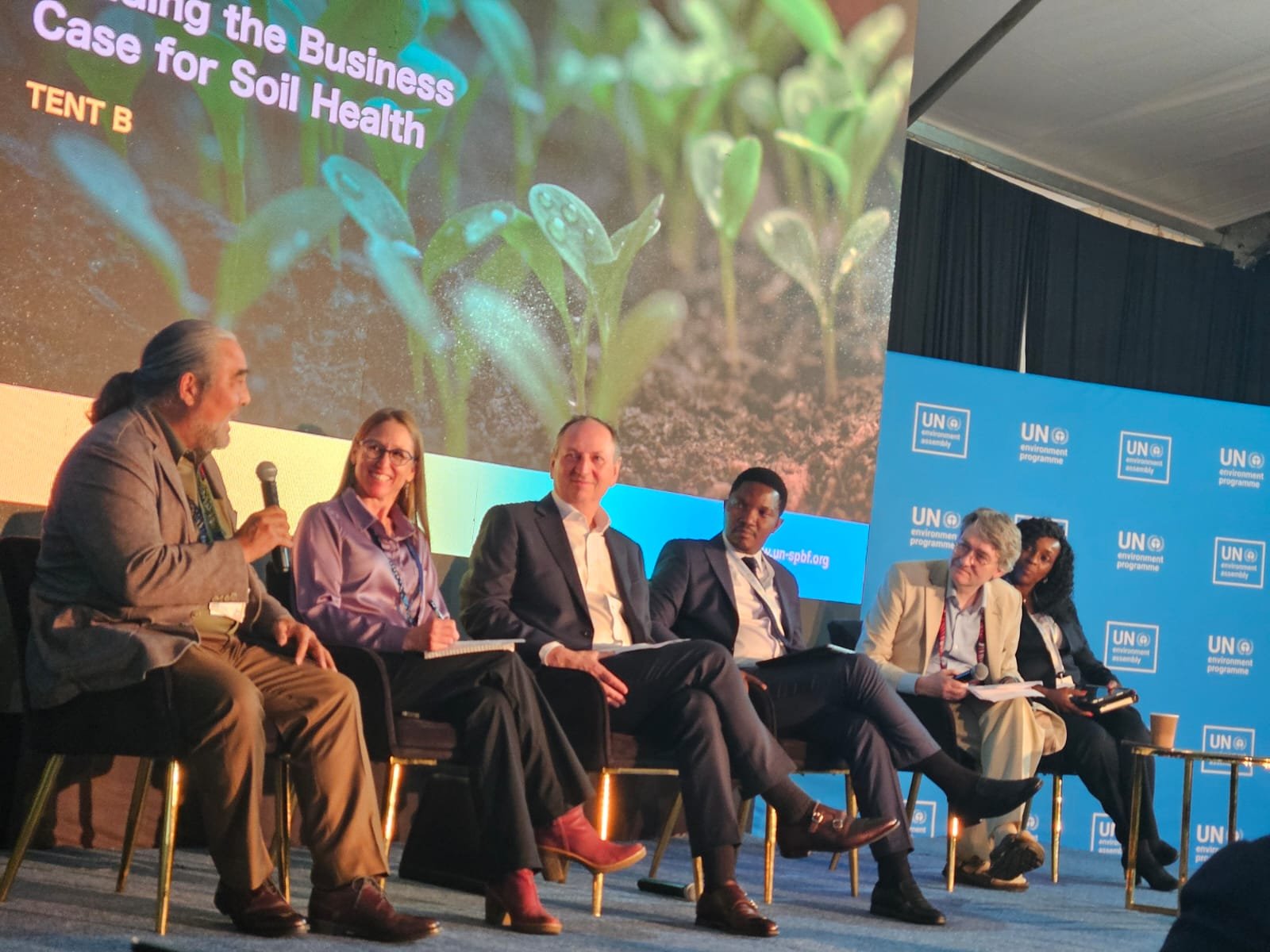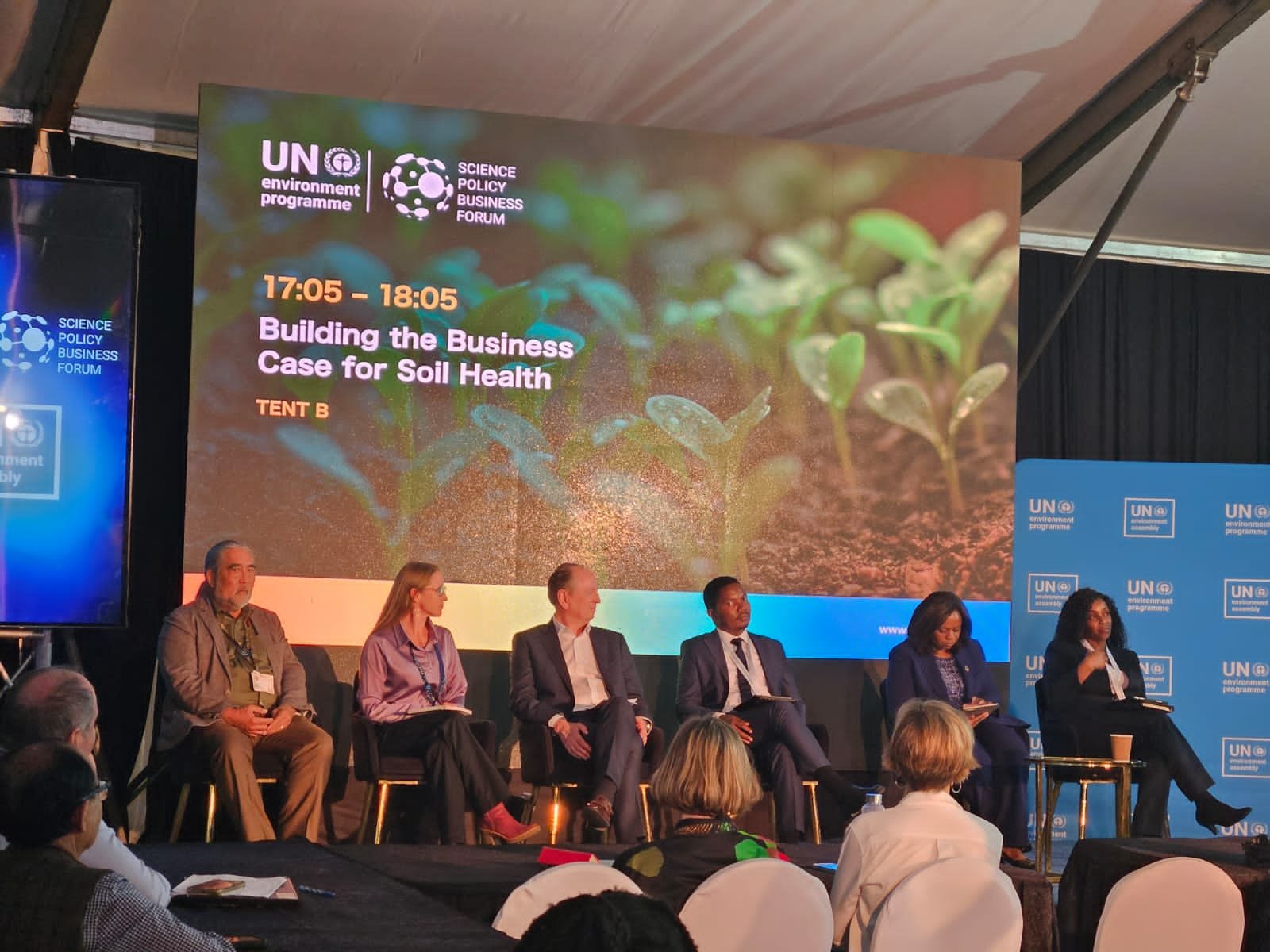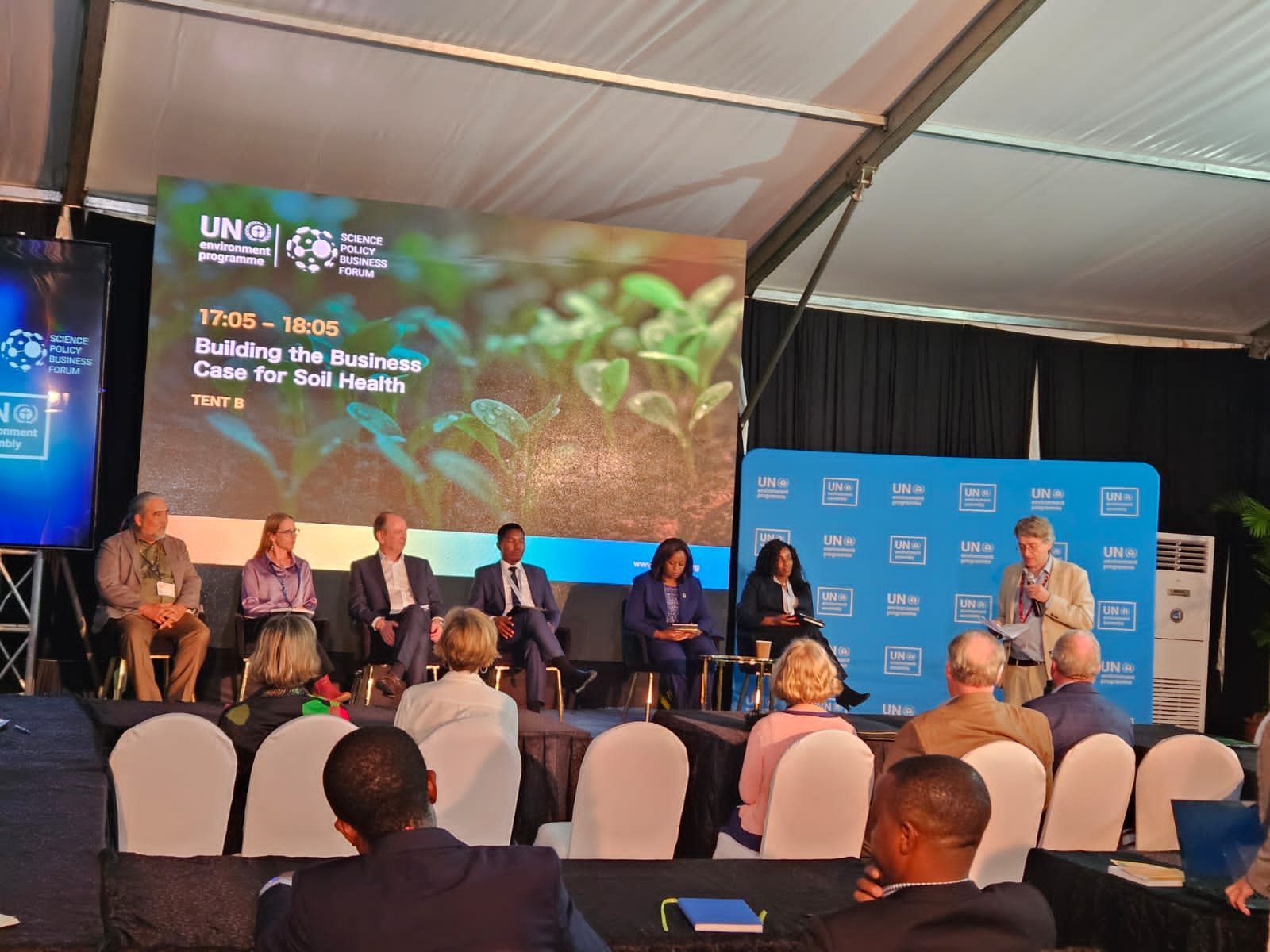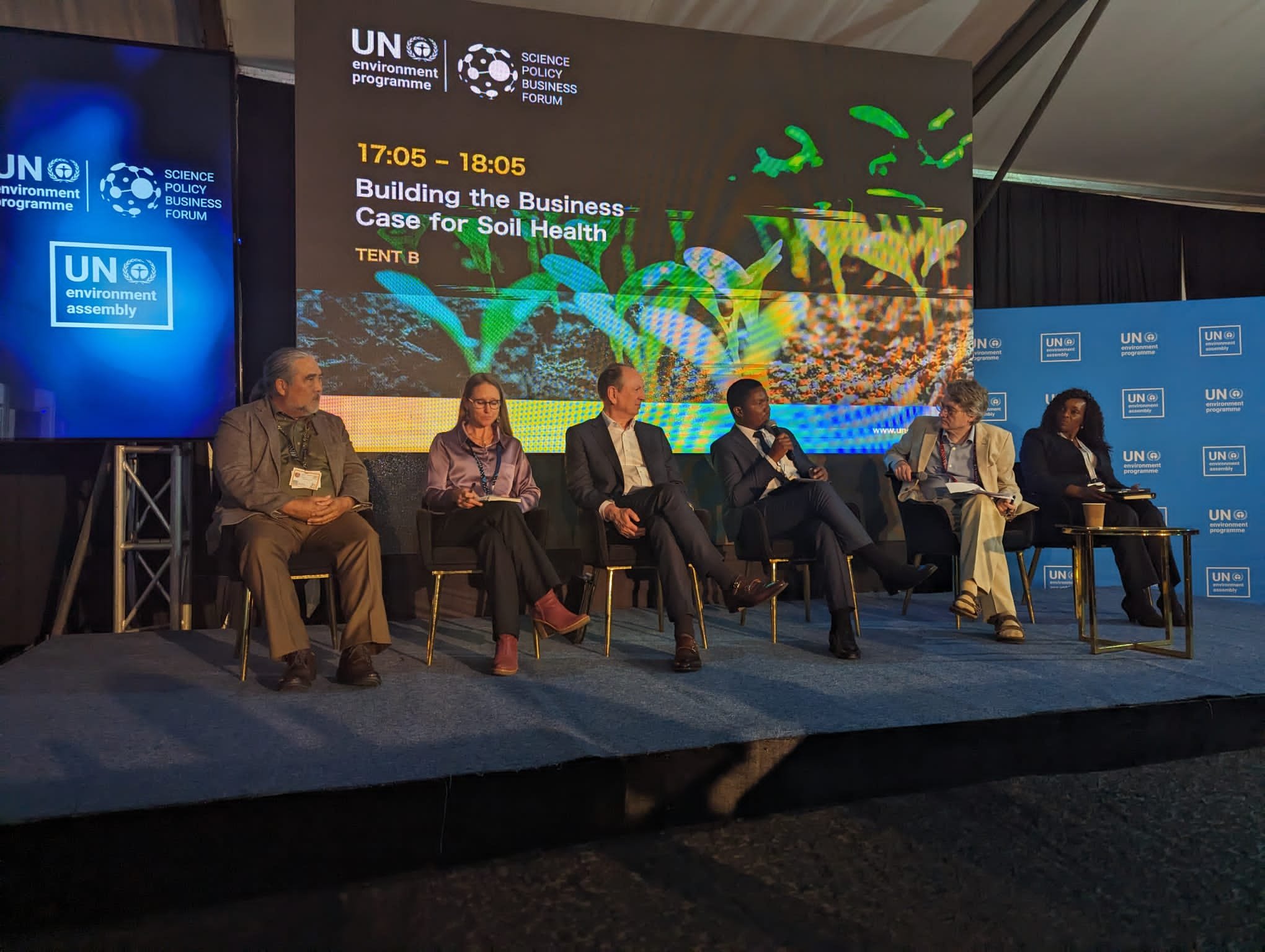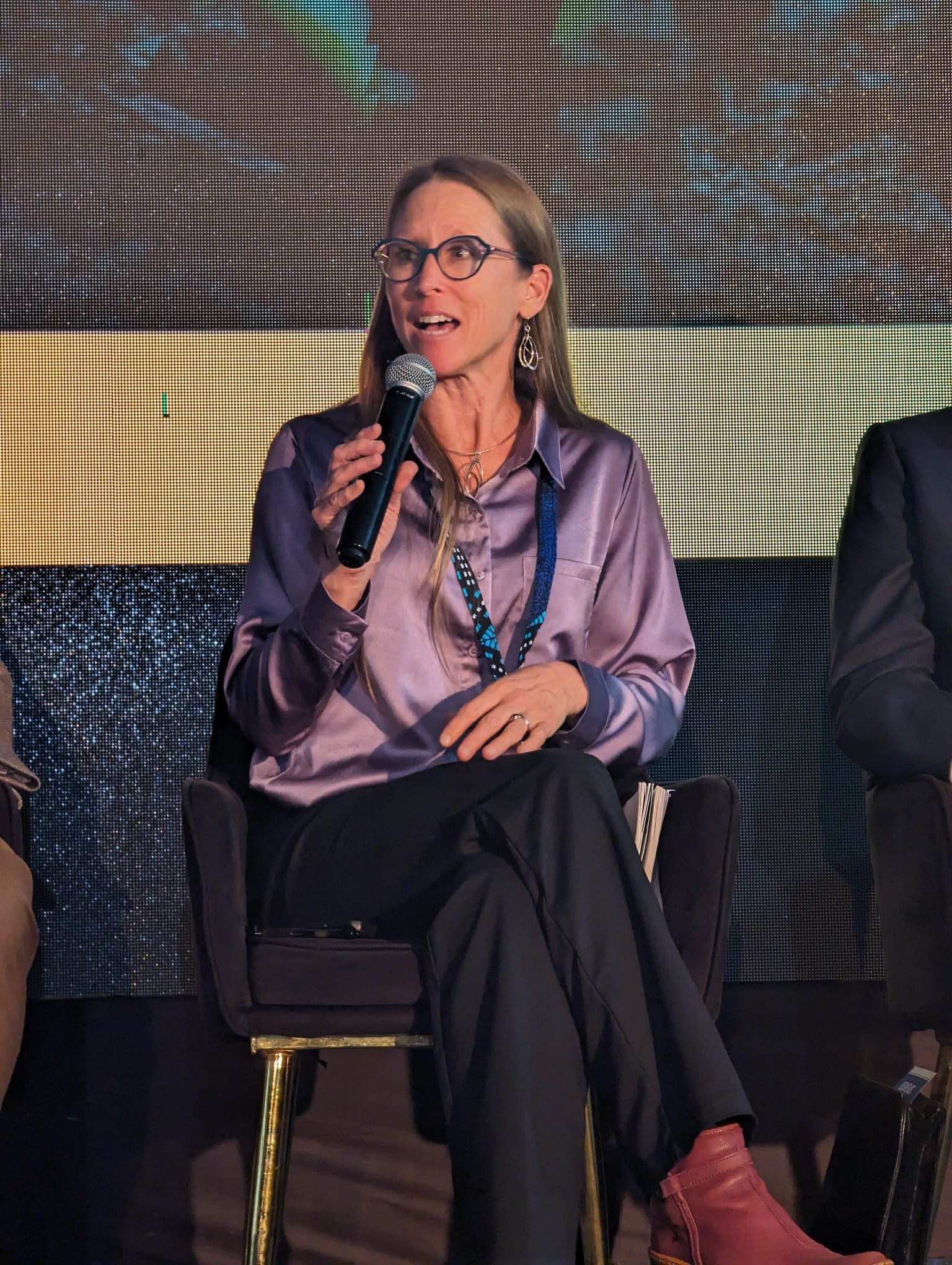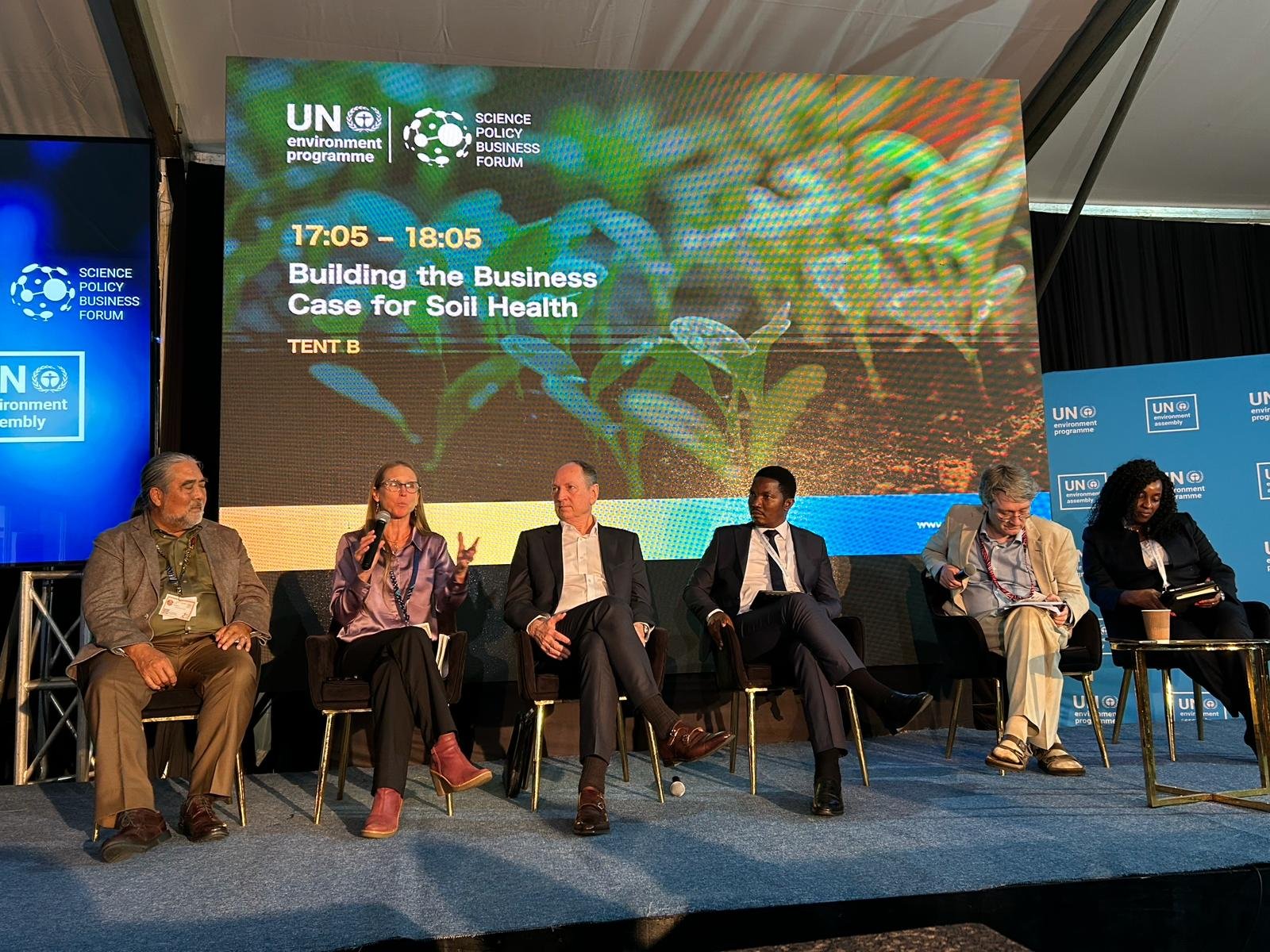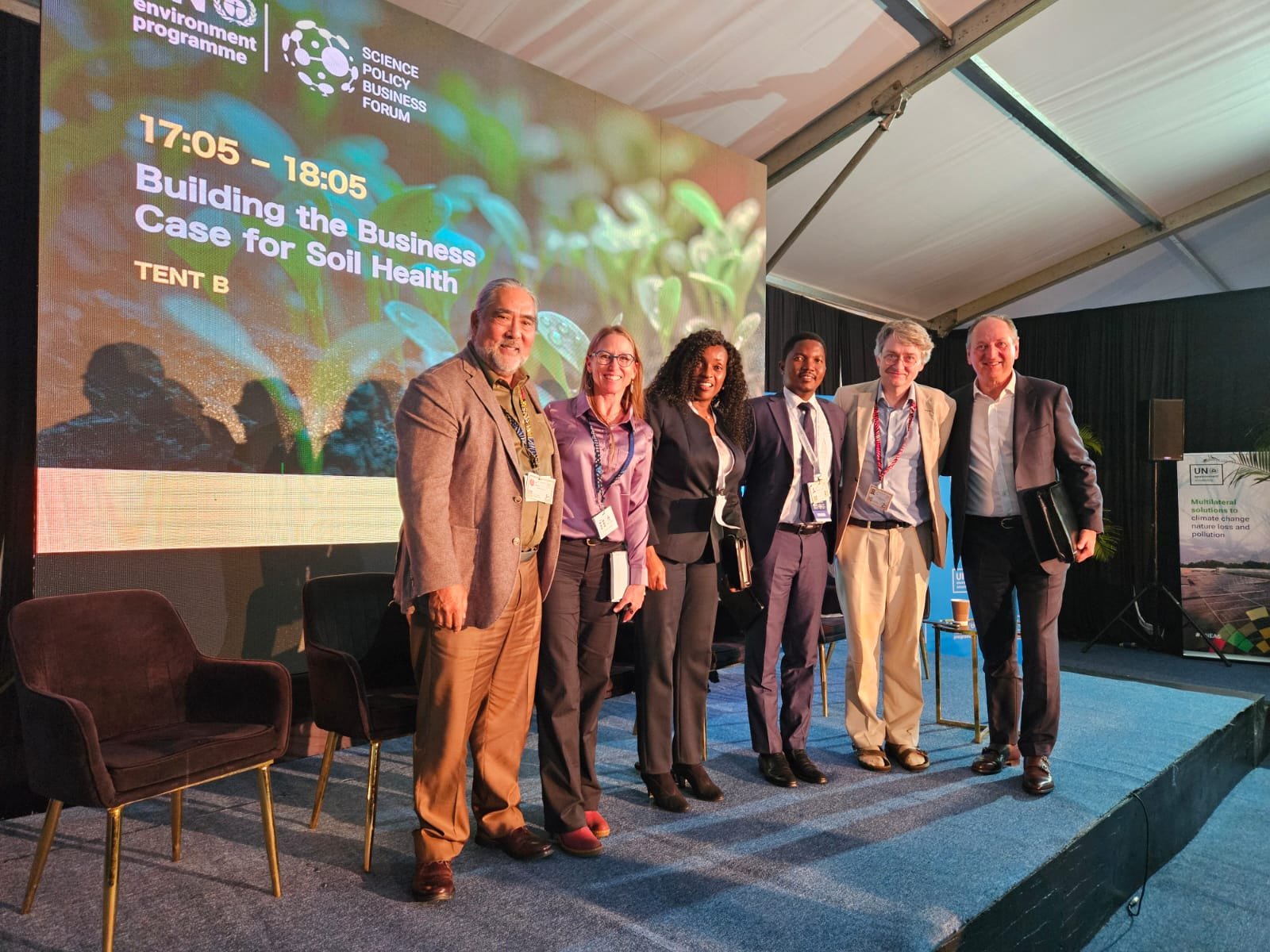CA4SH at UNEA-6: Multistakeholder action to foster an enabling science, policy and business environment to scale soil health globally
From 26 February to 1 March 2024, the sixth session of the United Nations Environment Assembly (UNEA-6) took place at the UN Environment Programme (UNEP) headquarters in Nairobi, Kenya, to discuss global environmental policy amongst the 193 Member States.
The overarching theme of the discussions centred on how multilateralism can help tackle the triple planetary environmental crises of climate change, nature and biodiversity loss, pollution and waste. Luckily, we know well of a solution to these challenges and, indeed, all 17 of the UN Sustainable Development Goals: scaling soil health, globally.
Soil is the most biodiverse habitat on Earth and the top terrestrial carbon sink, and it is capable of filtering pollutants and waste from contaminating water sources. Because of these reasons, and more, CA4SH brought soil to the negotiating table at UNEA-6 through a joint side event, a roundtable discussion, and a luncheon to champion the role of soil in the UNEA and national policy.
Soil Health Action is Collaborative
Building off of recent momentum on soil health action (like the COP28 Declaration on Food and Agriculture and the Non-State Actors Call to Action), CA4SH co-developed a joint session alongside WWF, the Alliance of Bioversity Int and CIAT, CGIAR, the Food and Agriculture Organization of the UN, and UNEP. The session was called Fostering national actions: Strengthening the ambition of national contributions to climate and biodiversity for agriculture and food systems.
A major goal of the session was to discuss the launch of the new Food Forward NDCs tool, developed by WWF alongside partners the UN Food and Agriculture Organization, UNEP, Alliance of Bioversity/CIAT, and more. The online tool provides policymakers, practitioners and investors with evidence-based guidance to identify policy options that can help make progress towards the Nationally Determined Contributions (NDCs) and the Paris Agreement’s food-related targets, while also achieving biodiversity and land conservation targets.
The Food Forward NDCs tool will help bridge science and policy to help deliver on commitments made at the UN Climate Conference COP28 last year.
Building a Business Case for Soil Health Action
The Science, Policy, Business Forum at UNEA-6 is another space dedicated to ensuring that environmental commitments are rooted in science. As important sources of natural capital, healthy soils and land underpin over half of the global GDP, but we lose 24 billion tonnes of topsoil every year. To address this, CA4SH joined an expert panel at the SPB Forum to build a business case for investing in healthy soil practices on the ground.
But this doesn’t mean that this conversation is just for business actors.
Dr Leigh Ann Winowiecki, Co-Lead of CA4SH and CIFOR-ICRAF Soil and Land Health Research Lead stressed the importance of a multistakeholder approach that centers farmers and uplifts everyone in food systems. She also underscored the importance of robust and actionable data in communicating priority areas for investments.
Breaking Bread and Breaking Ground
Nearing the end of UNEA-6 on 29 February, CA4SH co-hosted a Roundtable Luncheon with partners WWF, CIFOR-ICRAF, Bioversity-CIAT, FAO and UNEP. The policy luncheon placed a special focus on integrating soil health and food systems to strengthen Nationally Determined Contributions (NDCs), National Biodiversity Strategies and Action Plans (NBSAPs), and National Adaptation Plans (NAPs).
The luncheon included context setting and keynote addresses from organizers and partners, then followed into a roundtable discussion where participants were invited to share 1) concrete action points their organisation/constituency is planning over the next 12 months to implement evidence-based policy at National level, 2) opportunities for collaboration in the upcoming Rio Conventions, and 3) ideas for how to use the Global Stocktake and UAE Emirates Food System Declaration to better align the three Rio Conventions and NDCs concerning food systems and climate.
The group reflected on the role of soil health as a unifier and ally to all environmental goals, and a lever to drive transformation. There is a great deal of political momentum on soil health happening now, and we won’t let this window of opportunity pass us by.
Here are some of the action points and opportunities discussed:
Develop a "Declaration on Food Systems and Biodiversity for UN CBD COP16" where soil health is featured prominently
Support UAE and member states to implement the Food Systems Declaration as we move toward UNFCCC COP29
Include soil health in the UNCCD COP16 Drought Declaration and support the development of content for the UNCCD Agri-Food Day
Strengthen NDCs for soil health (see Food Forward NDCs tool)
Mobilize fundraising for projects on the ground
Connect global soil health initiatives and CA4SH to streamline and harmonize efforts for greater impact!
CA4SH is always excited to hear from interested stakeholders, members, partners, and allies and more about ideas for collaboration, and entry points for influencing policy and driving soil health action that is farmer-centered. We look forward to following up on these points and co-developing them as a multistakeholder tour-de-force.
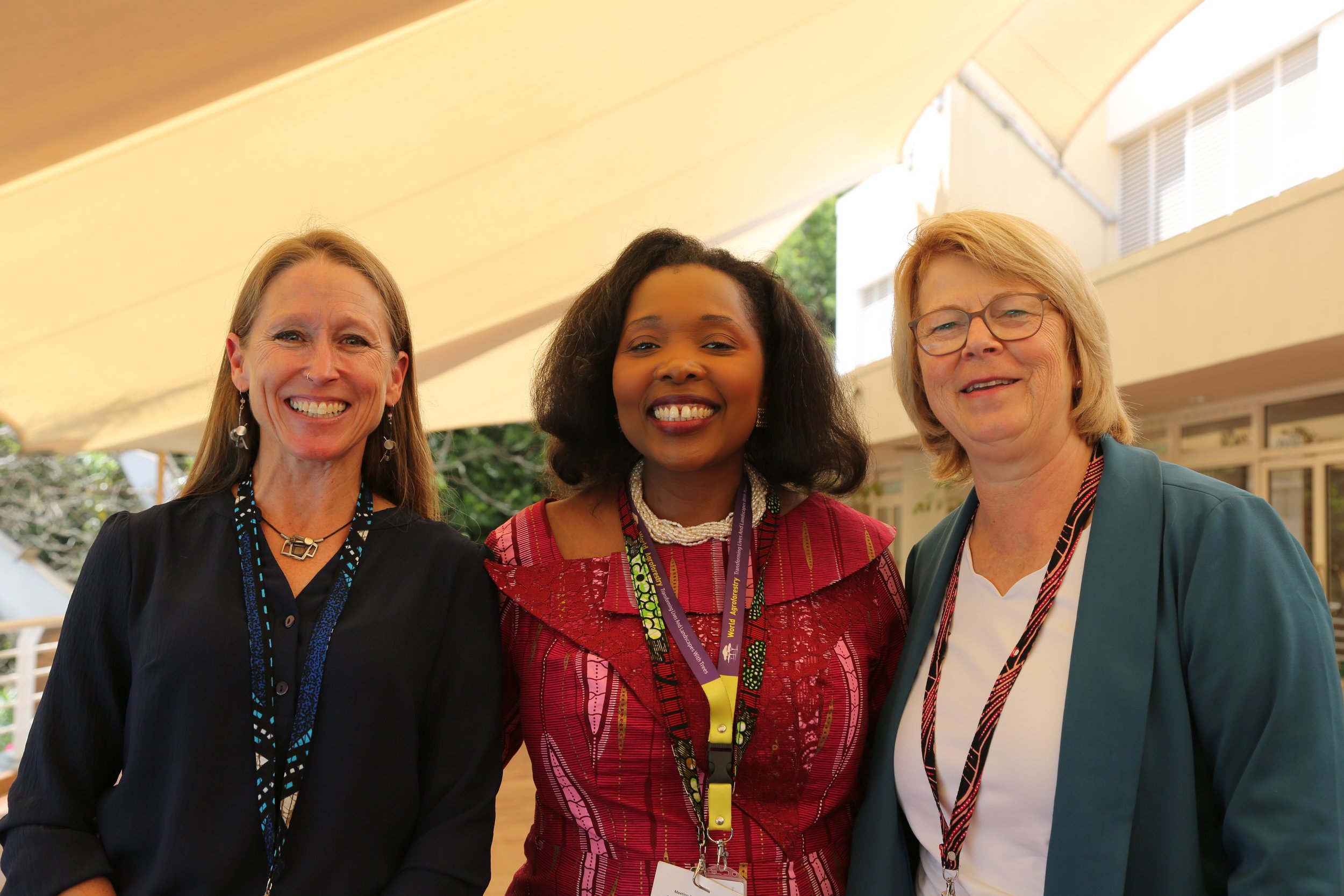
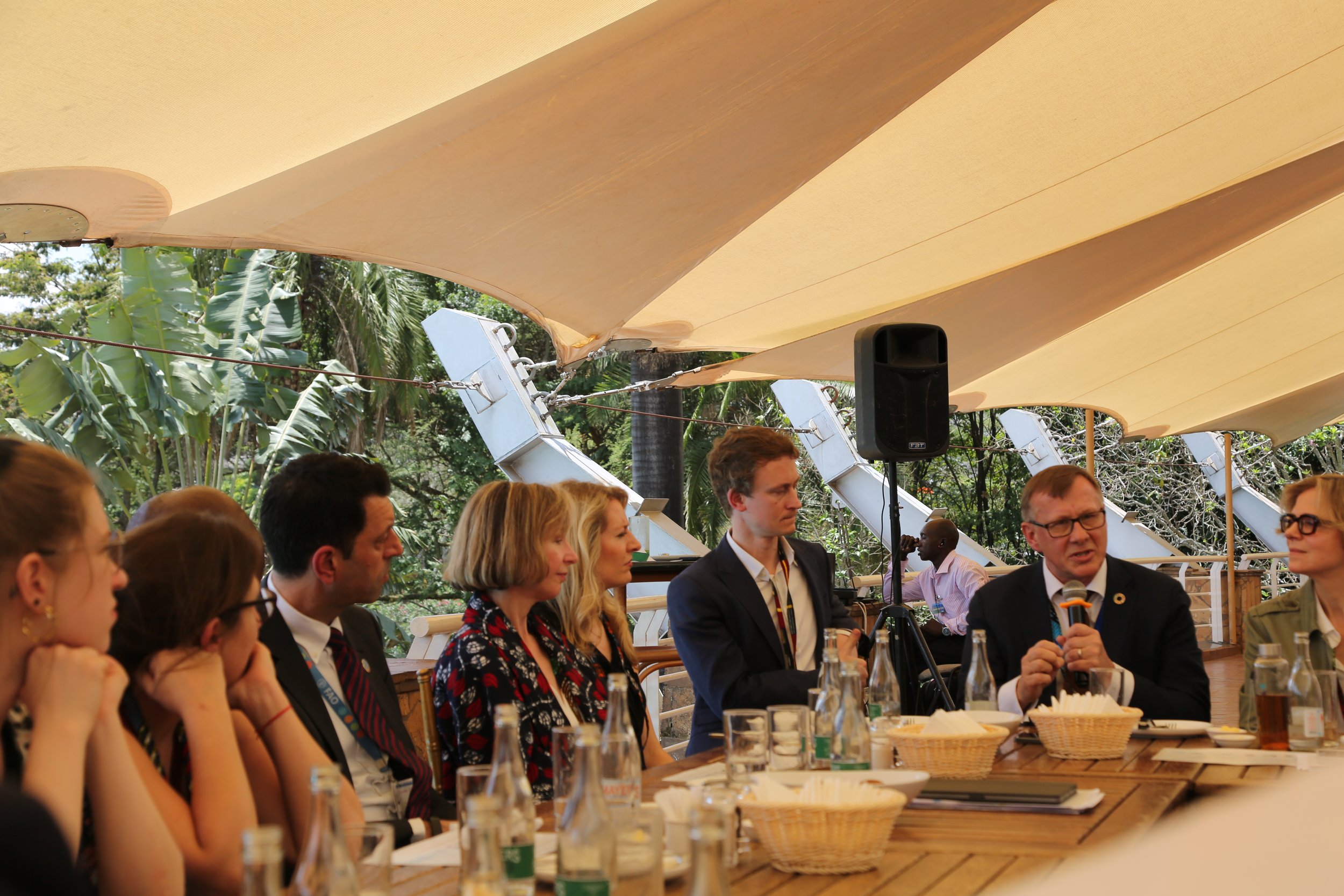
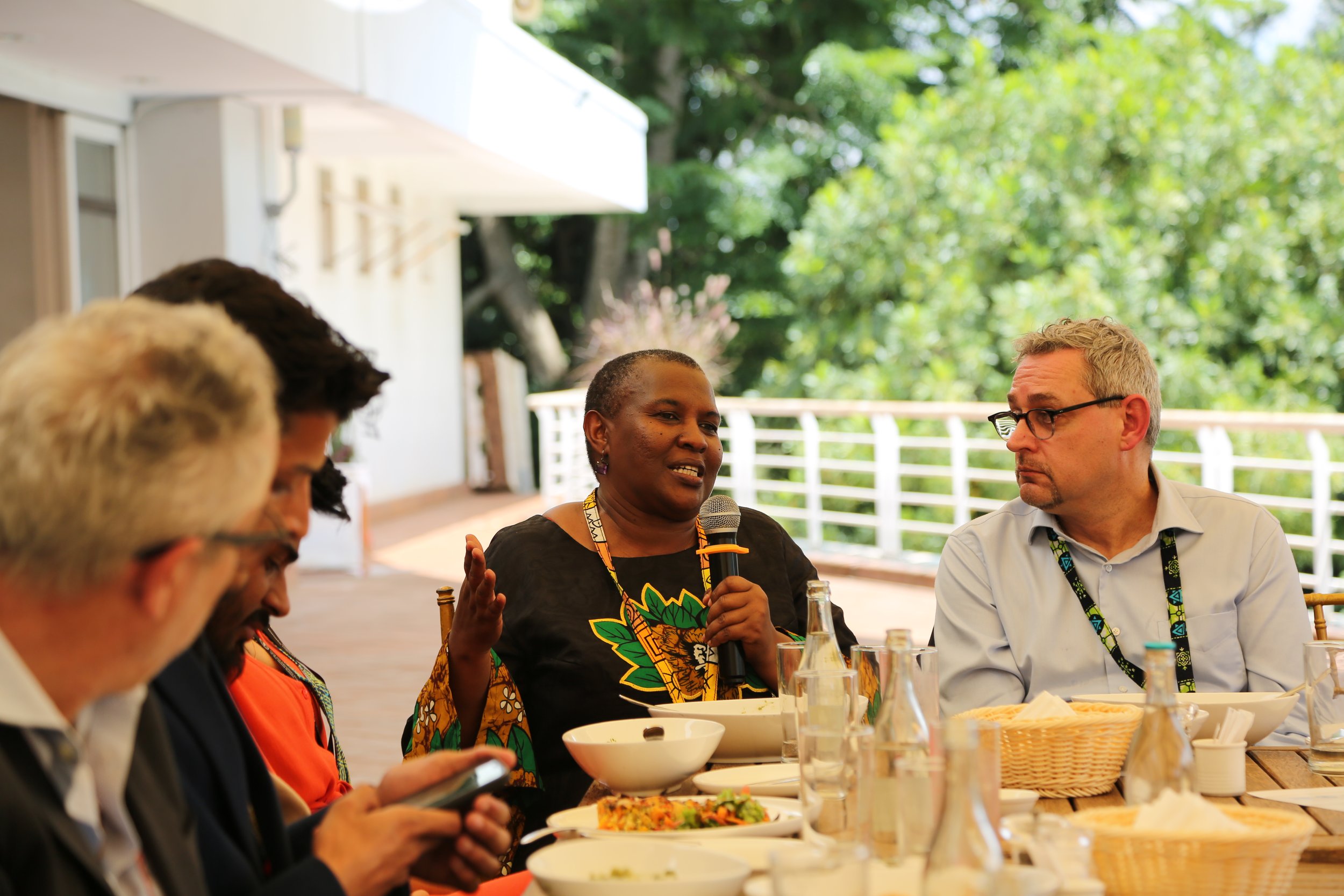
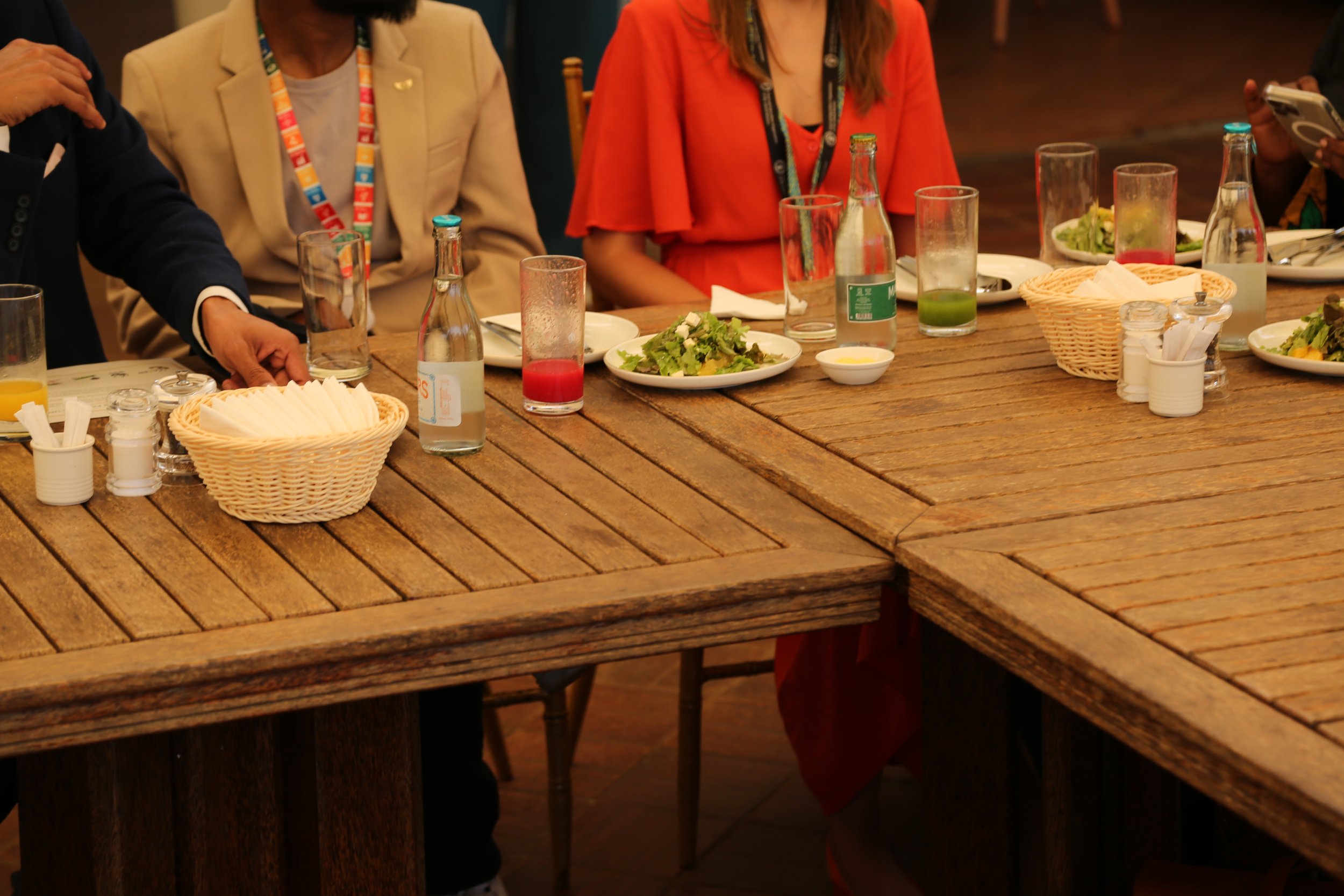
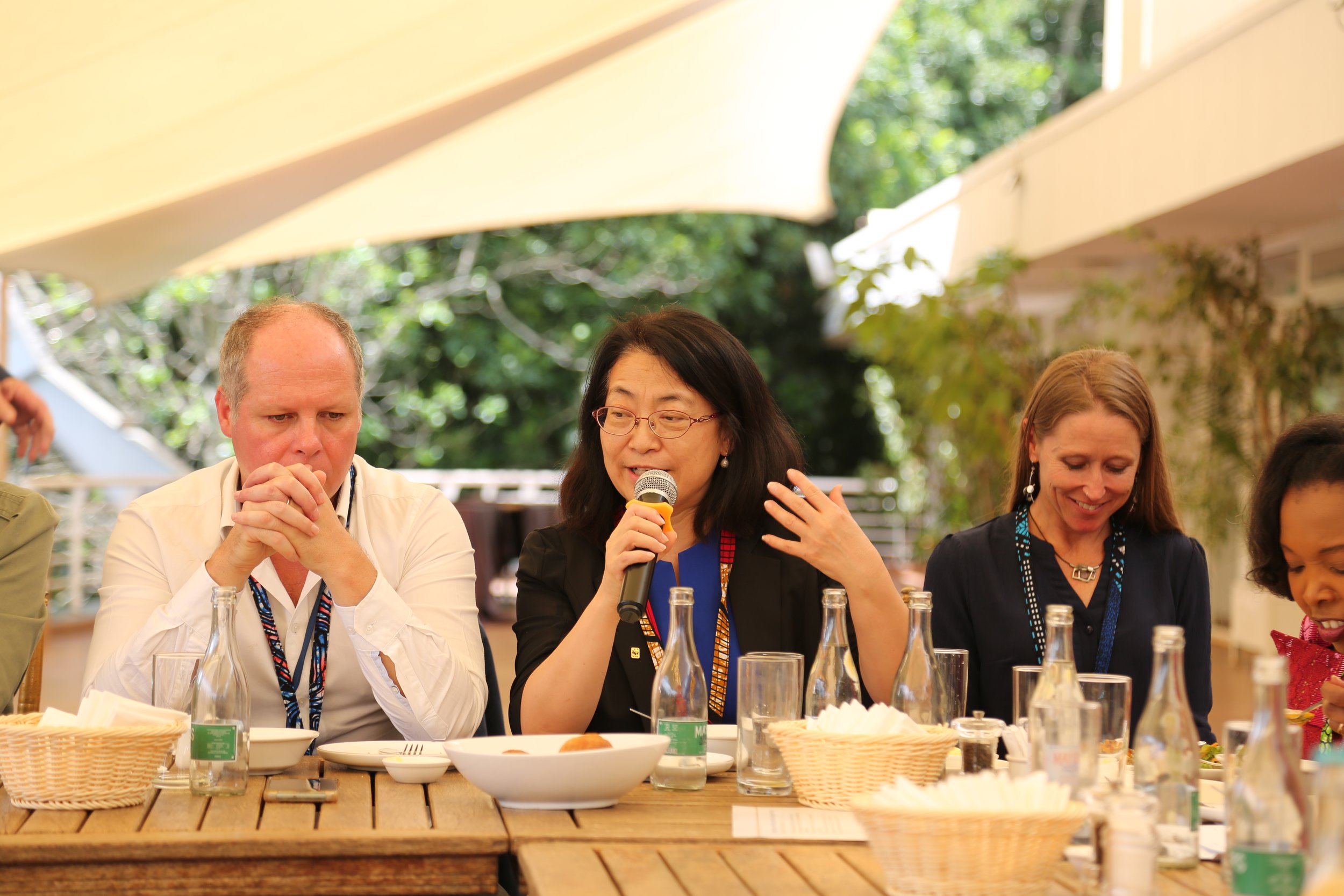
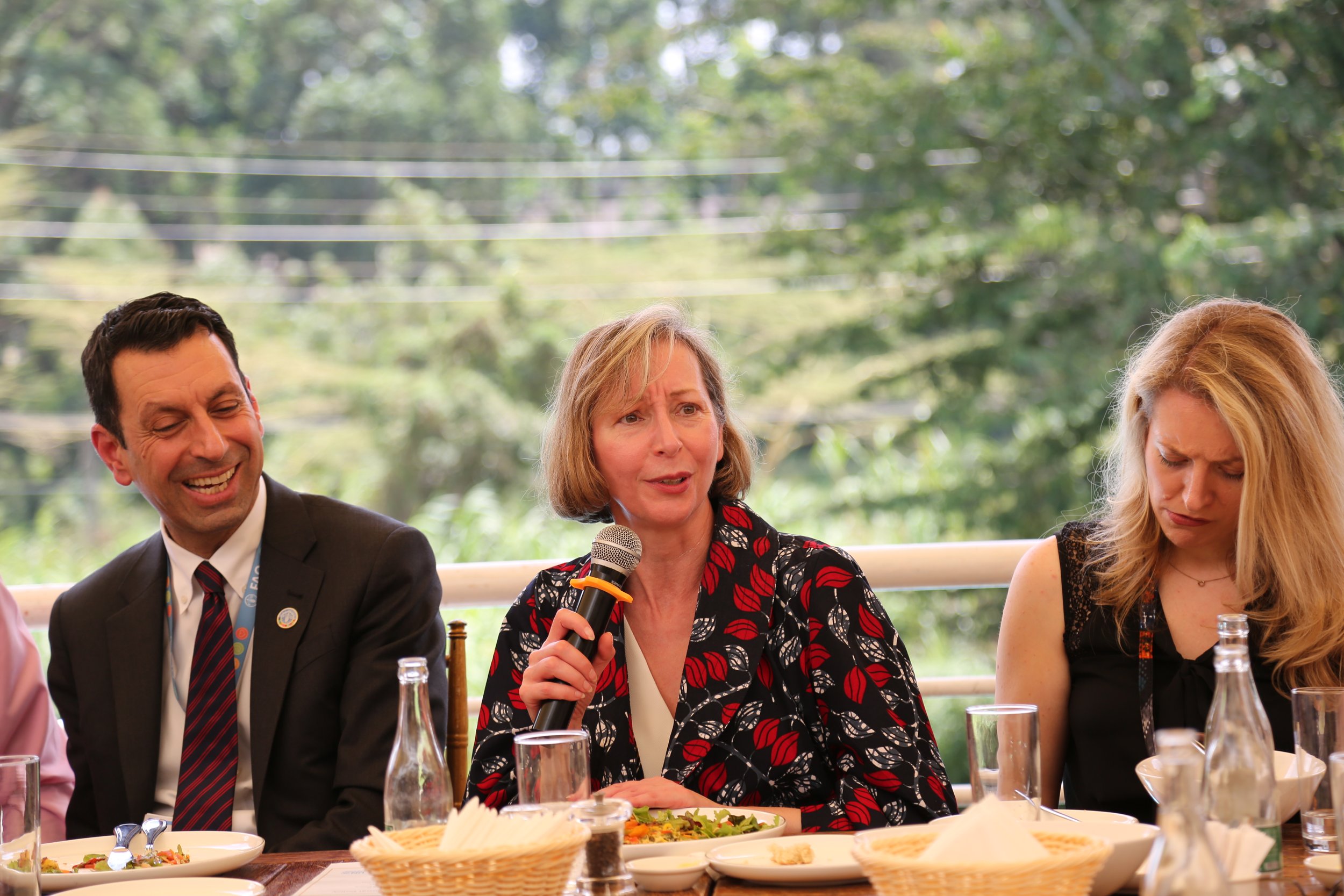
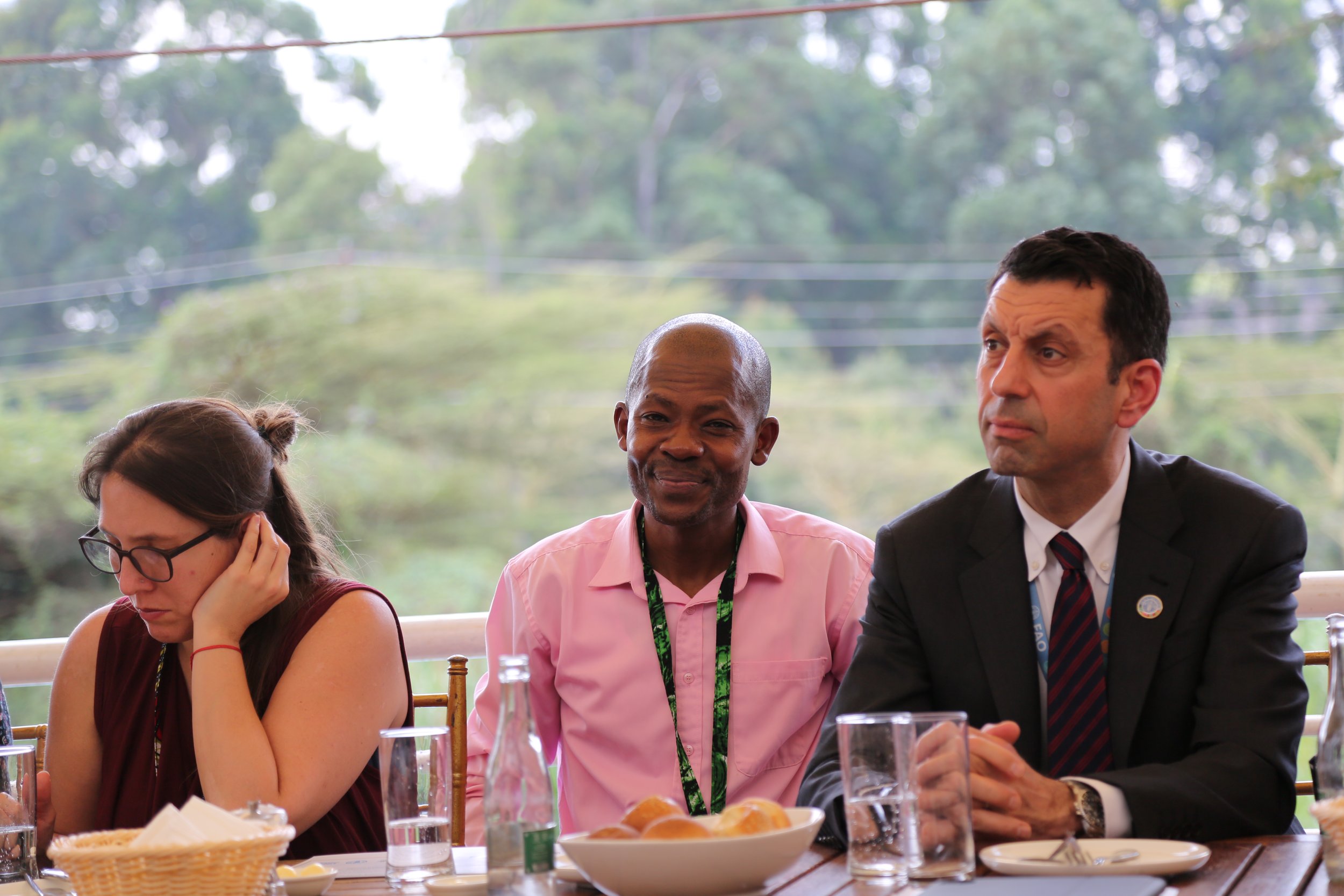
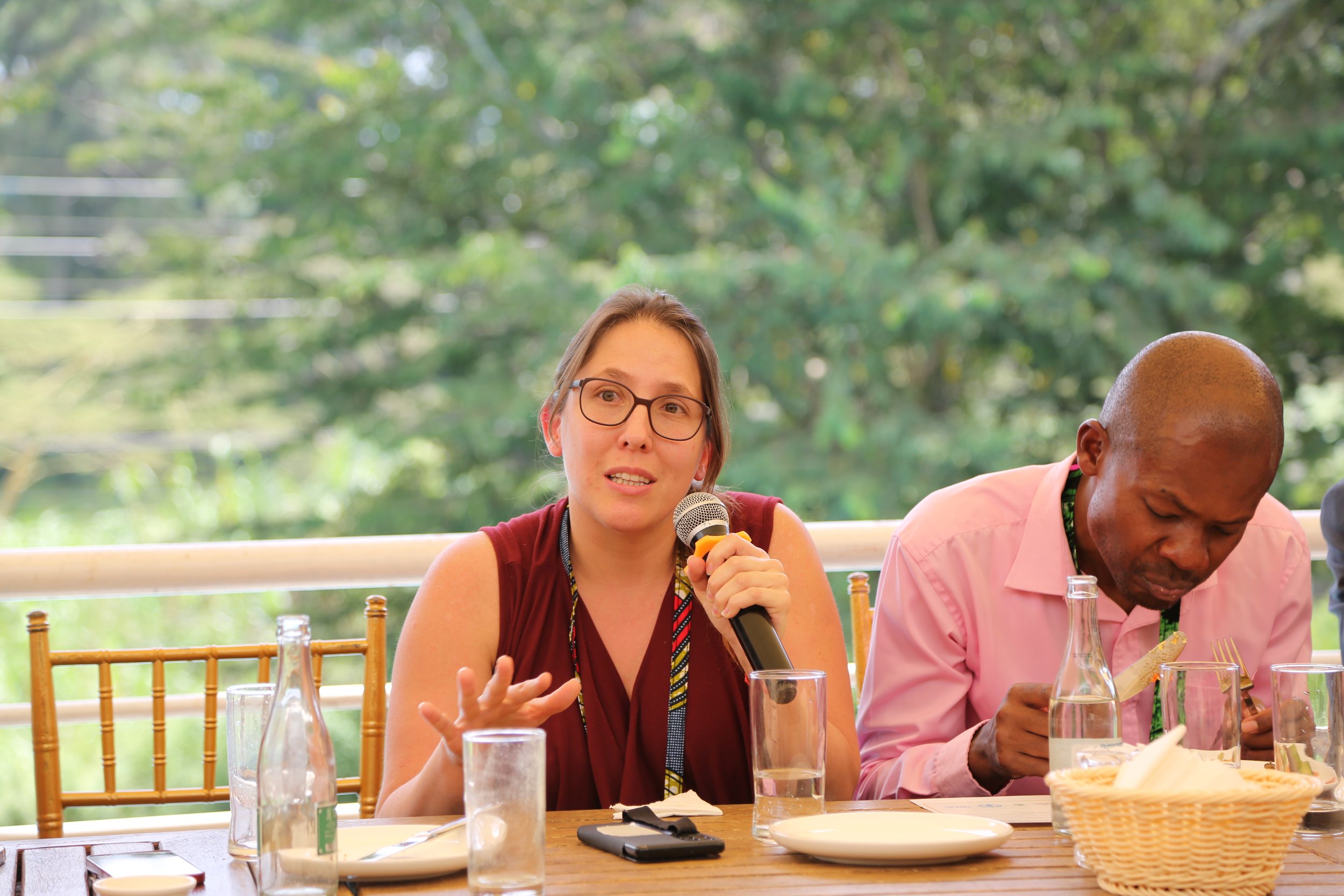
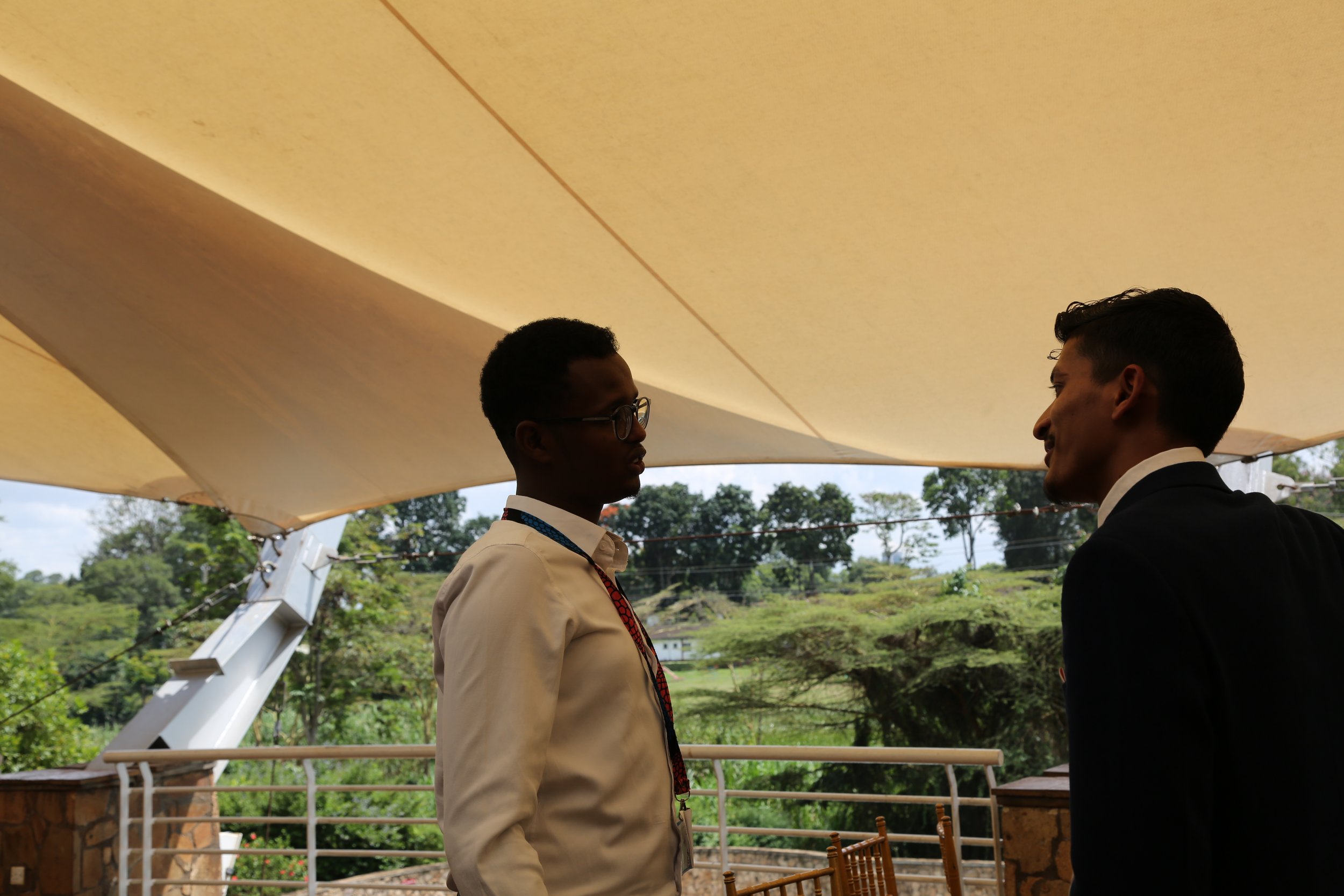
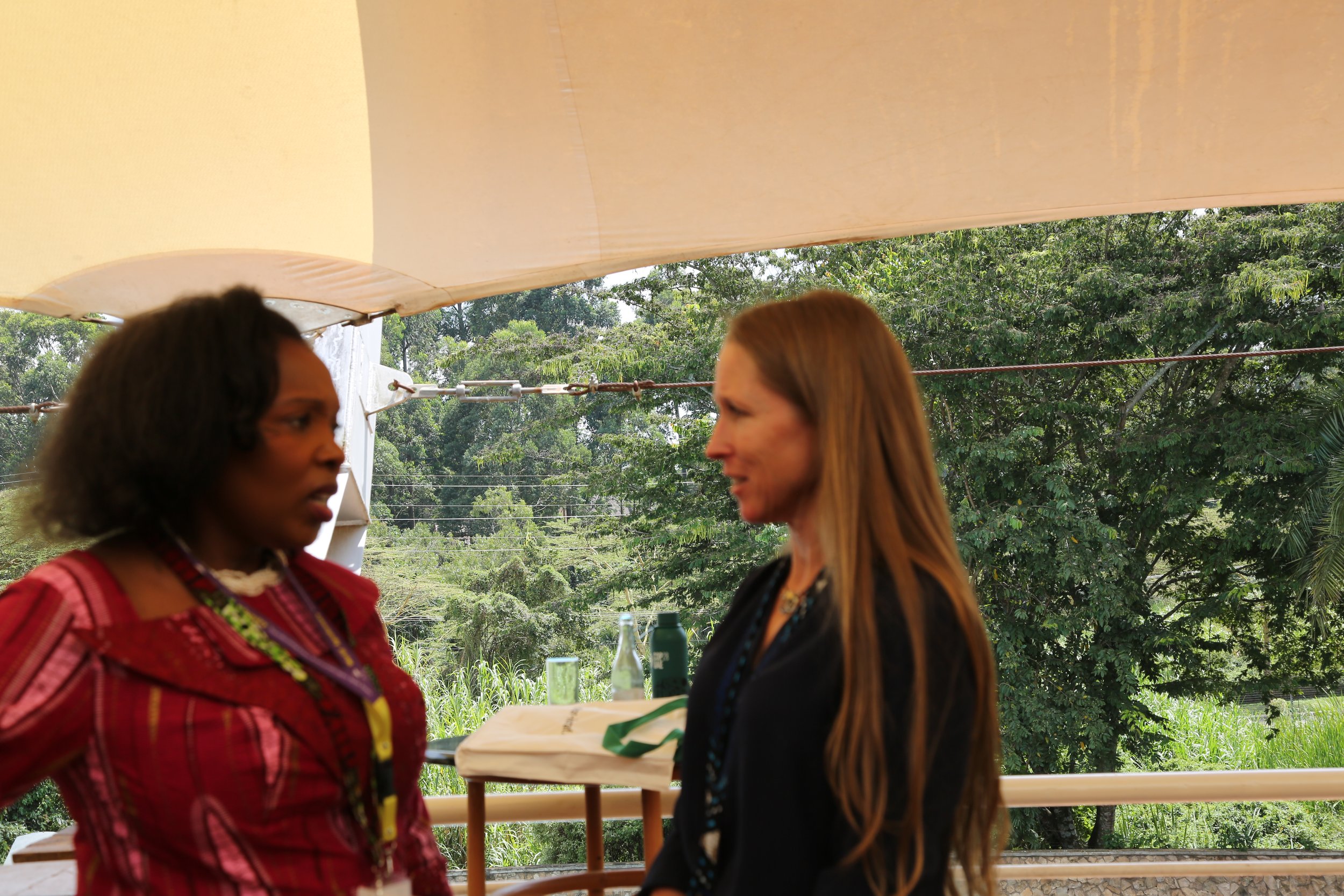
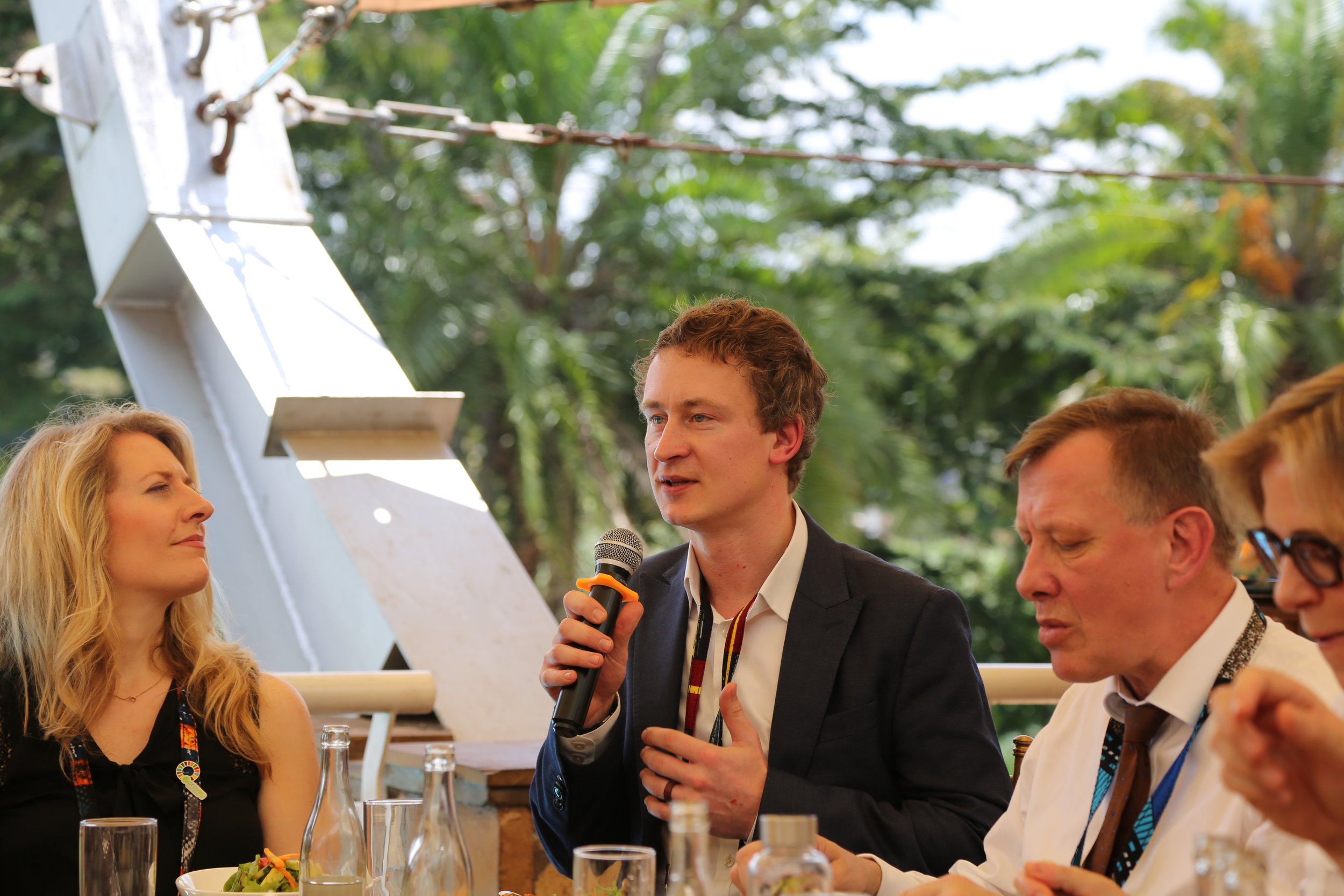
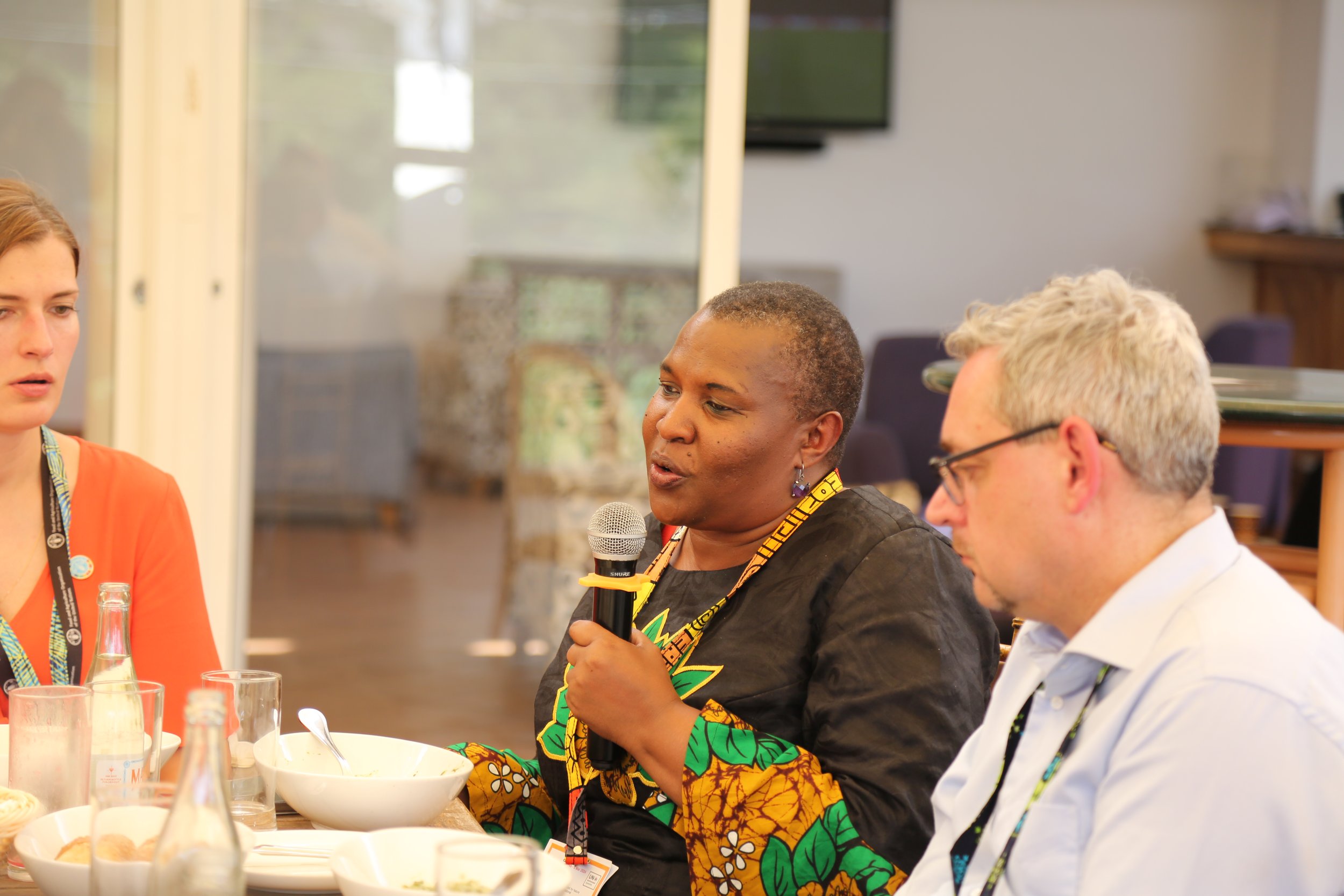
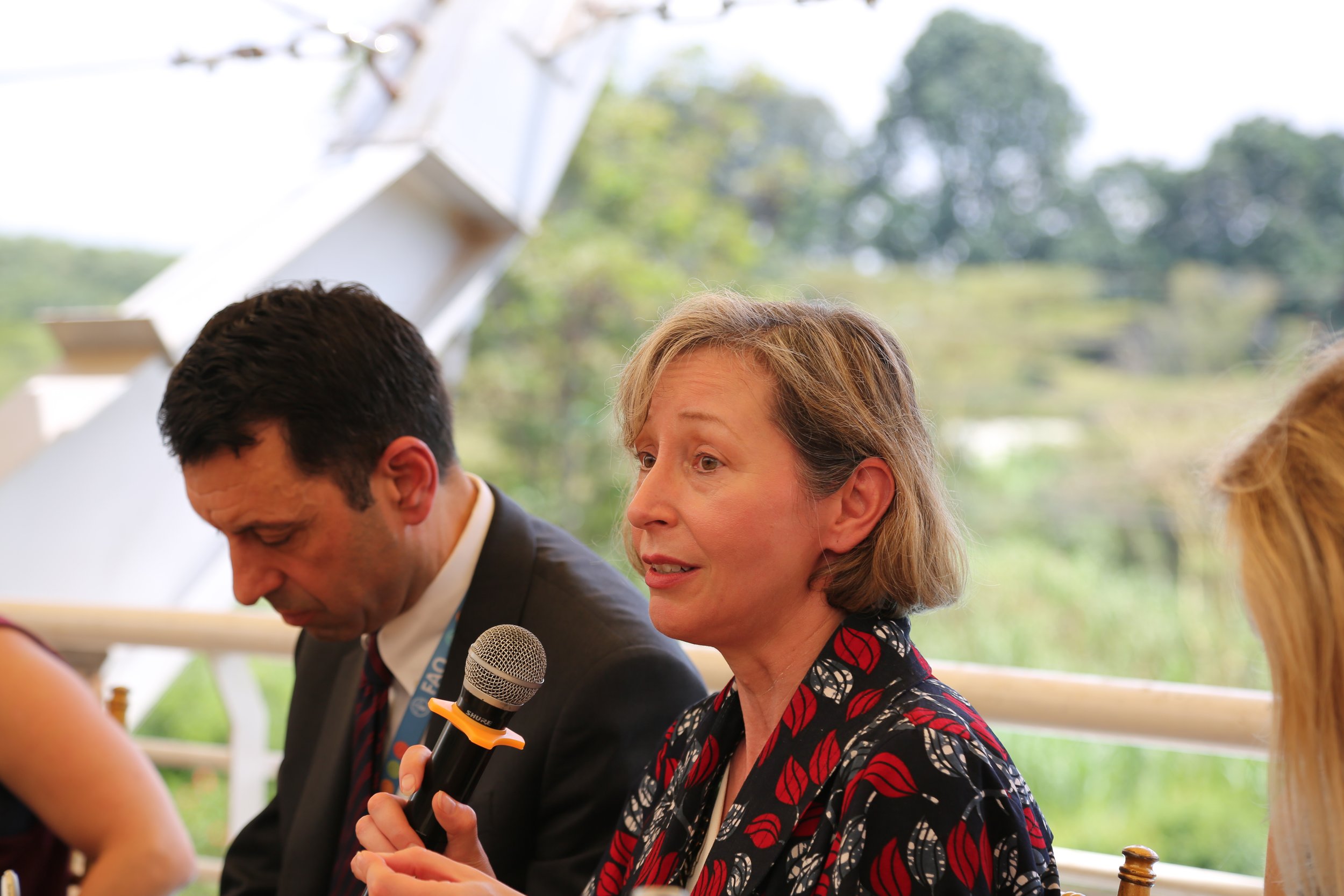
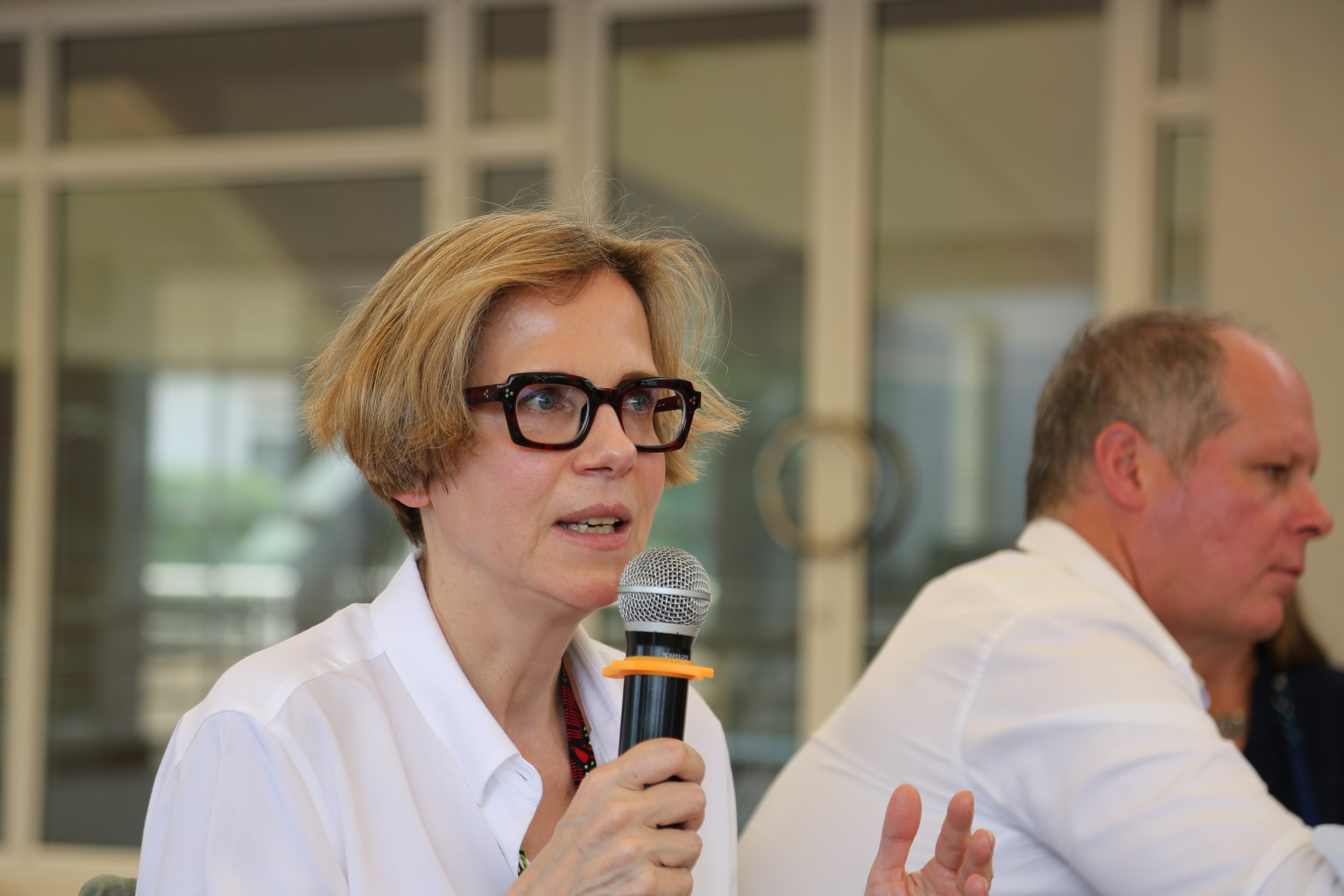
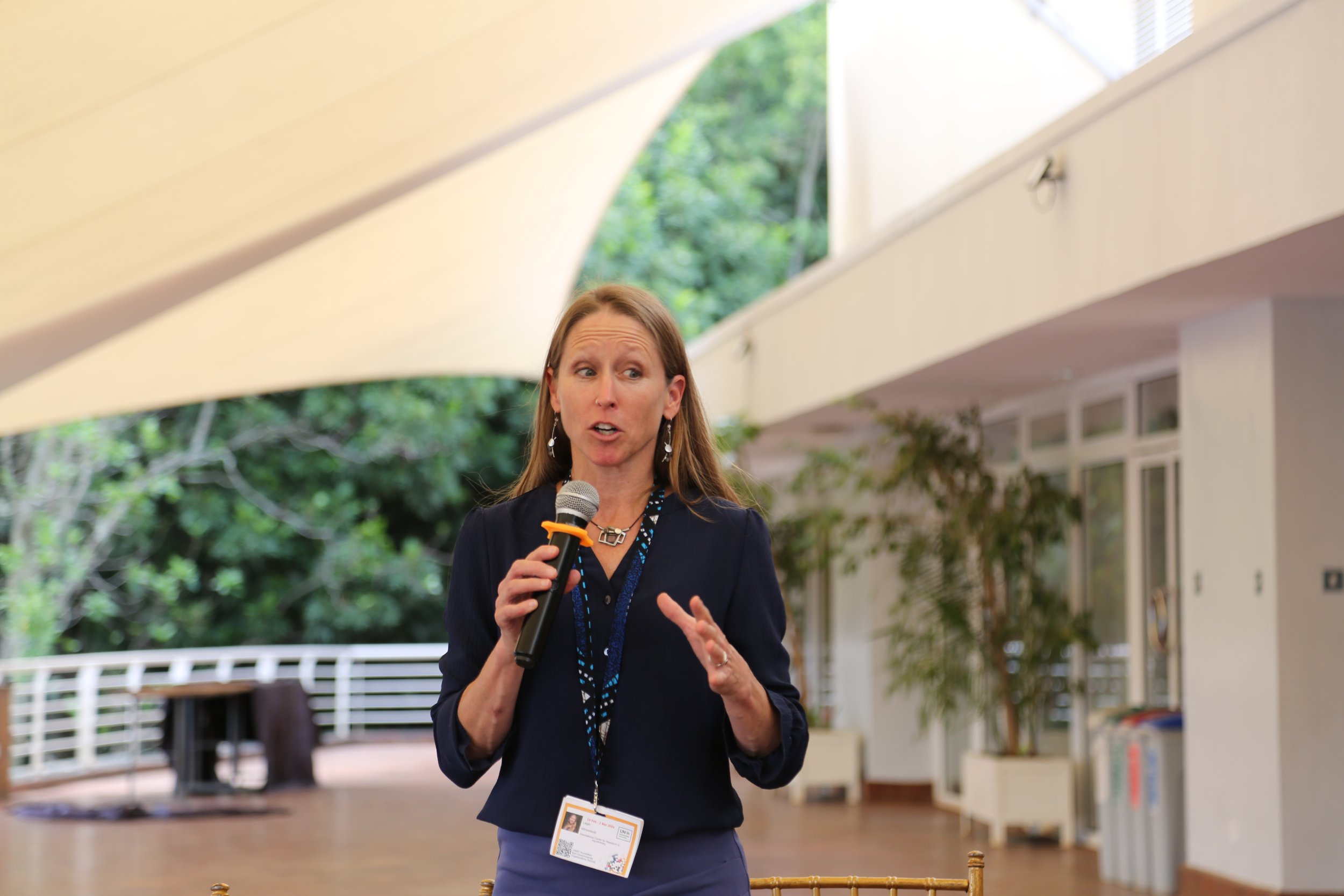
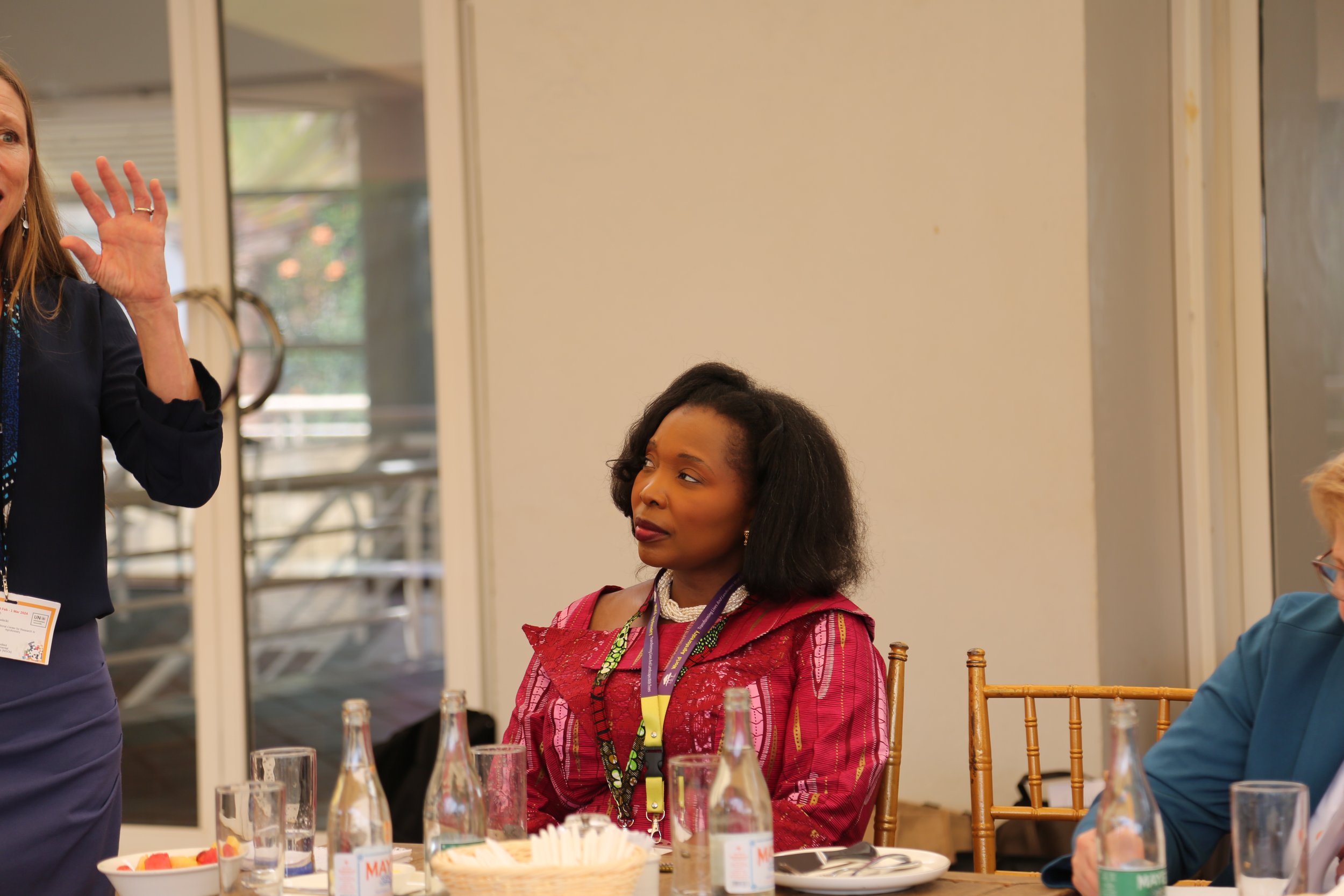
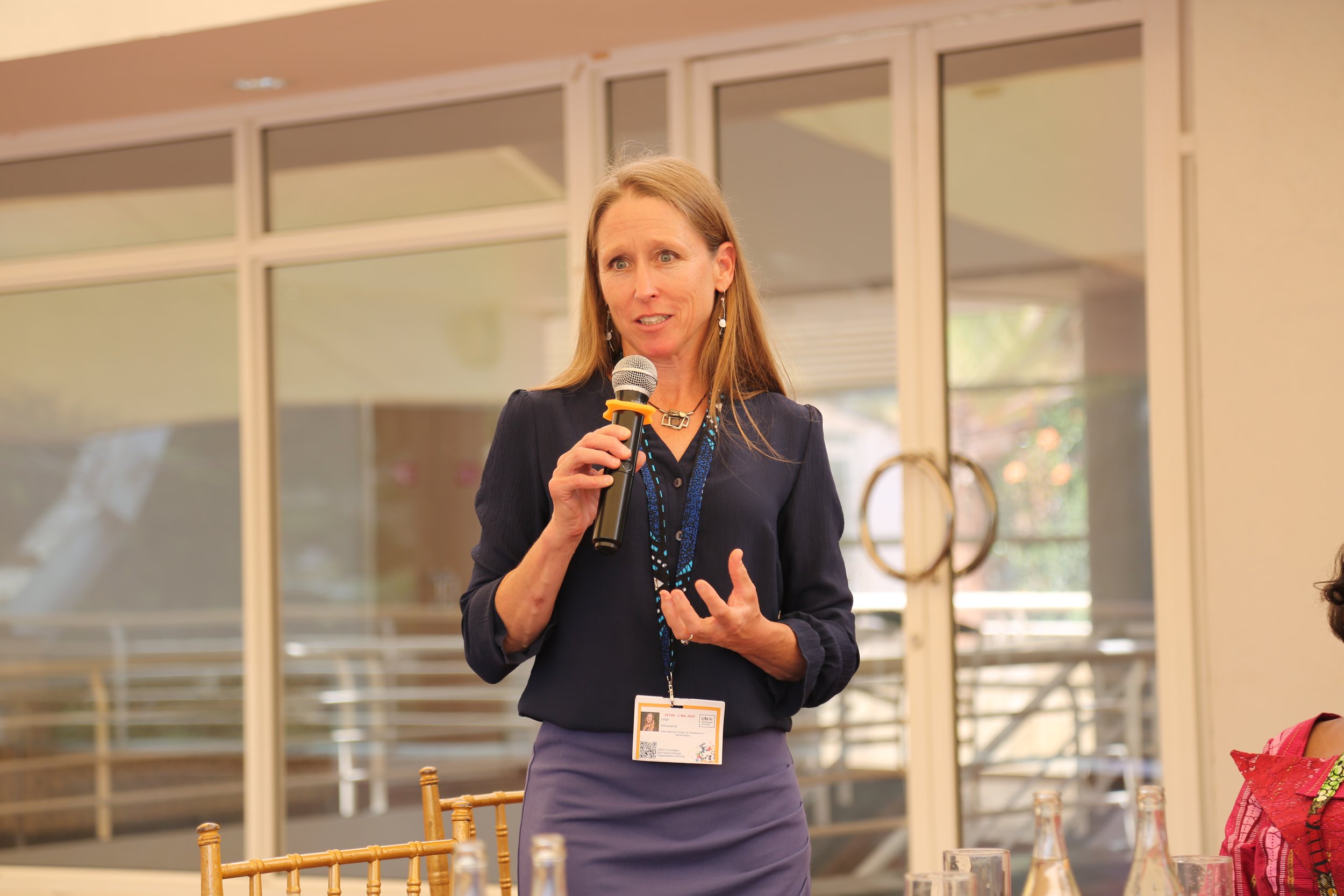
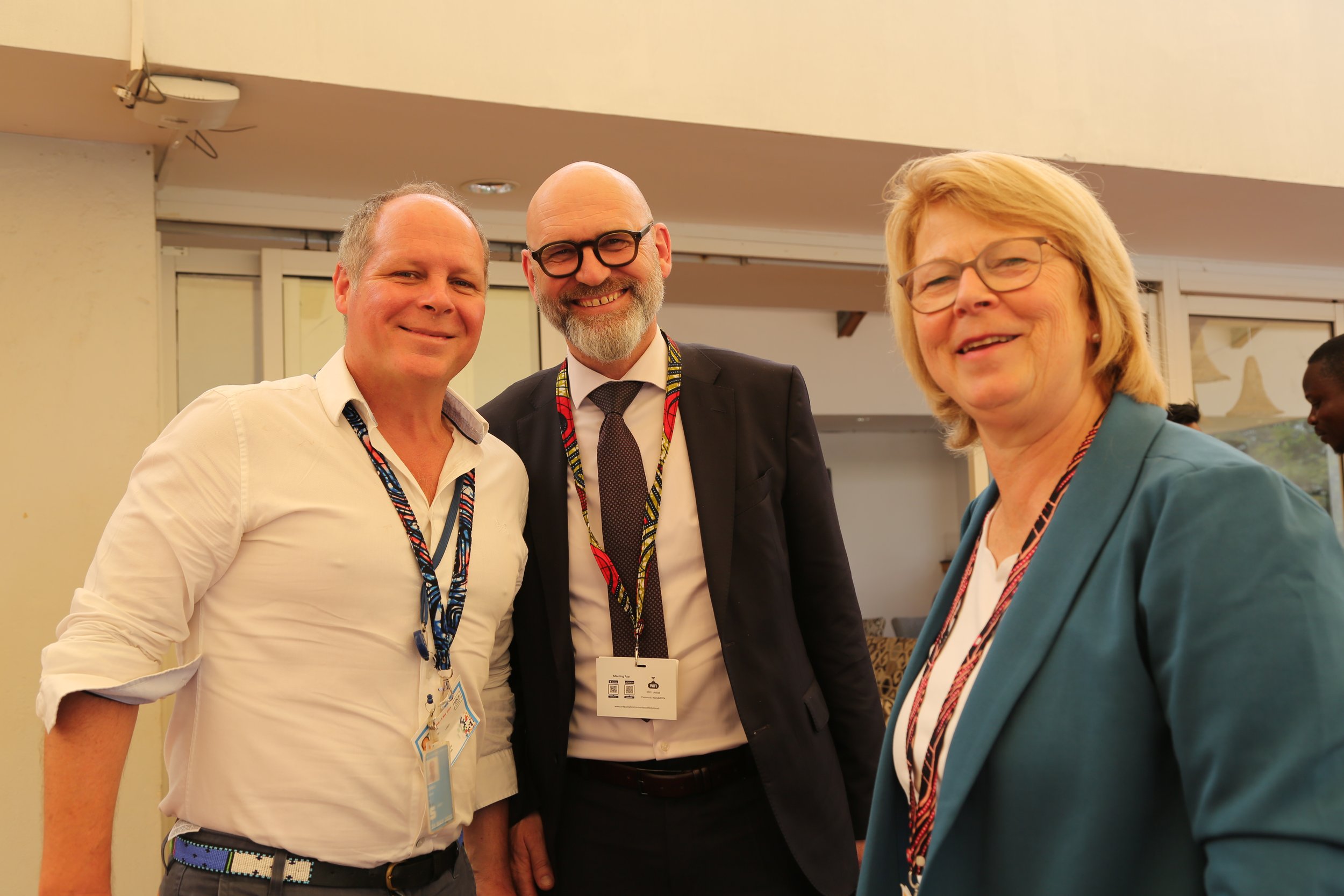
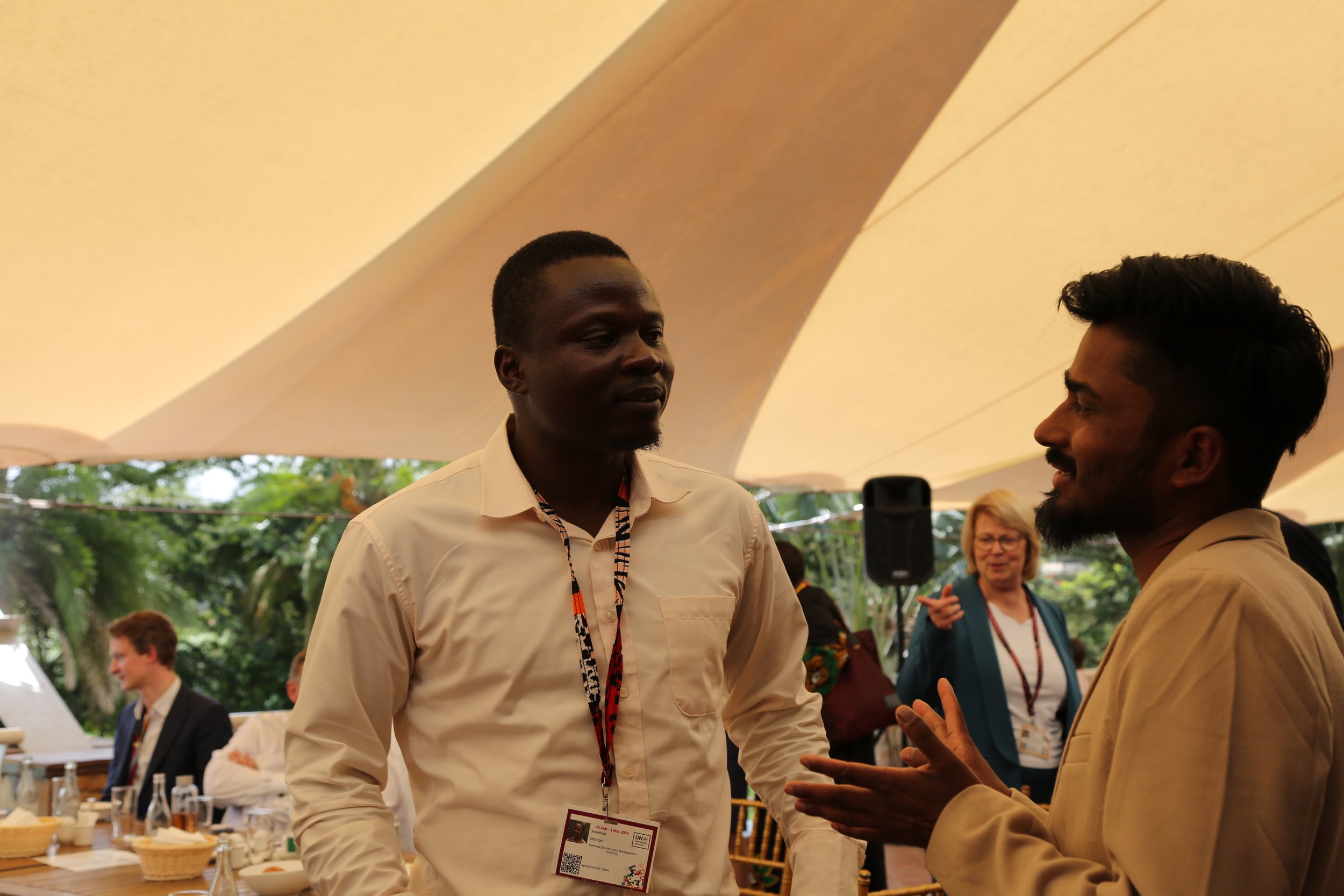
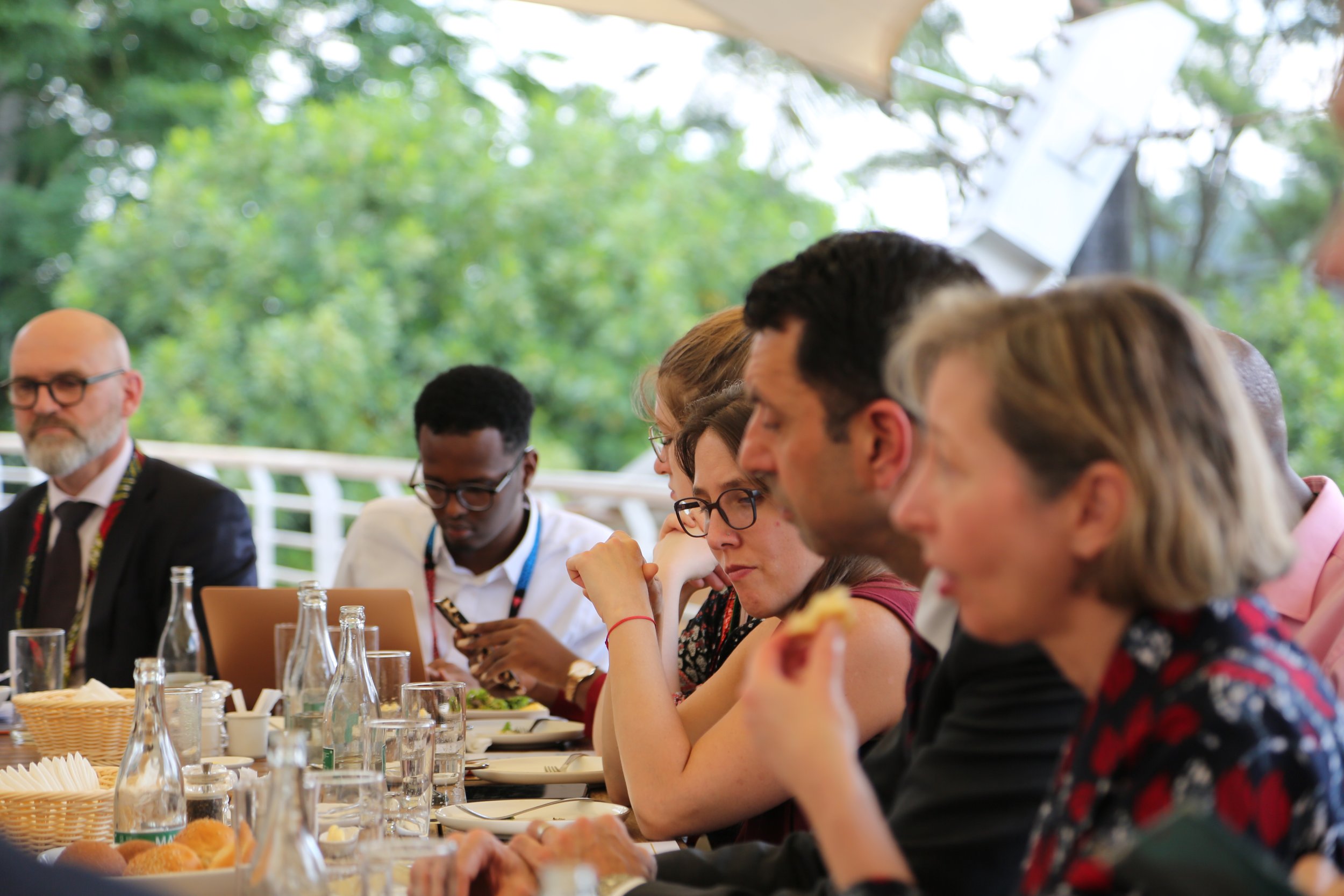
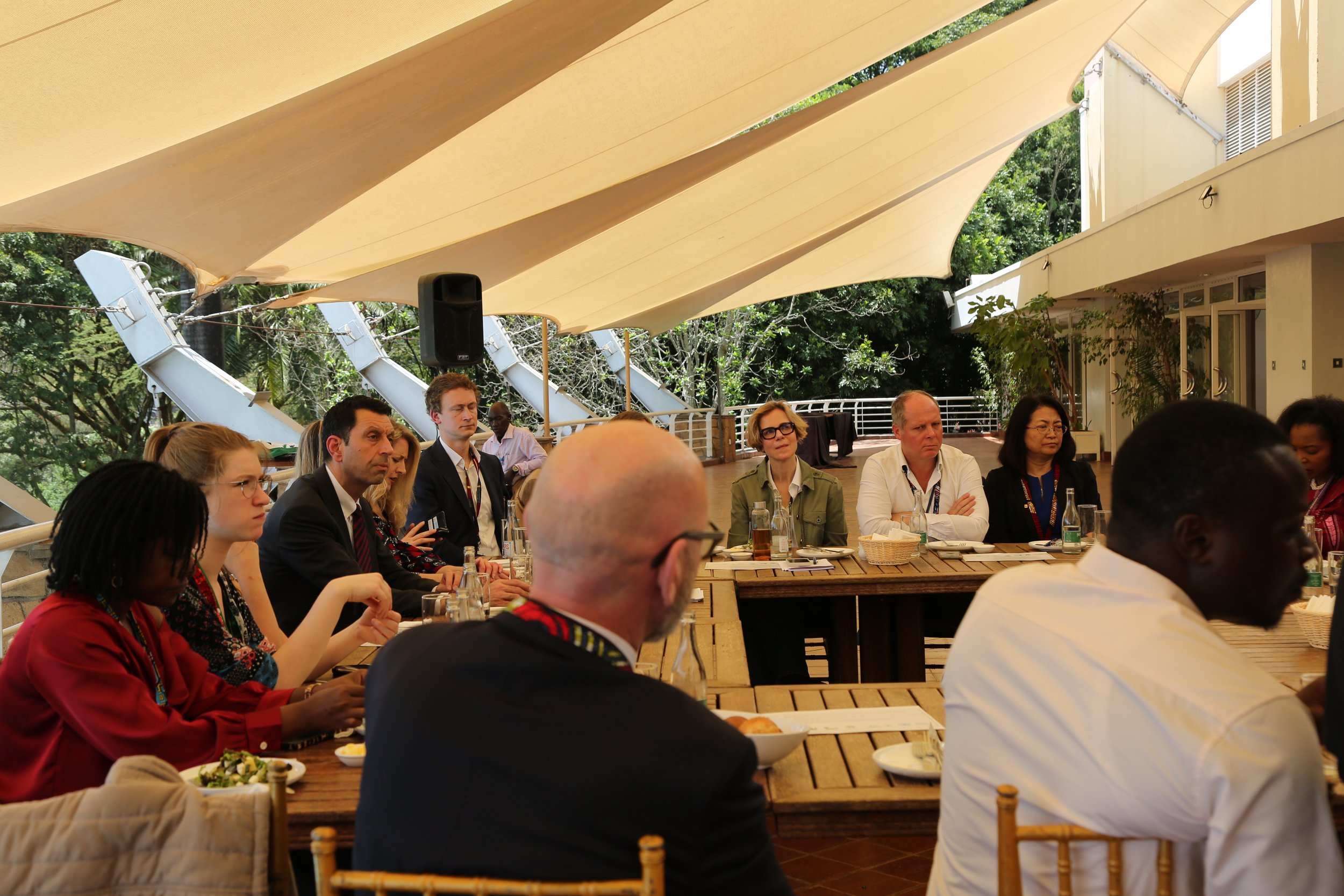
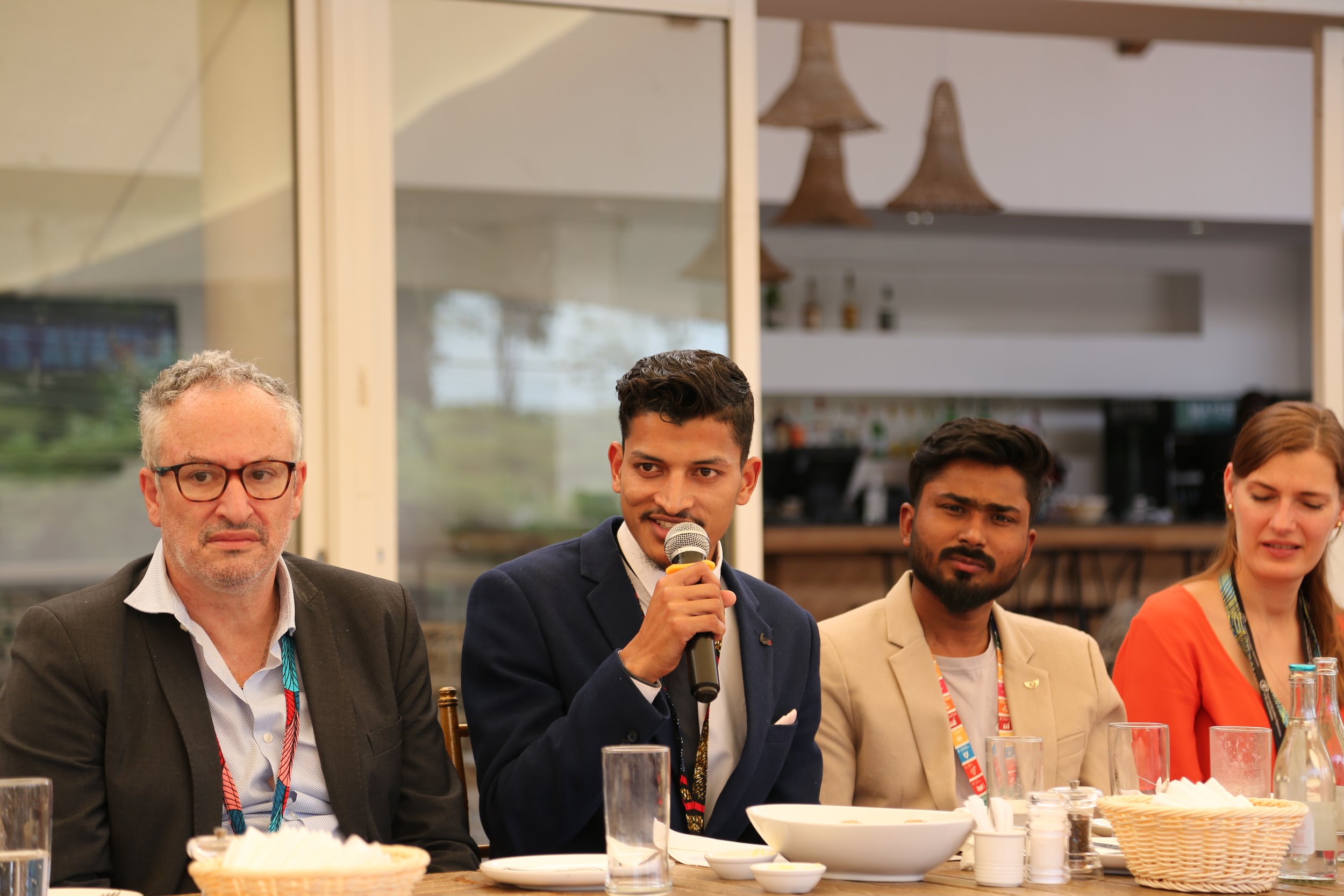
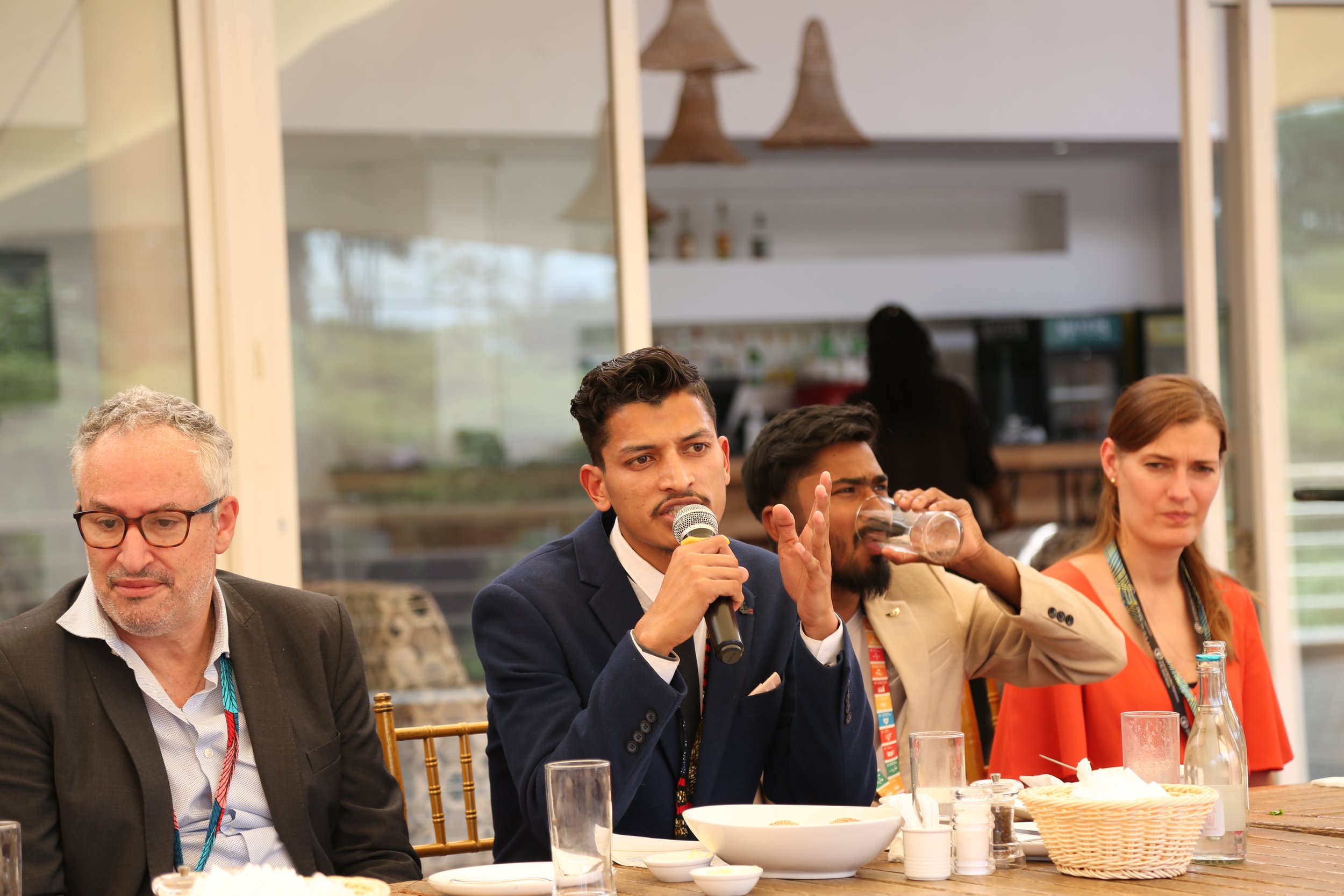
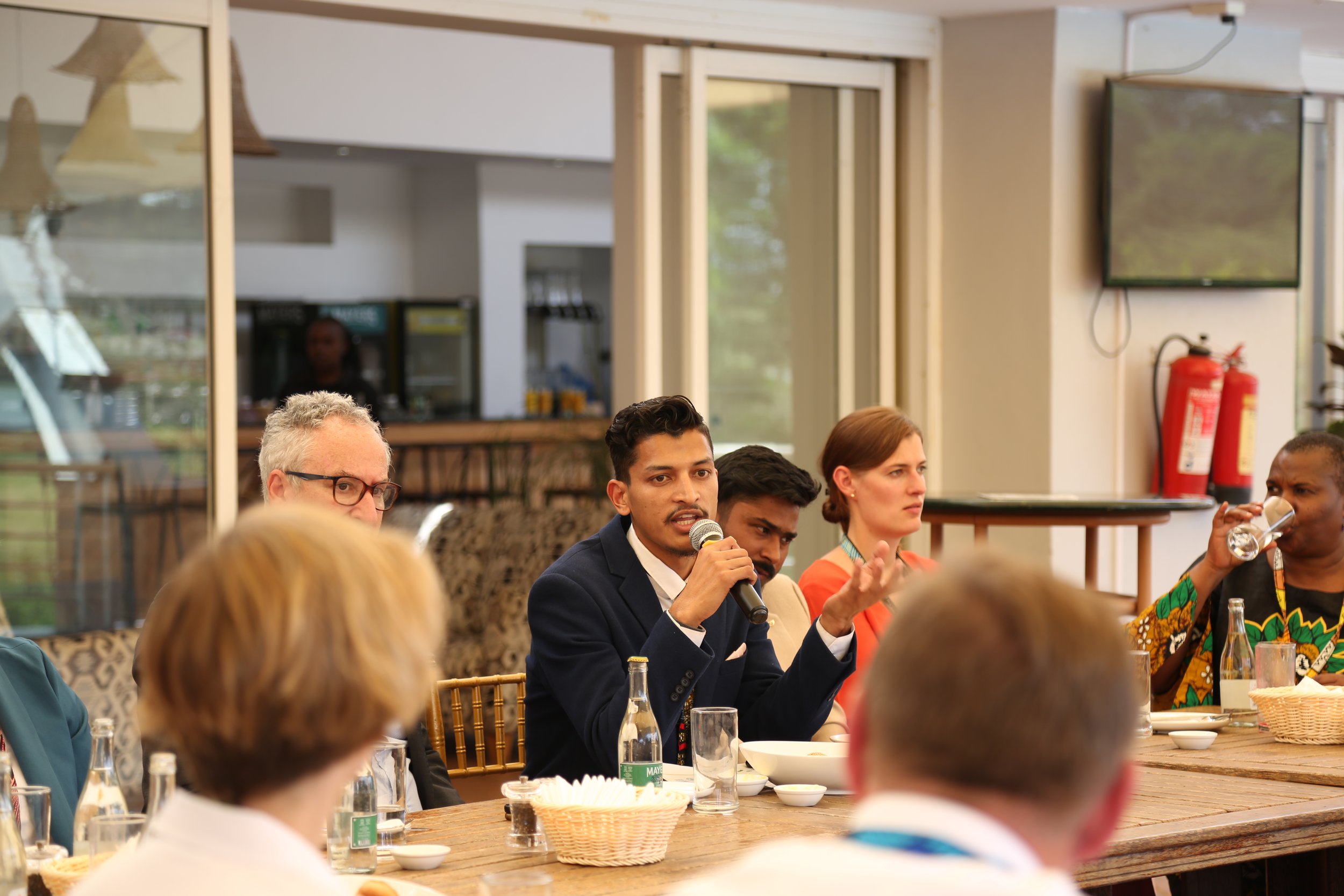
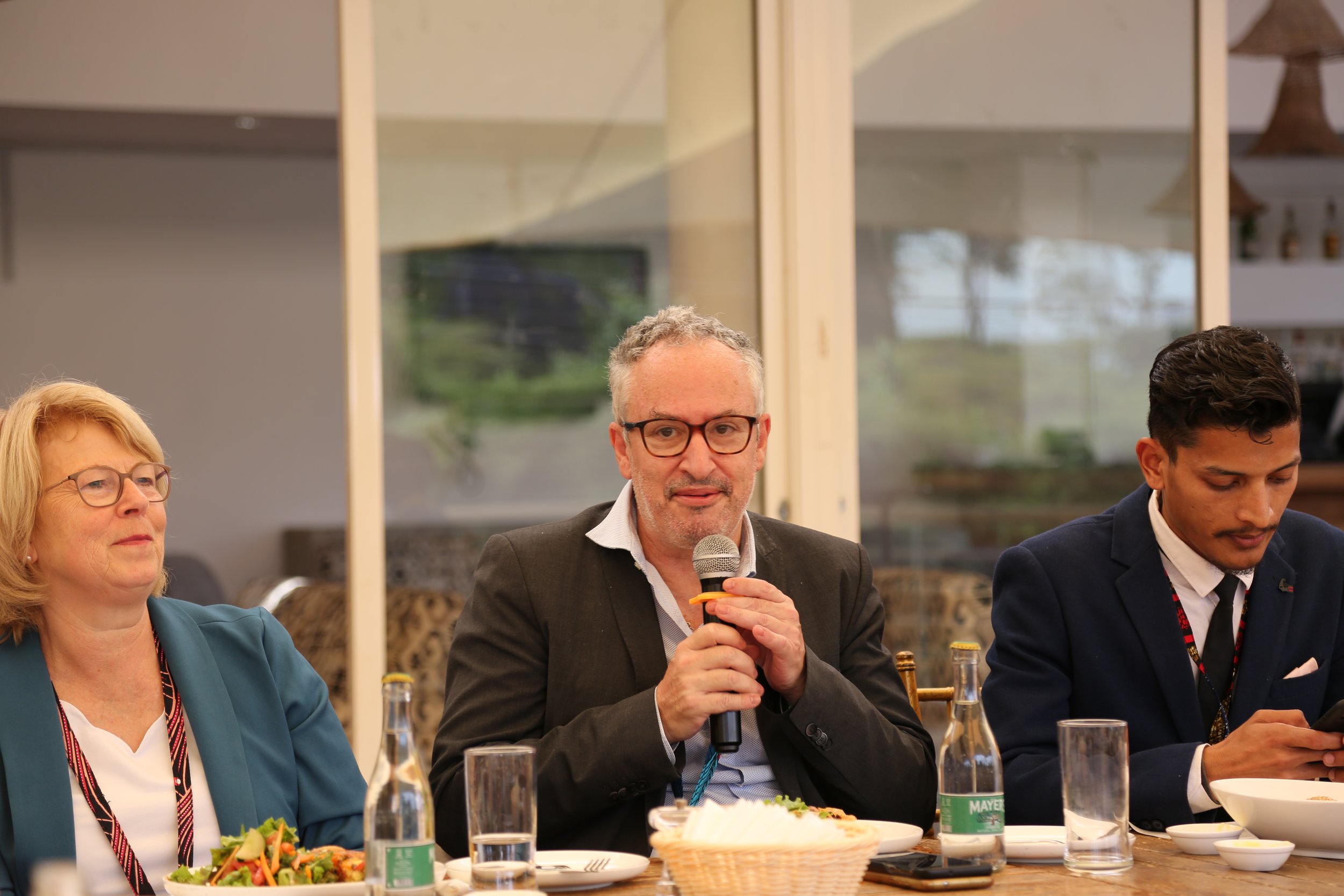
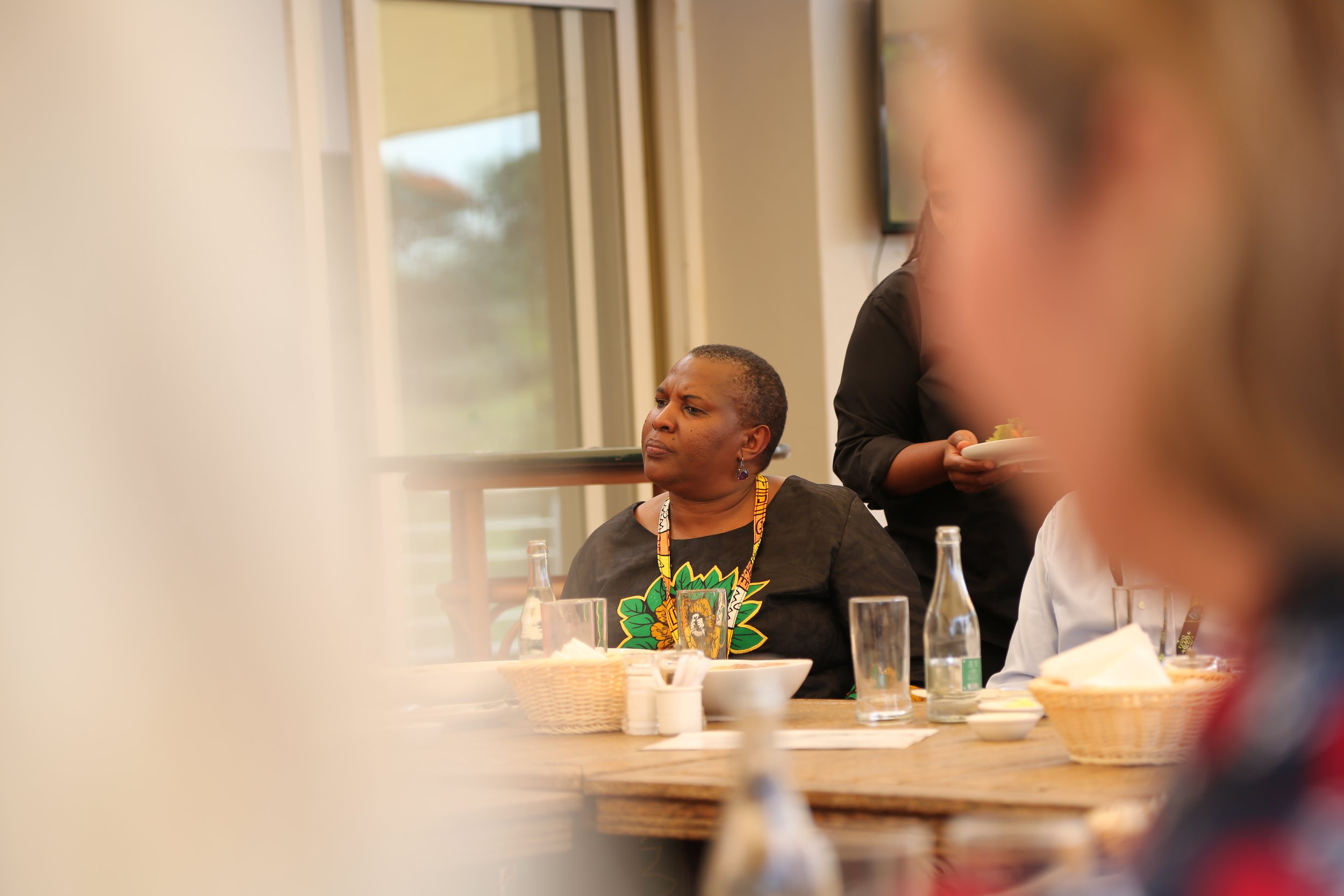
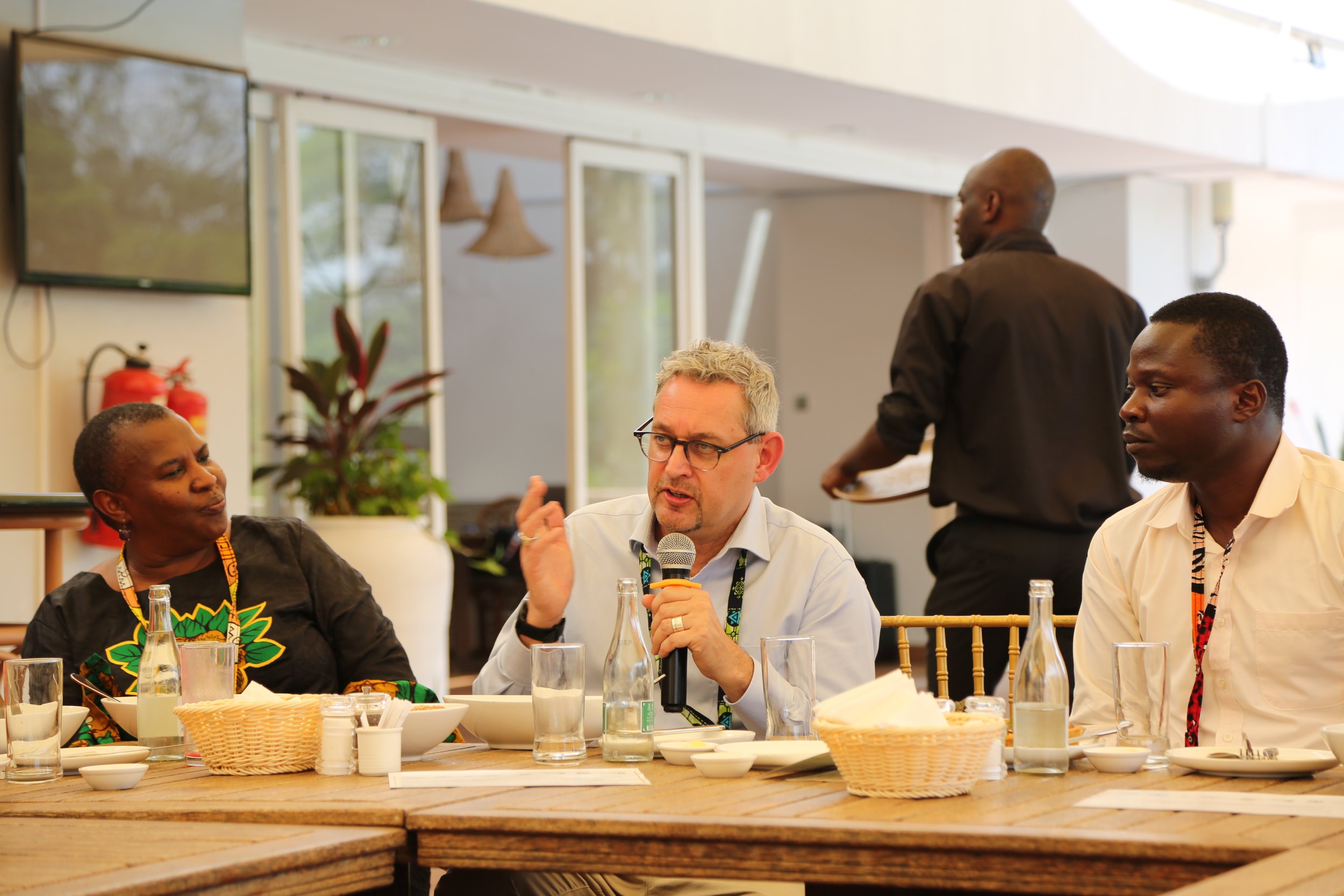
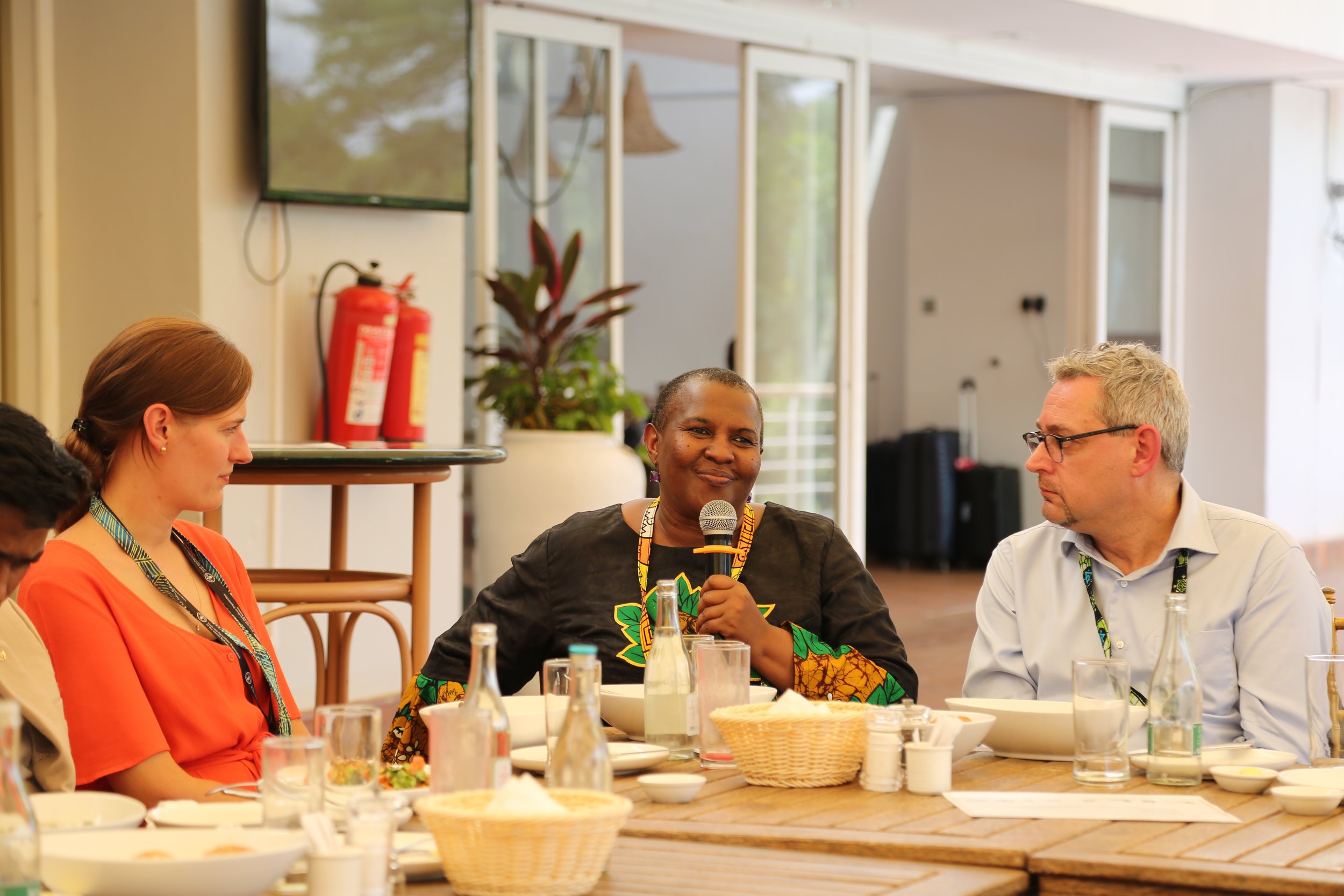
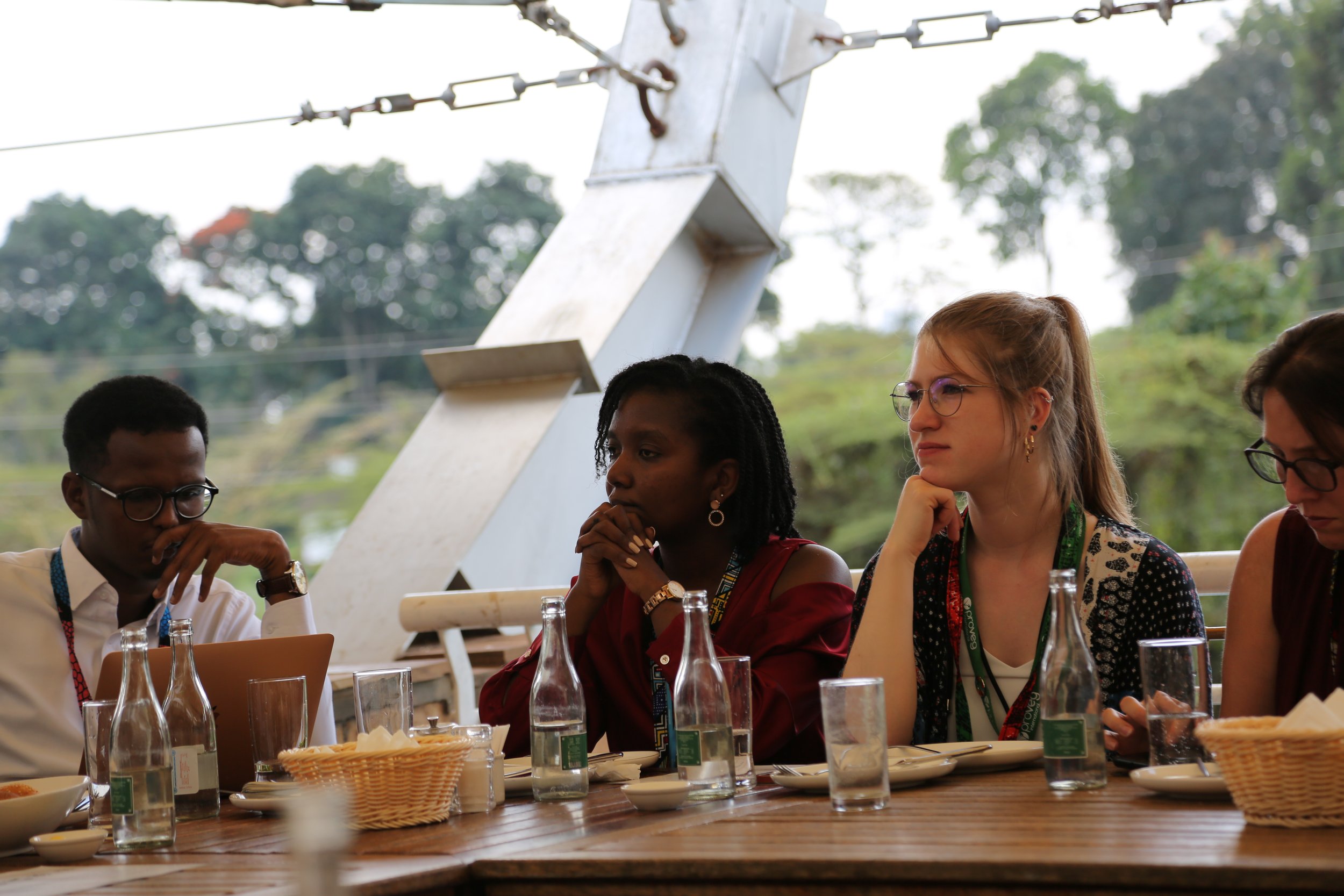
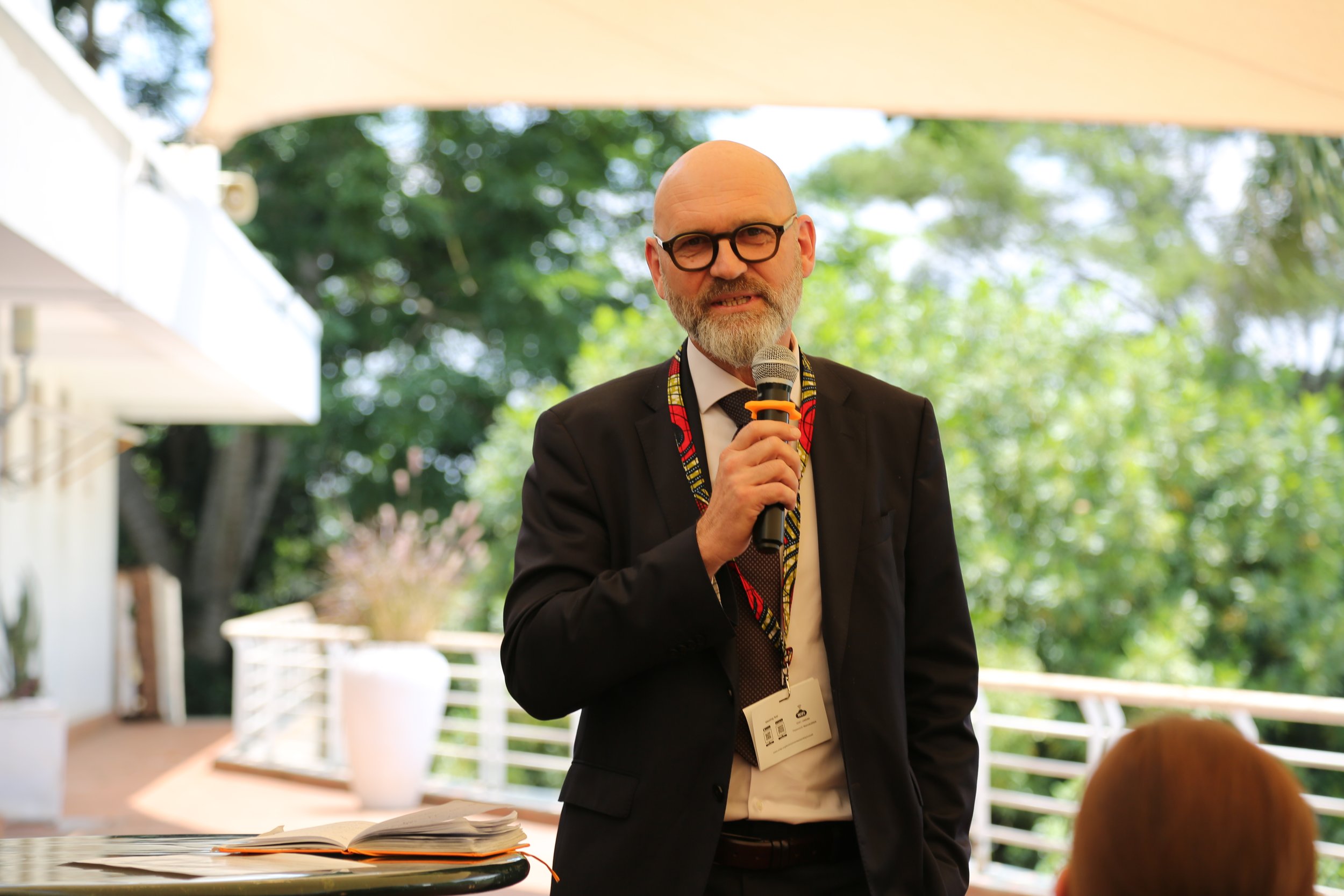
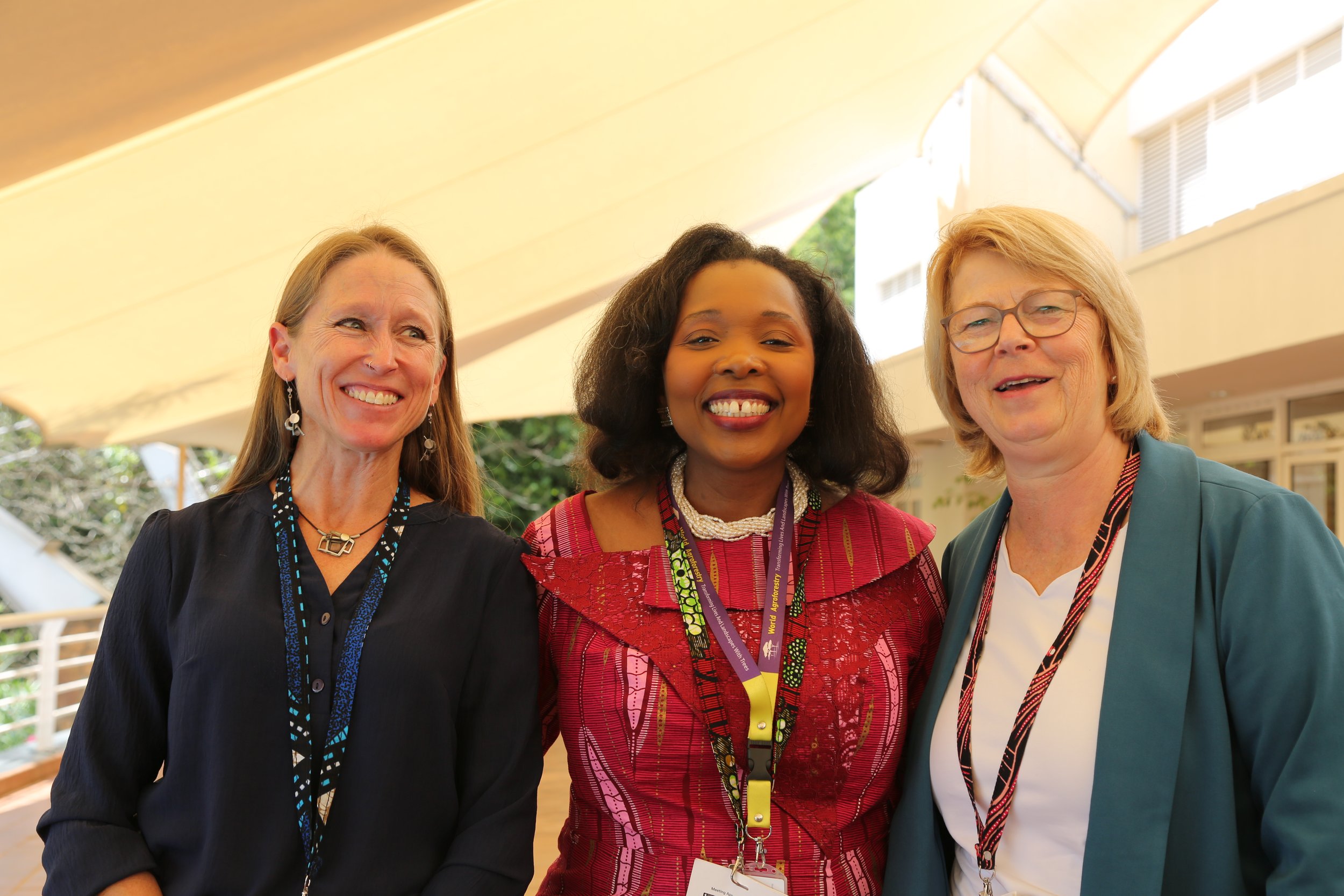
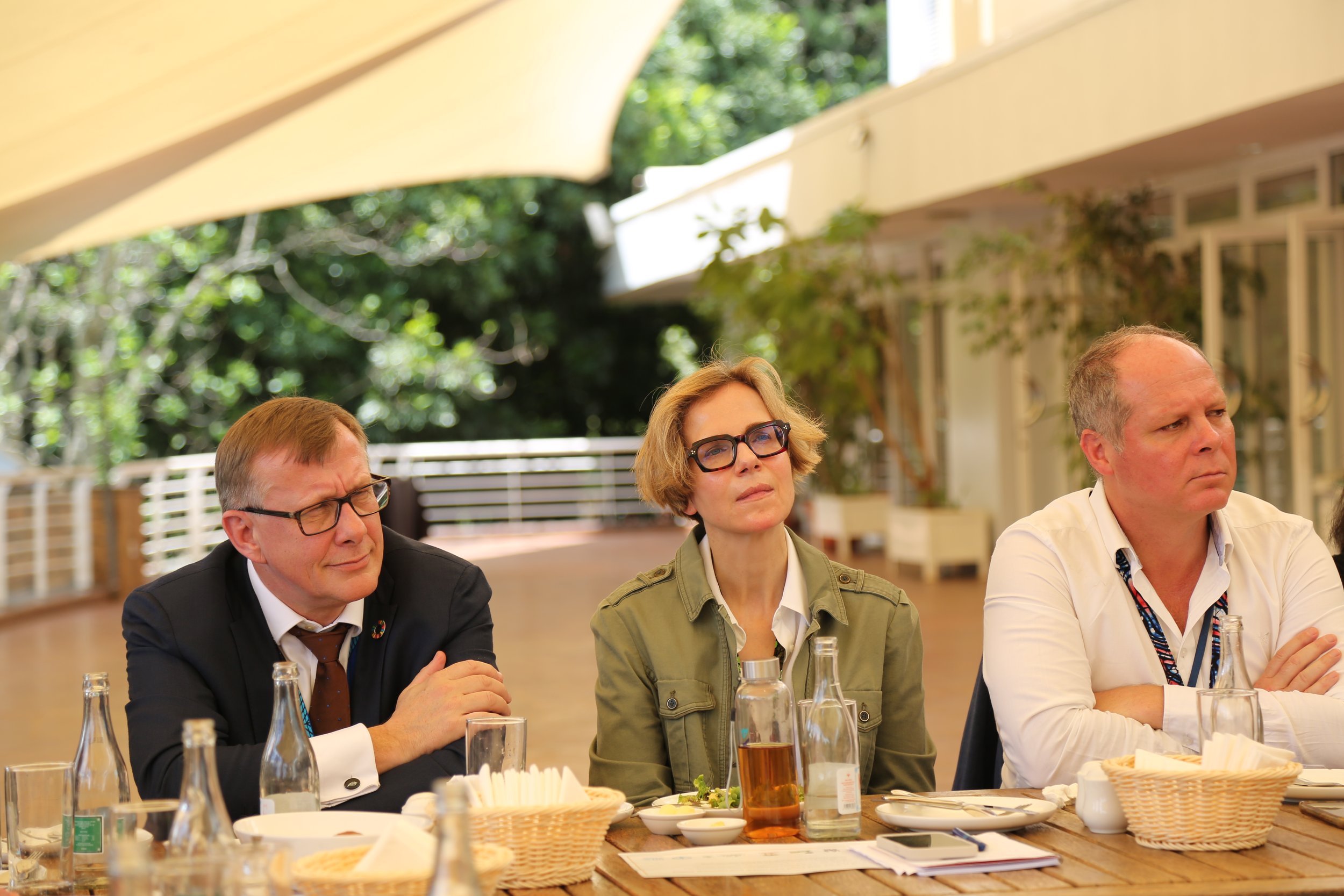
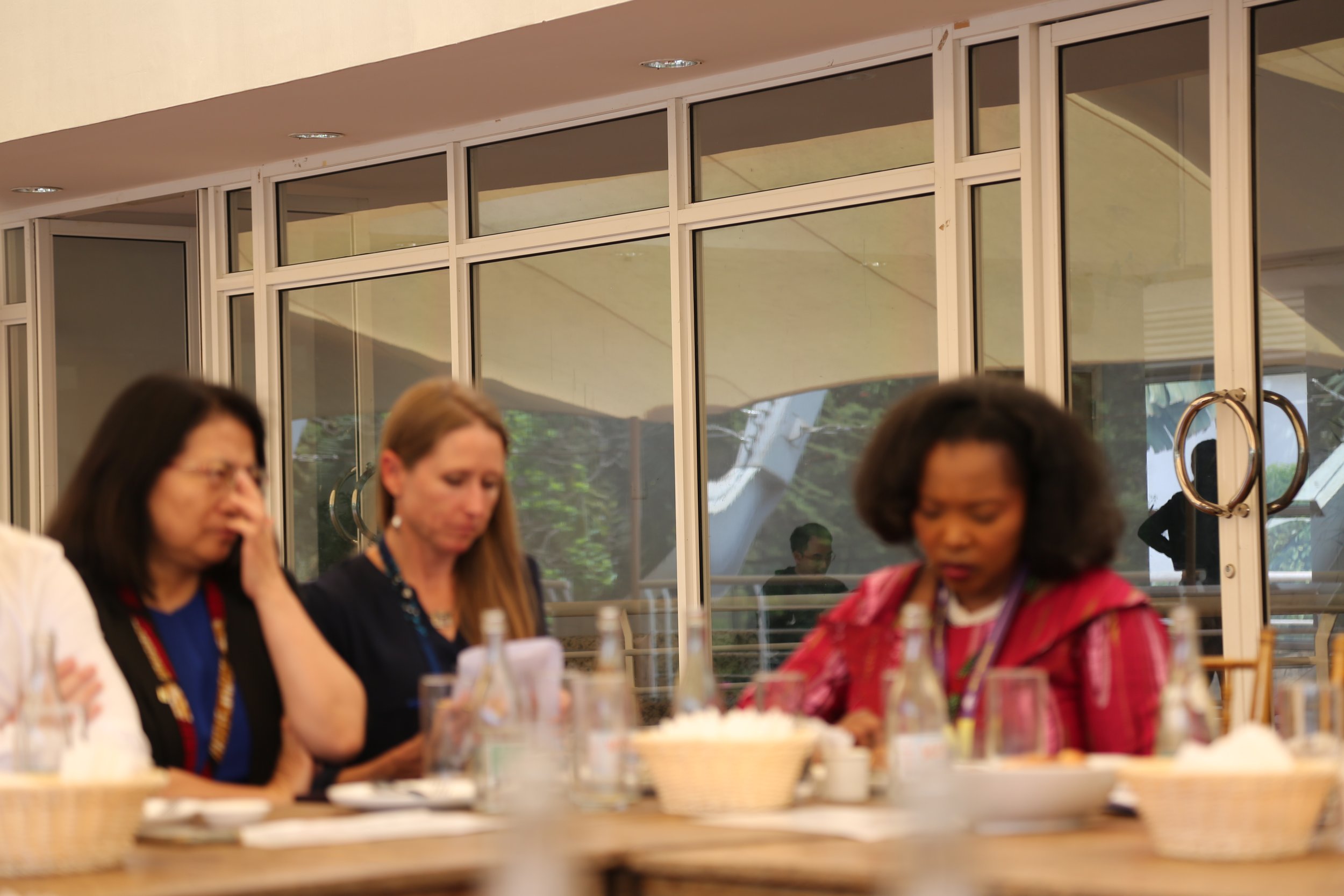
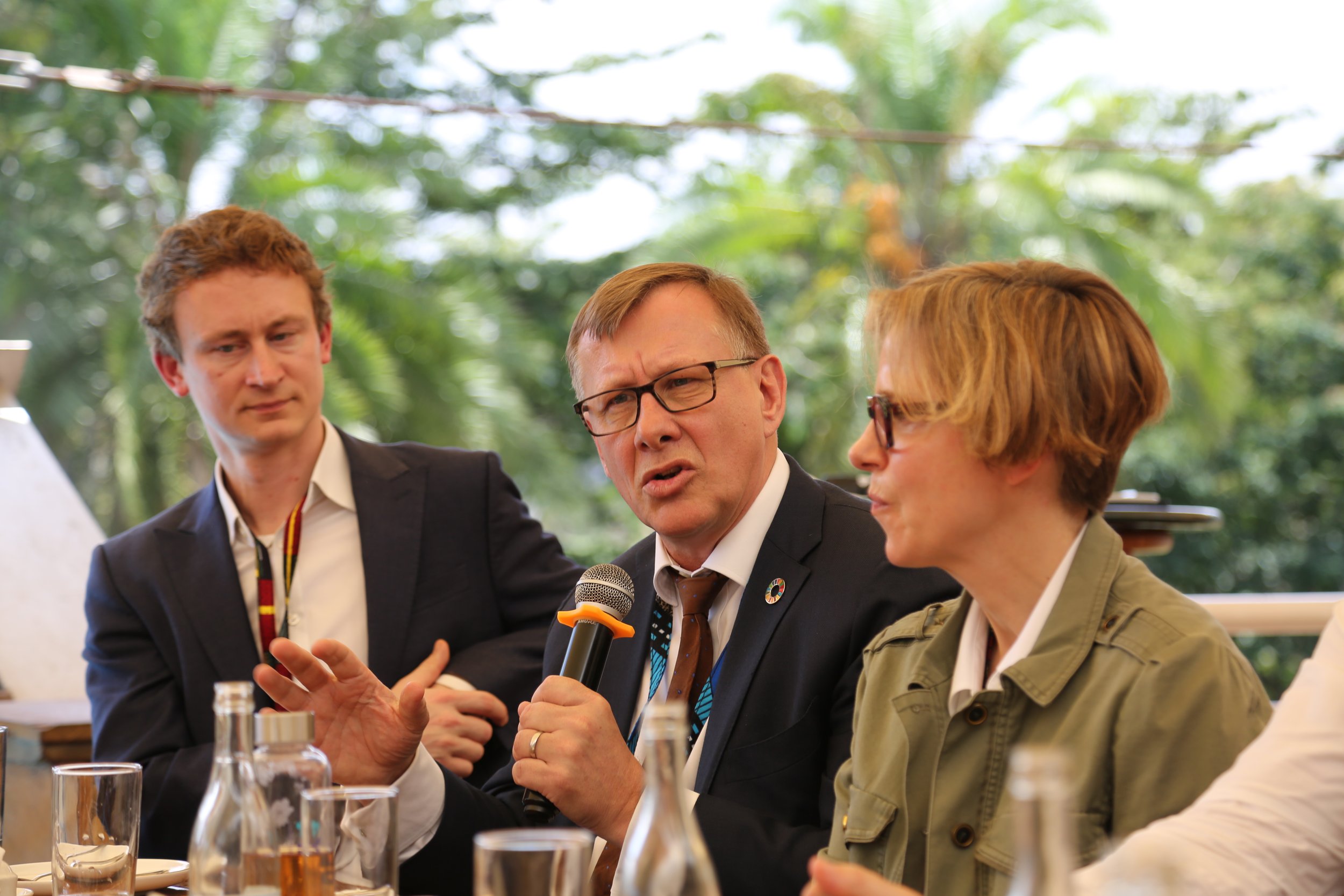
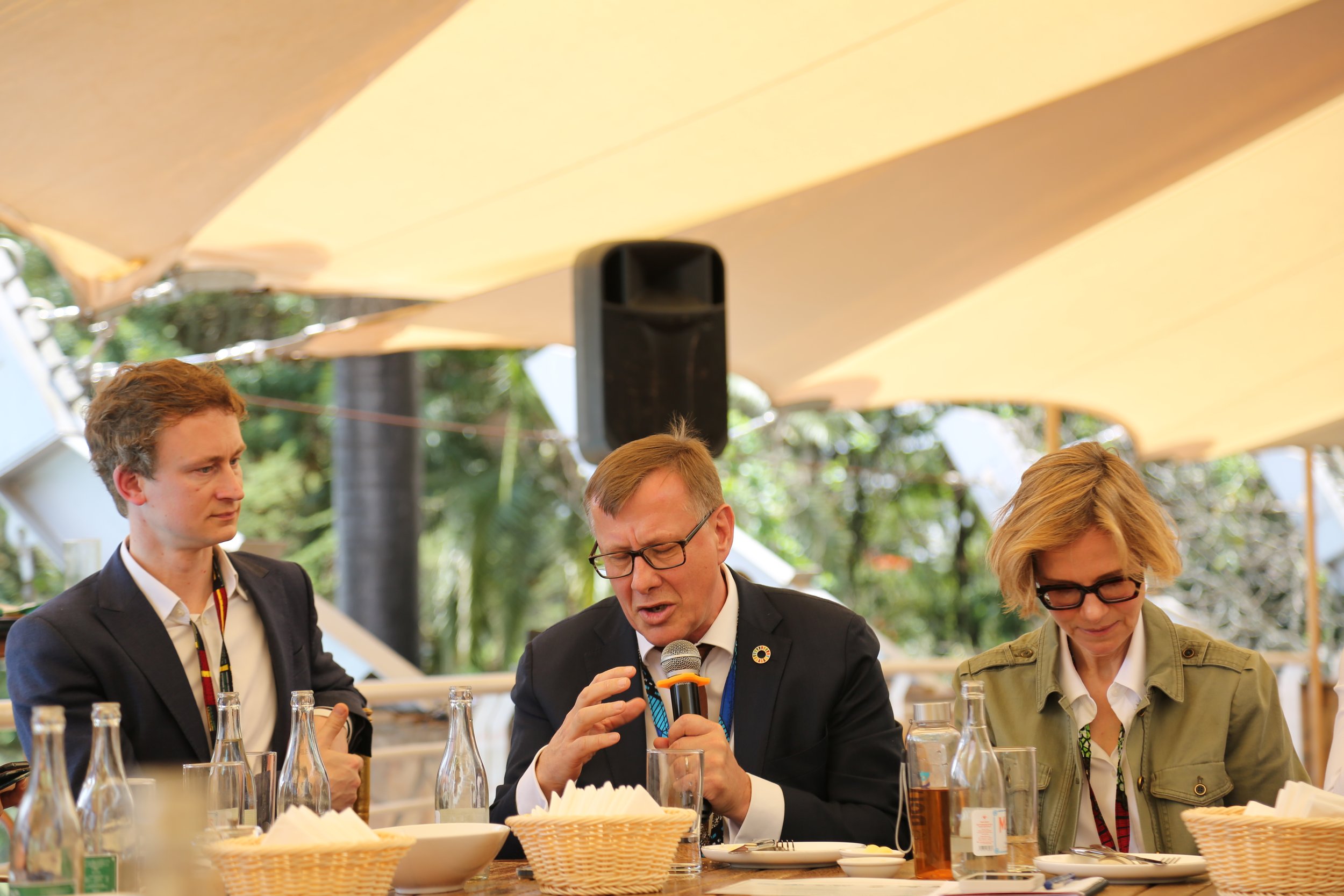
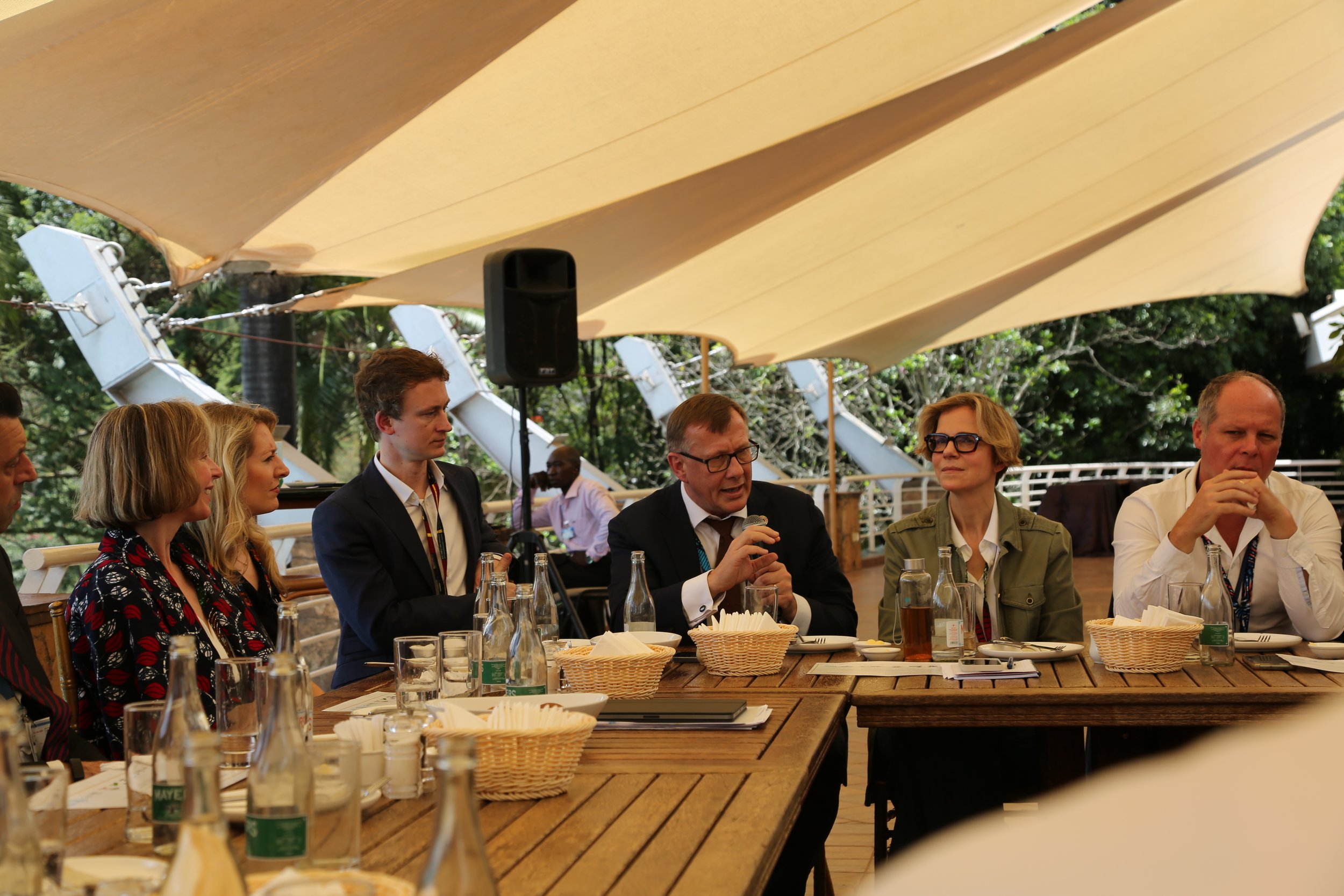
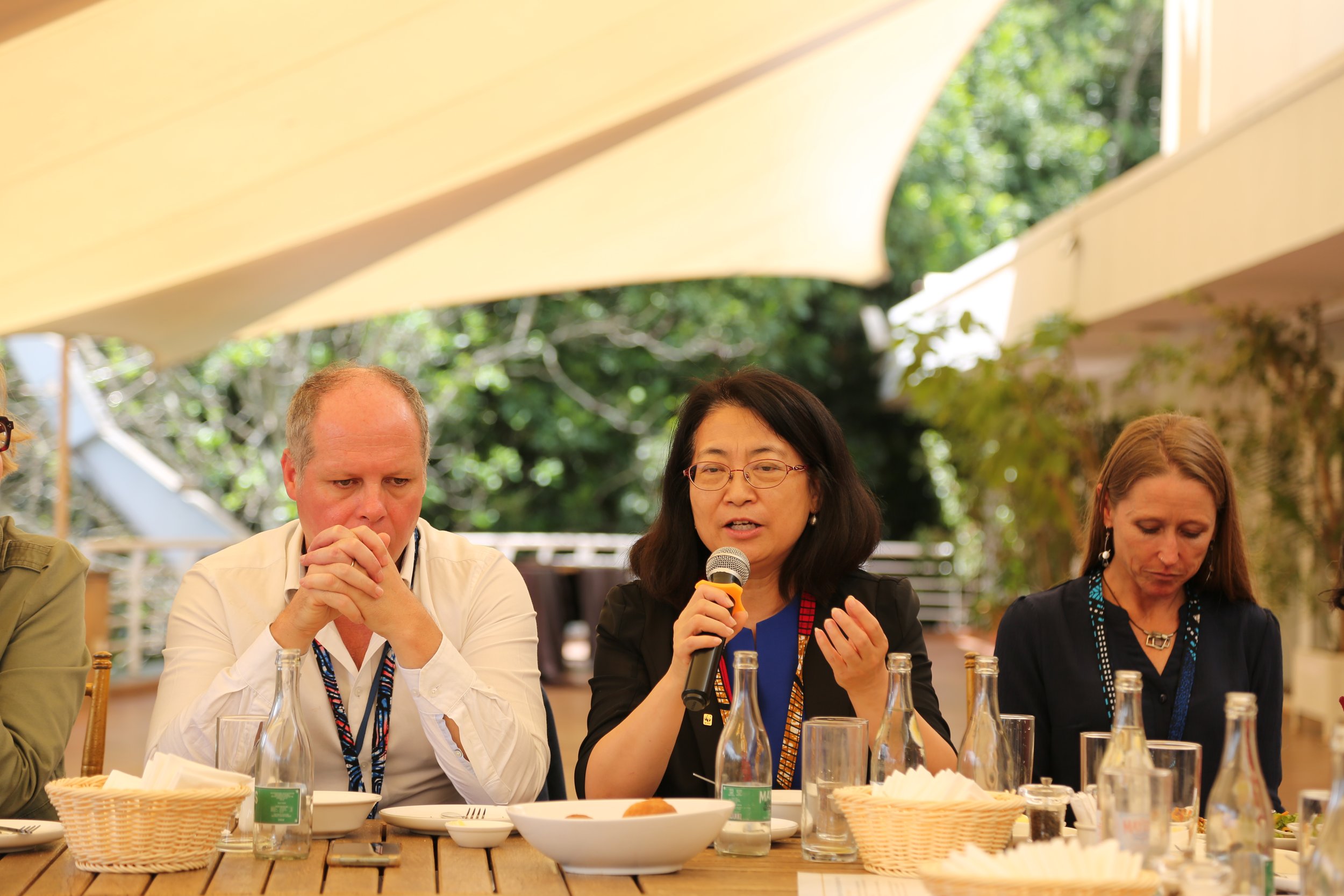
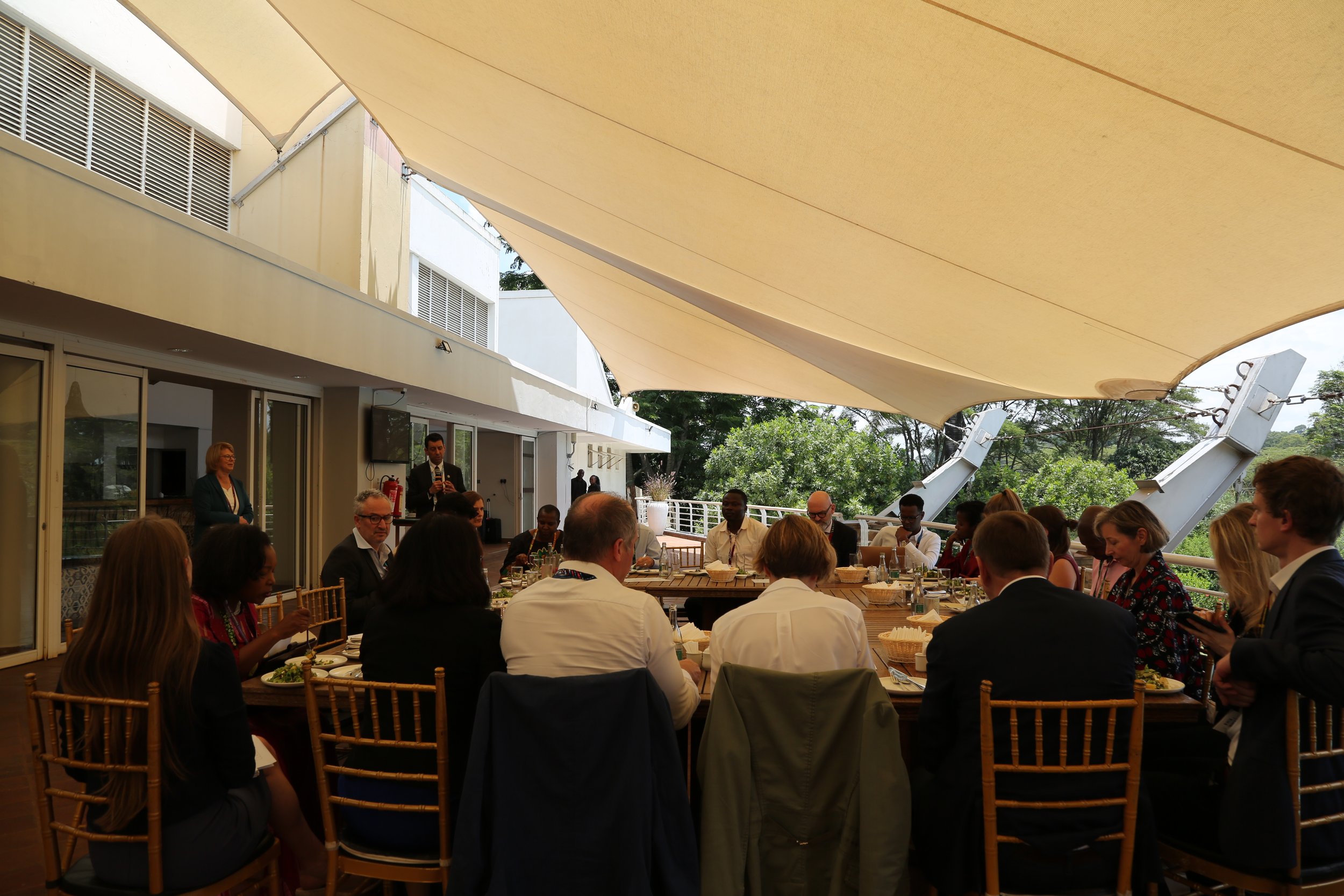
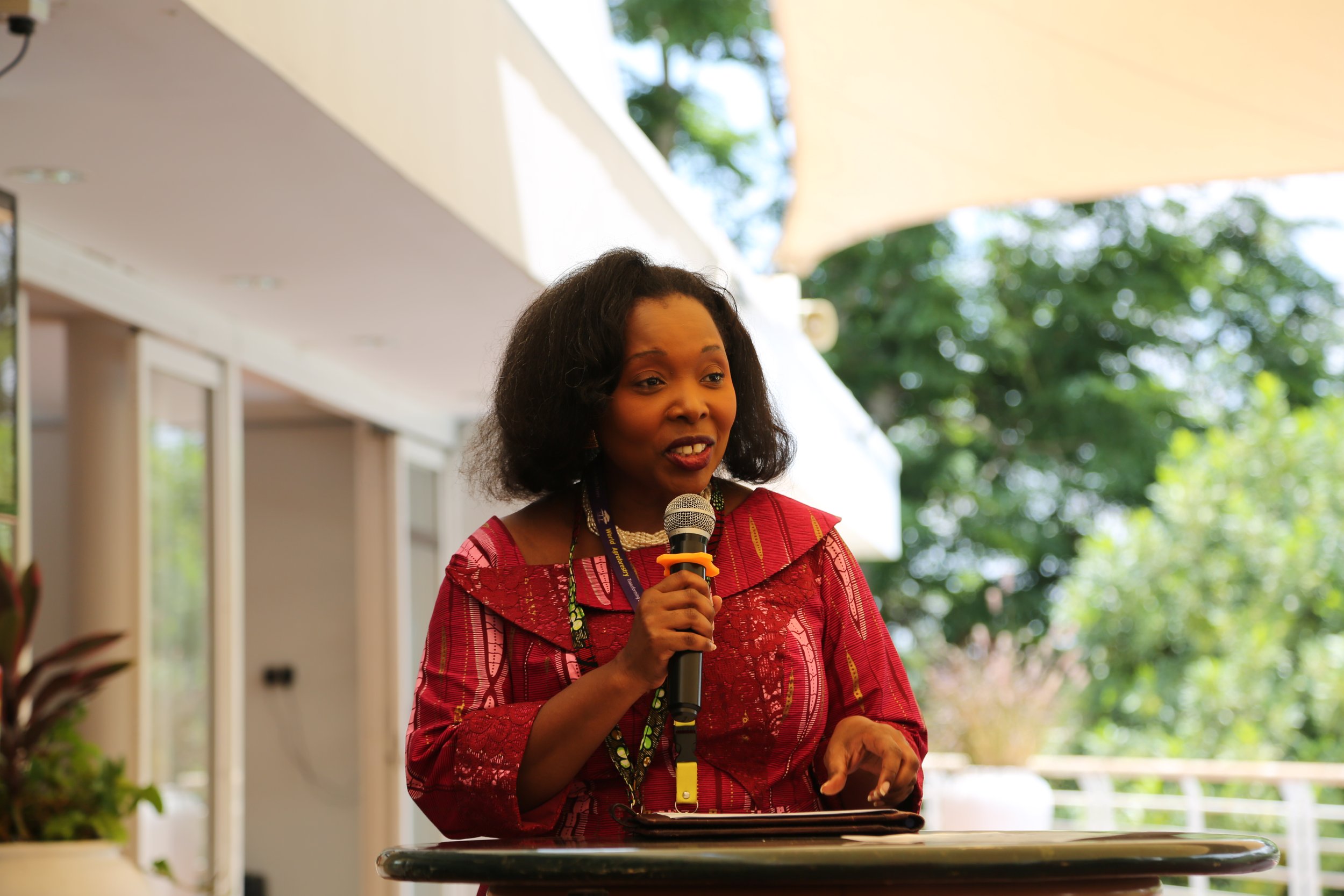
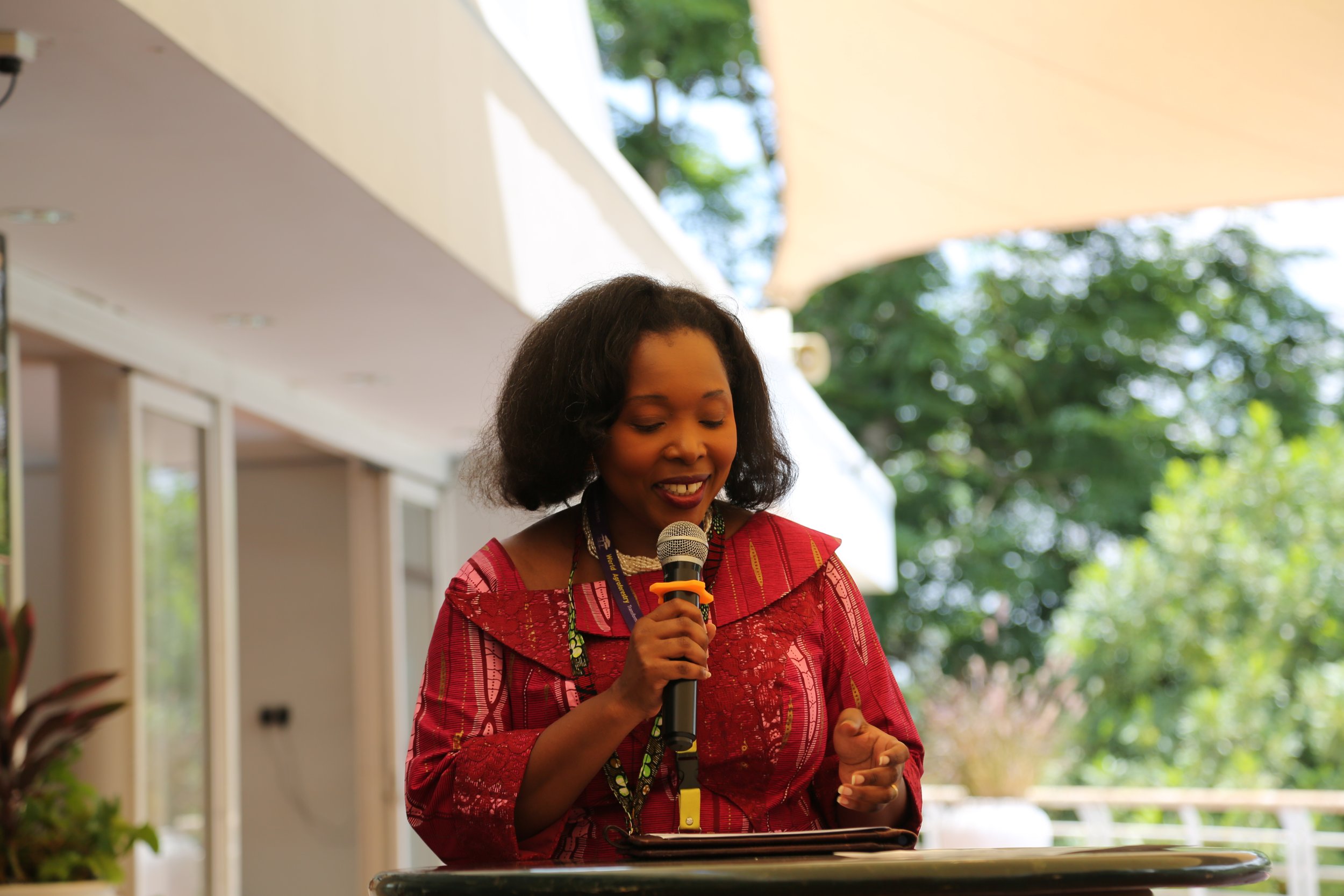
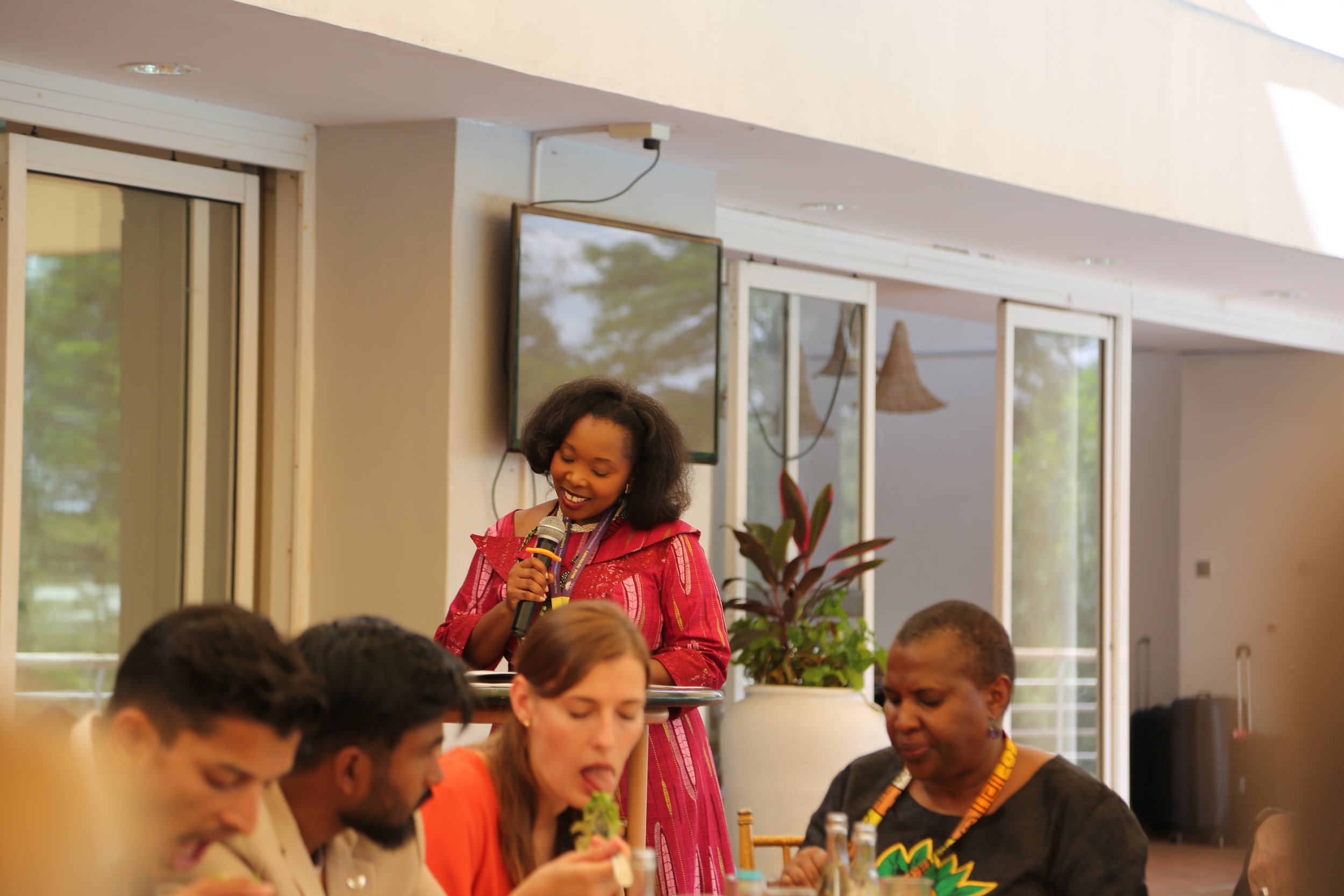
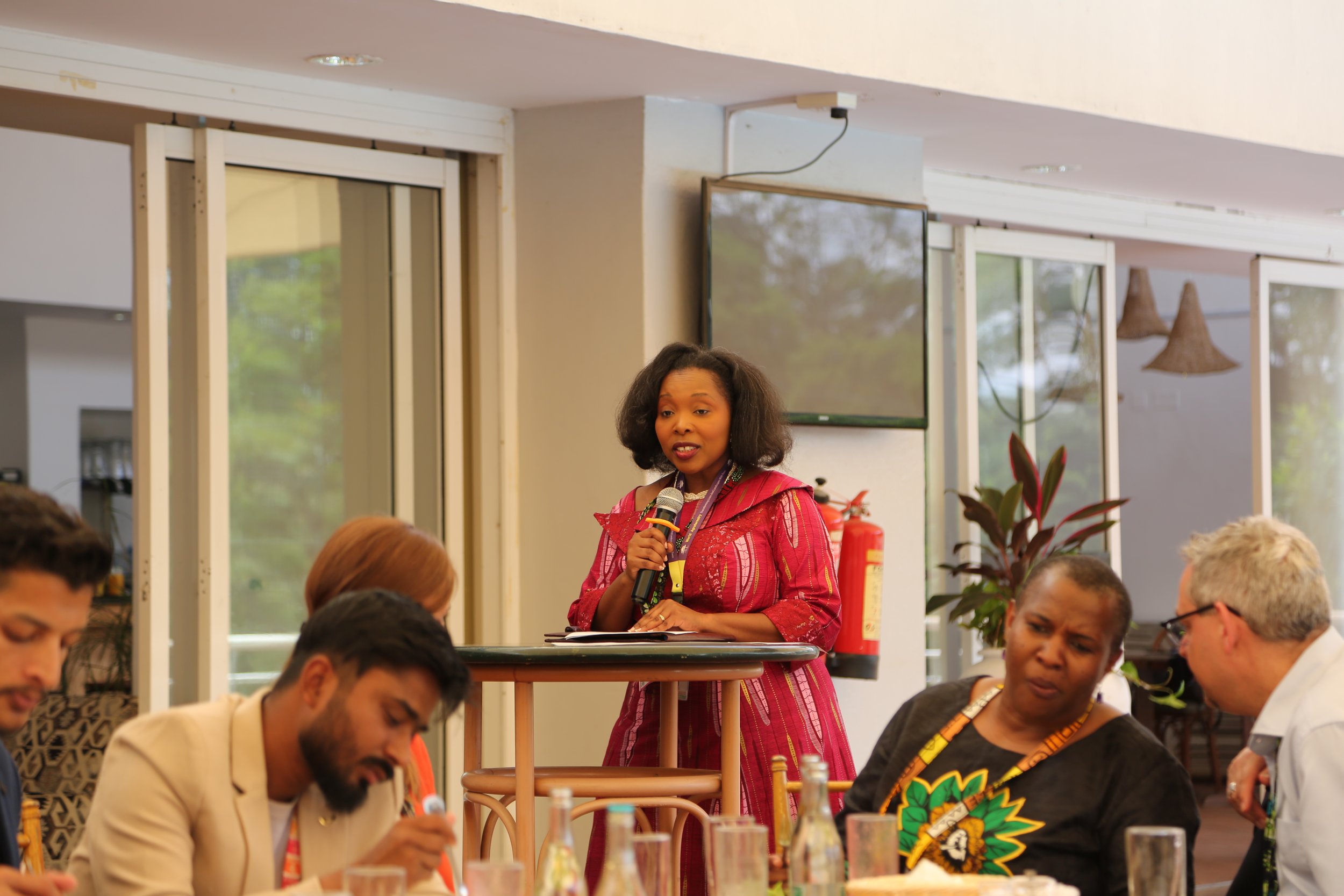
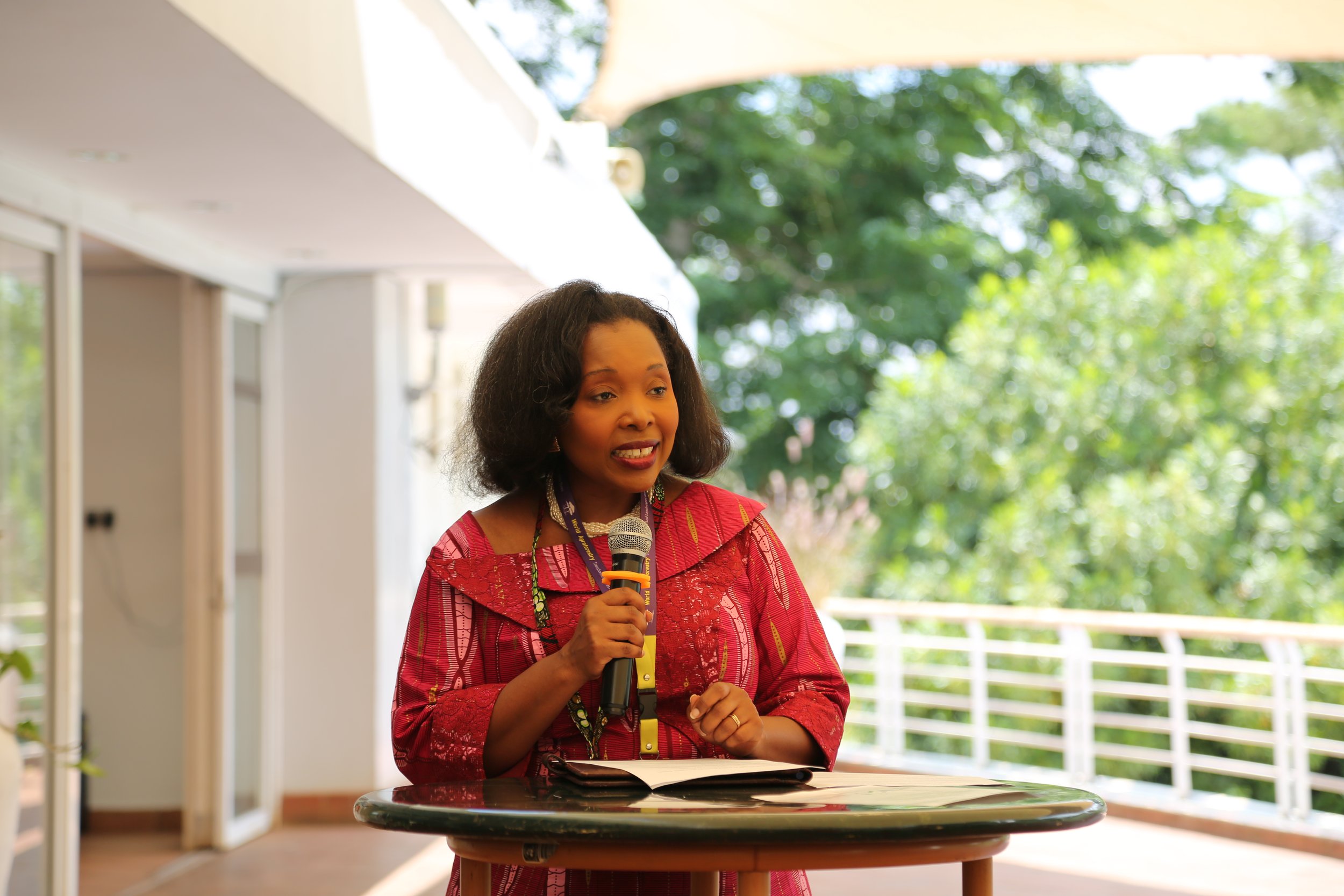
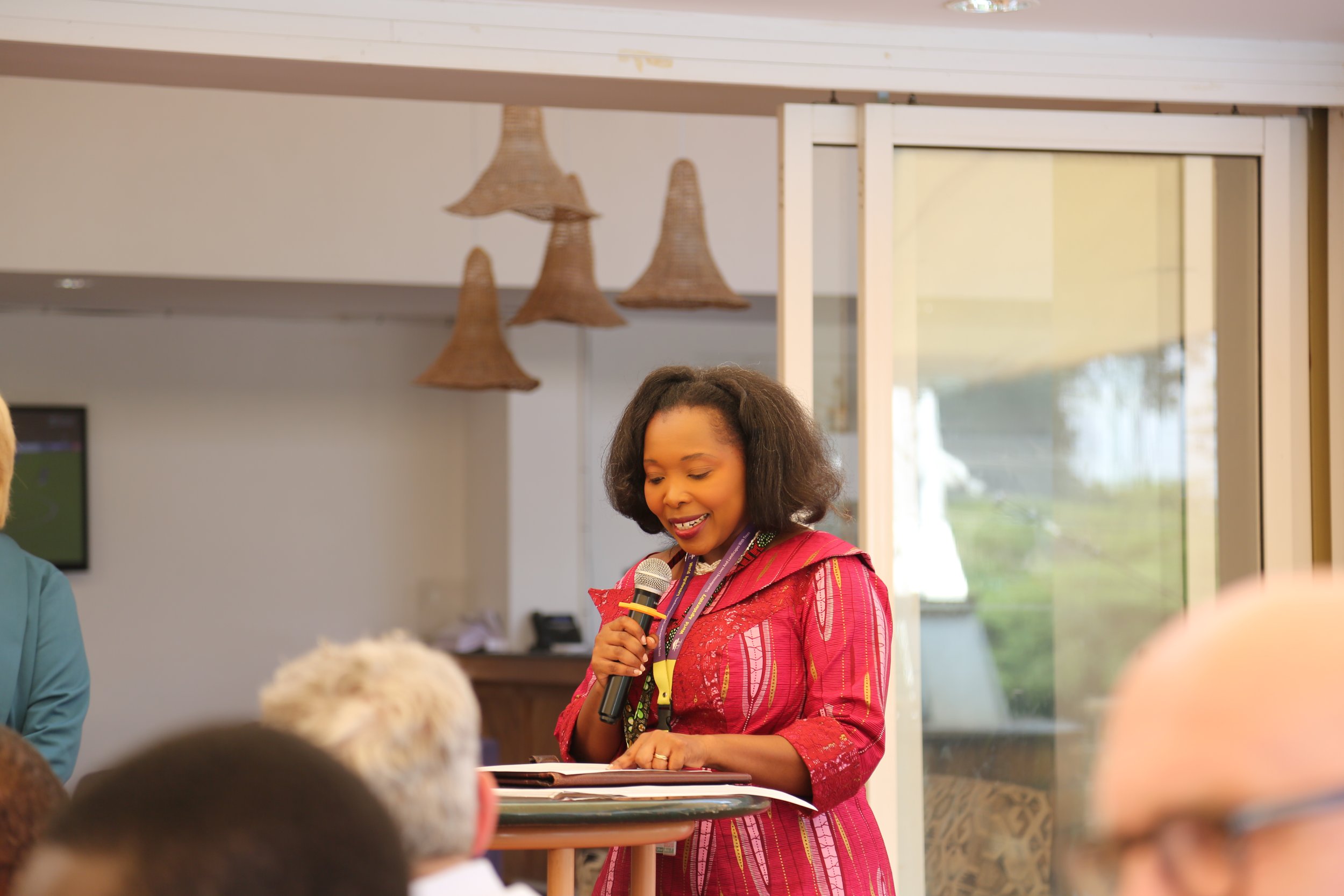
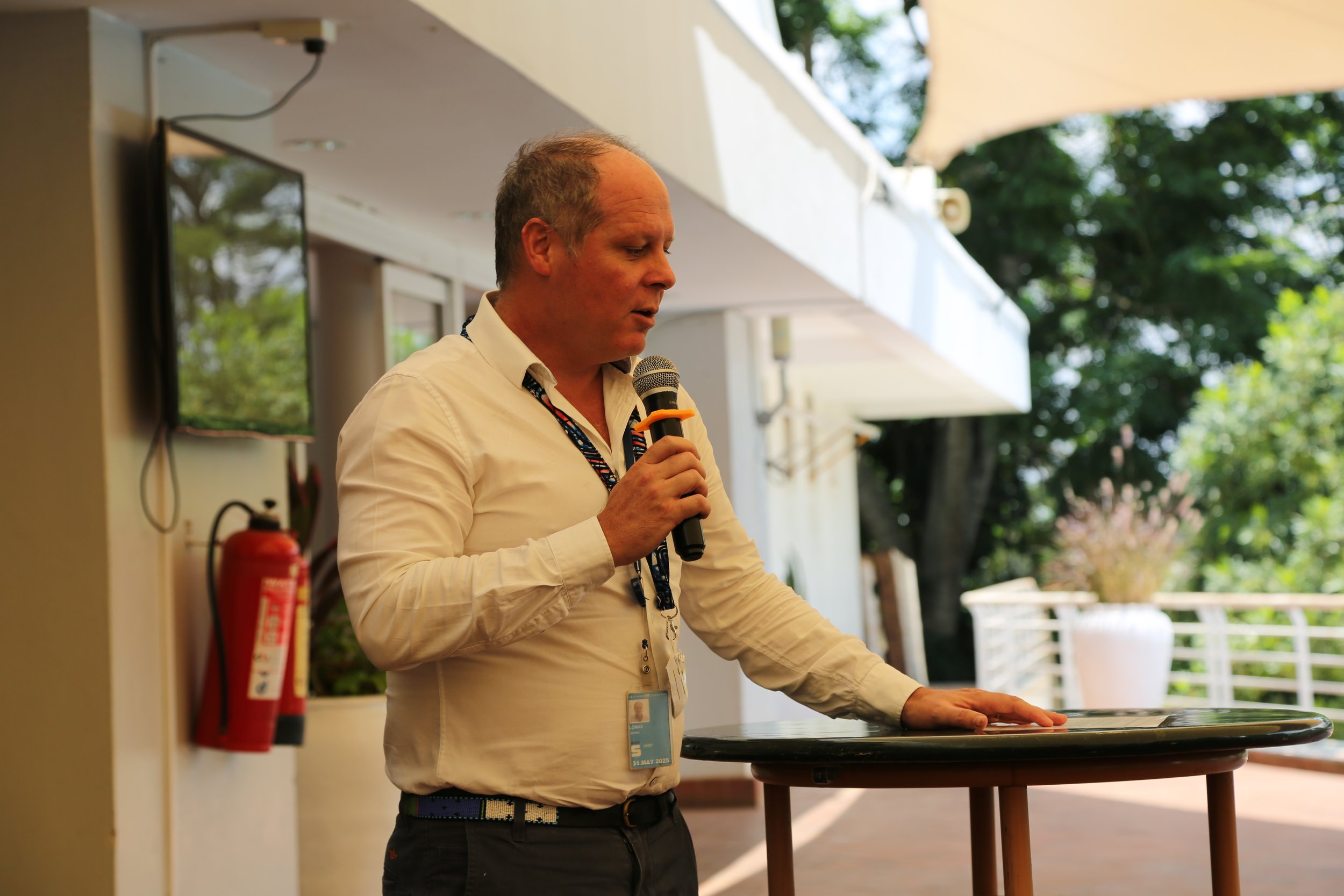
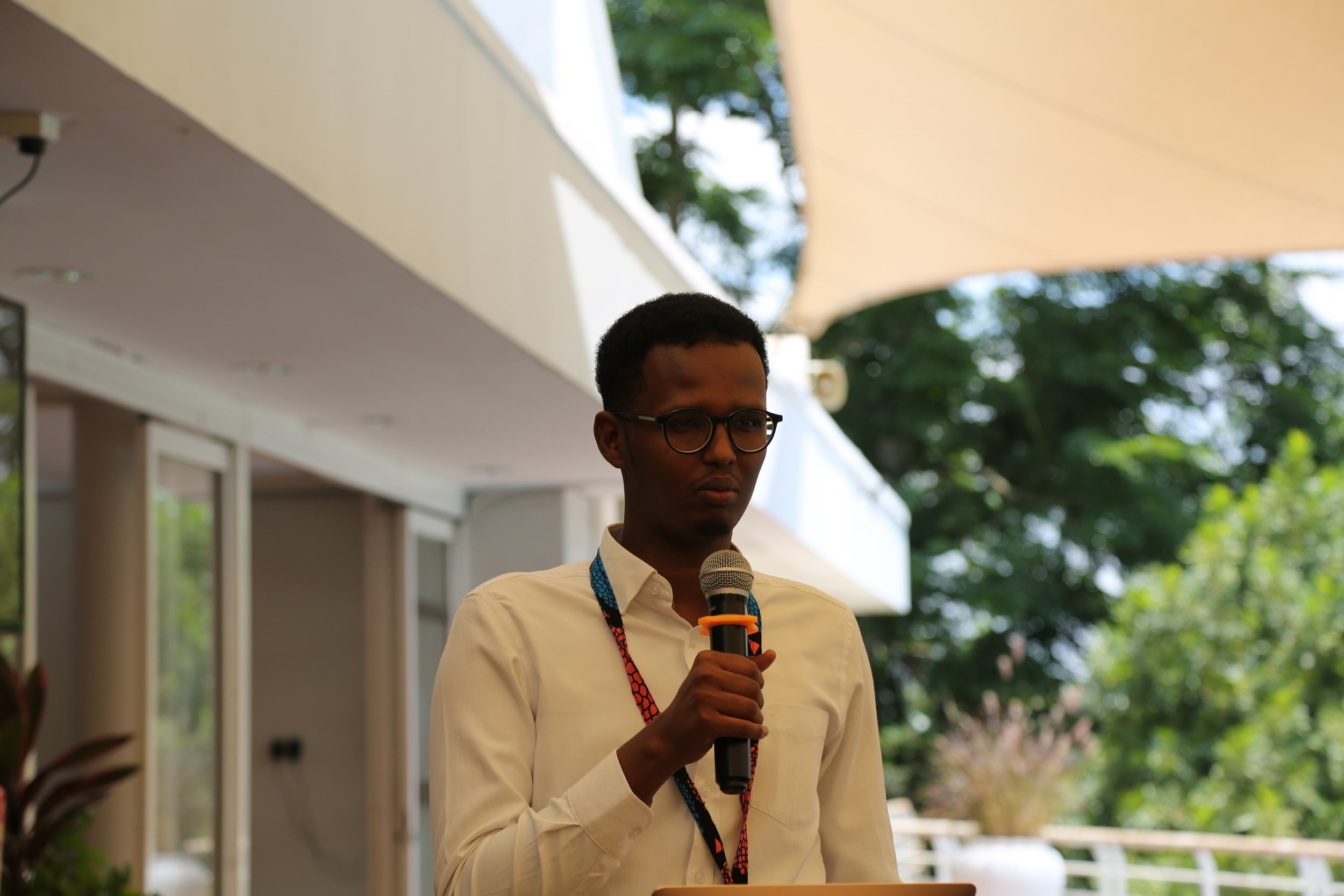
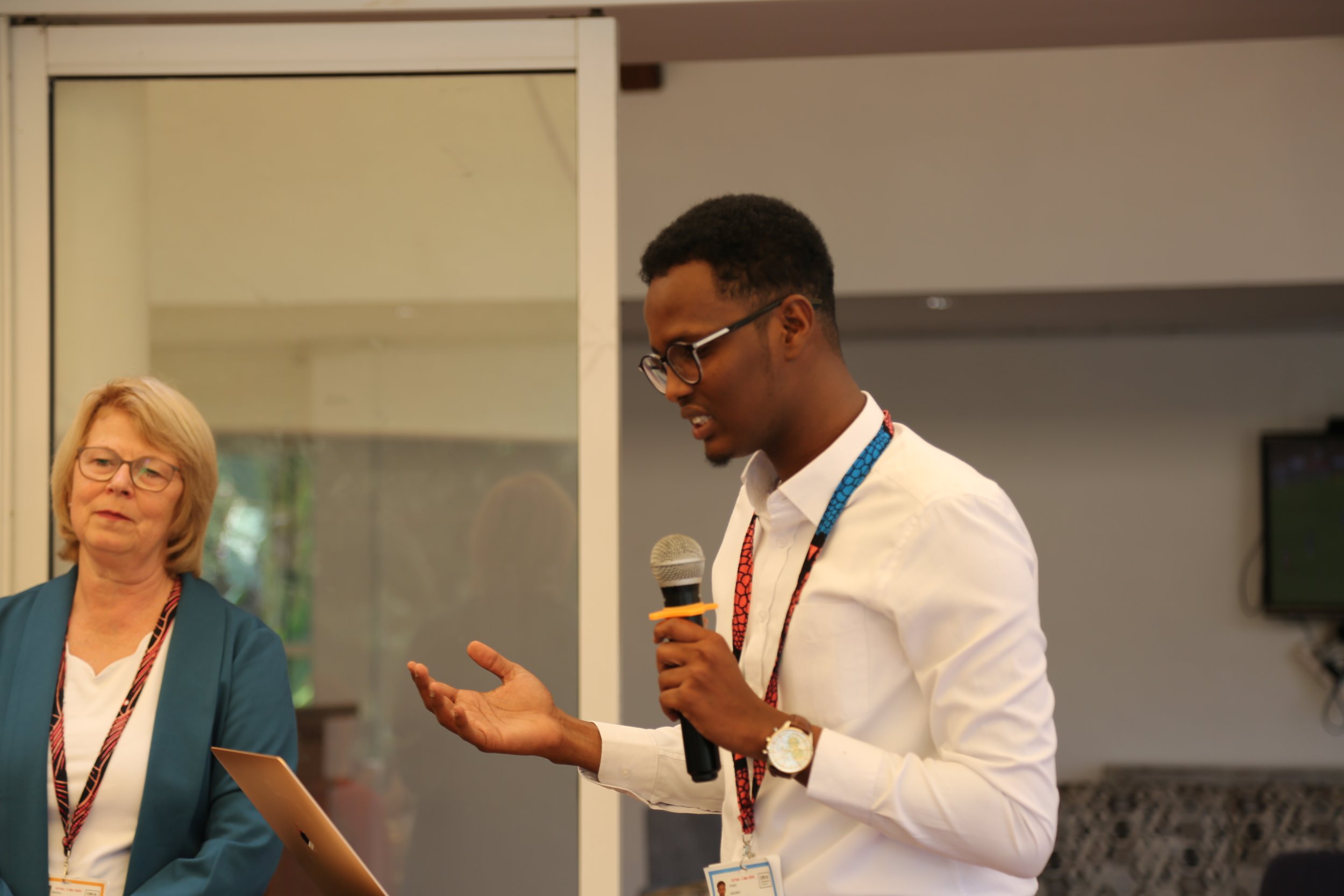
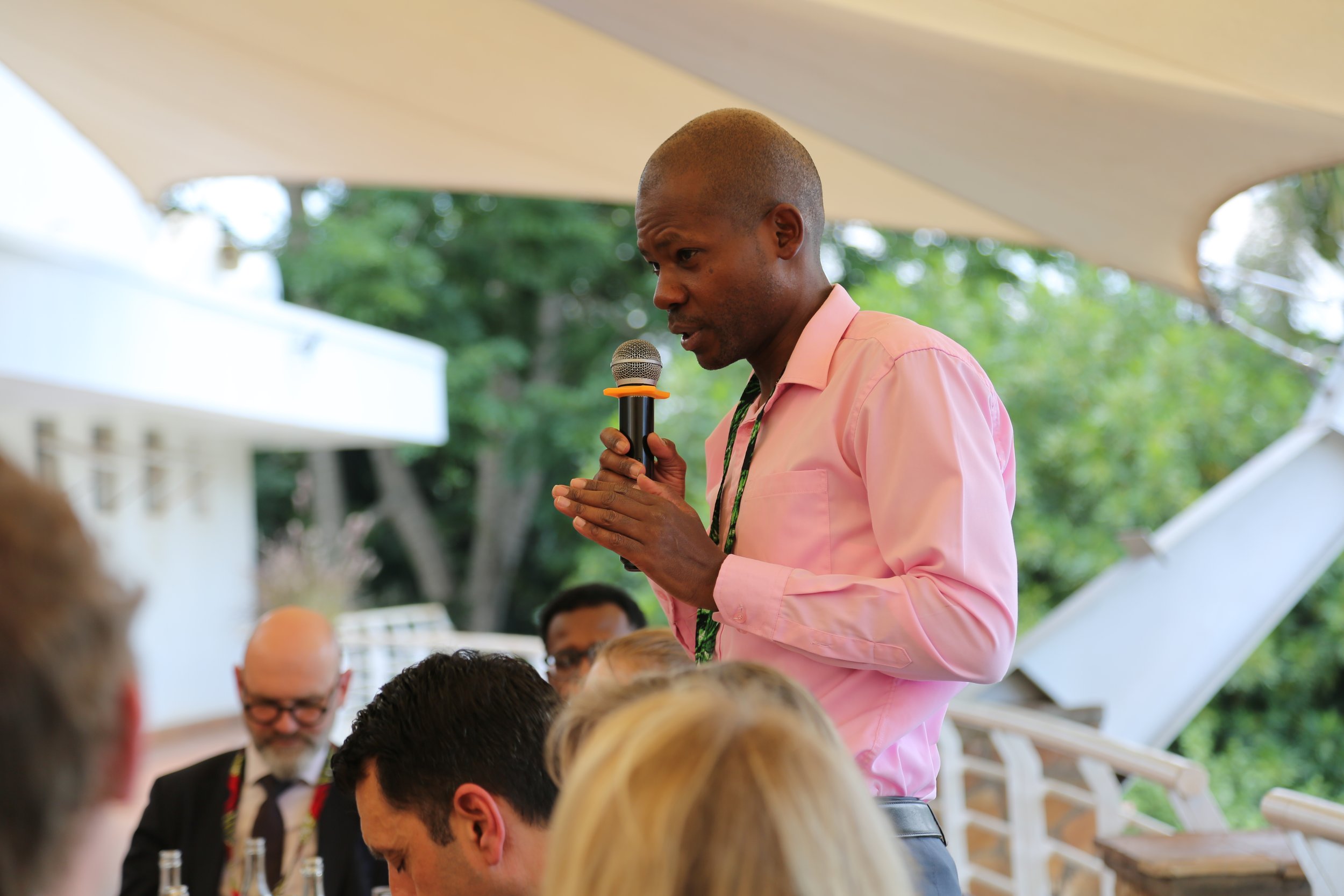
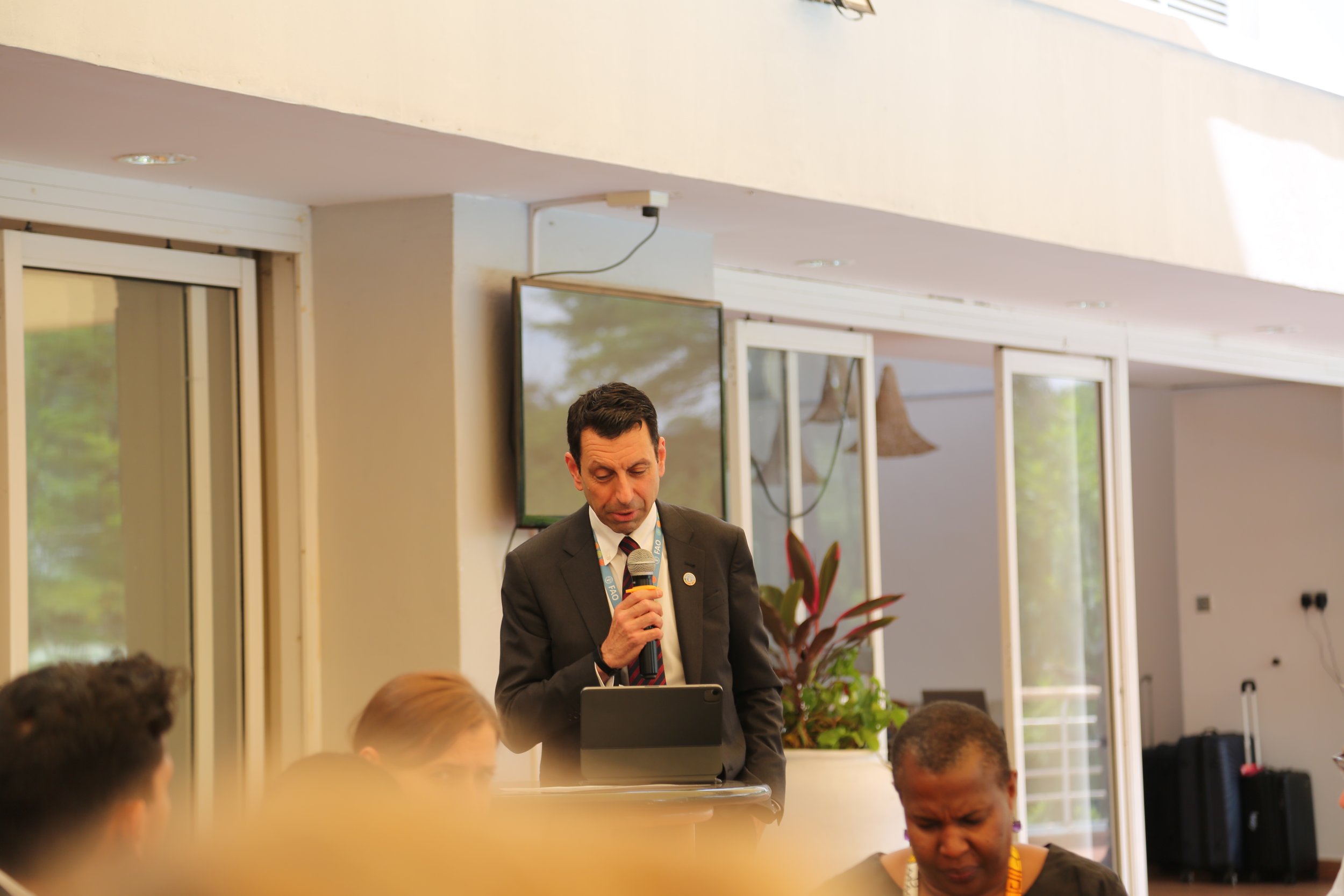
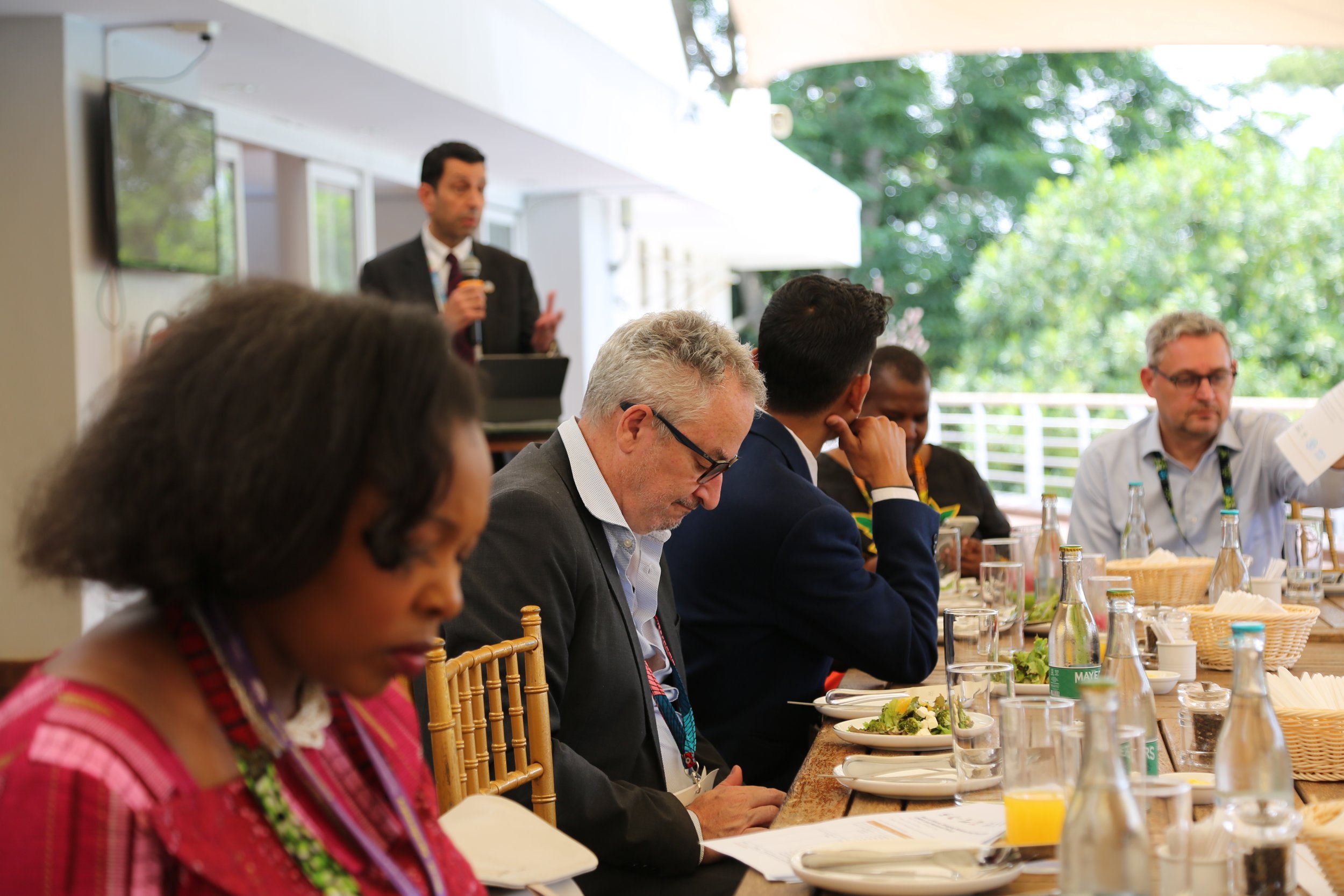
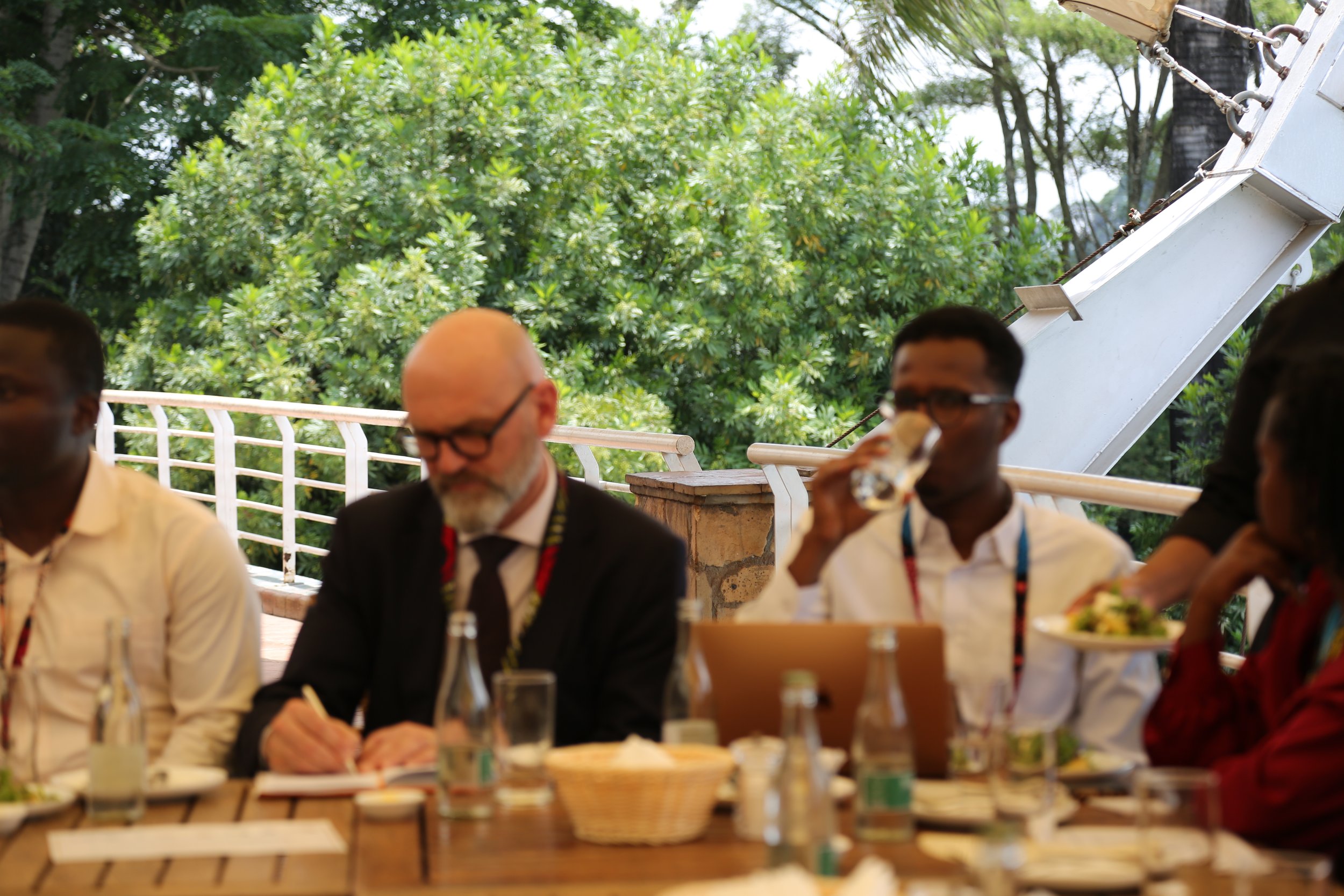
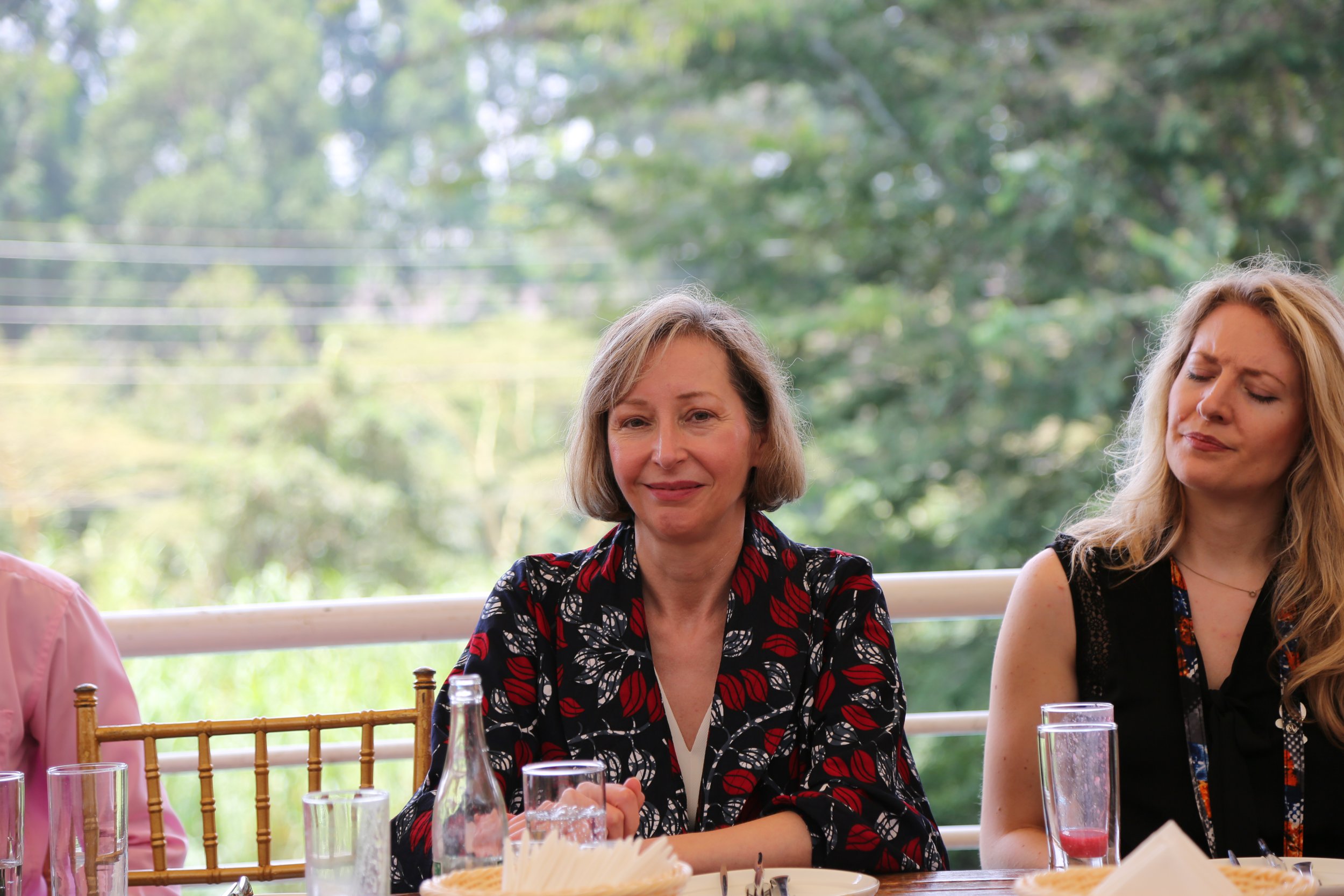
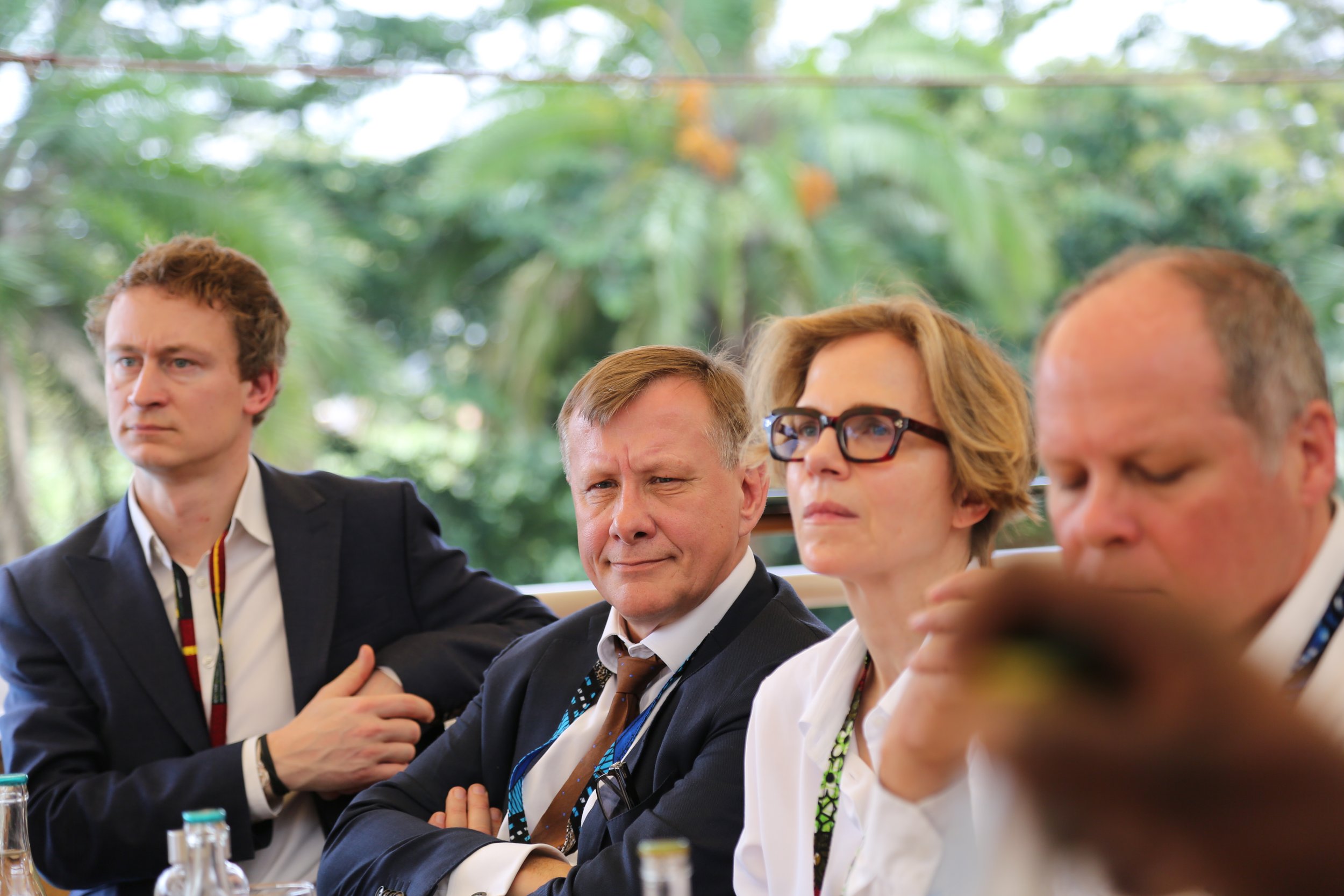
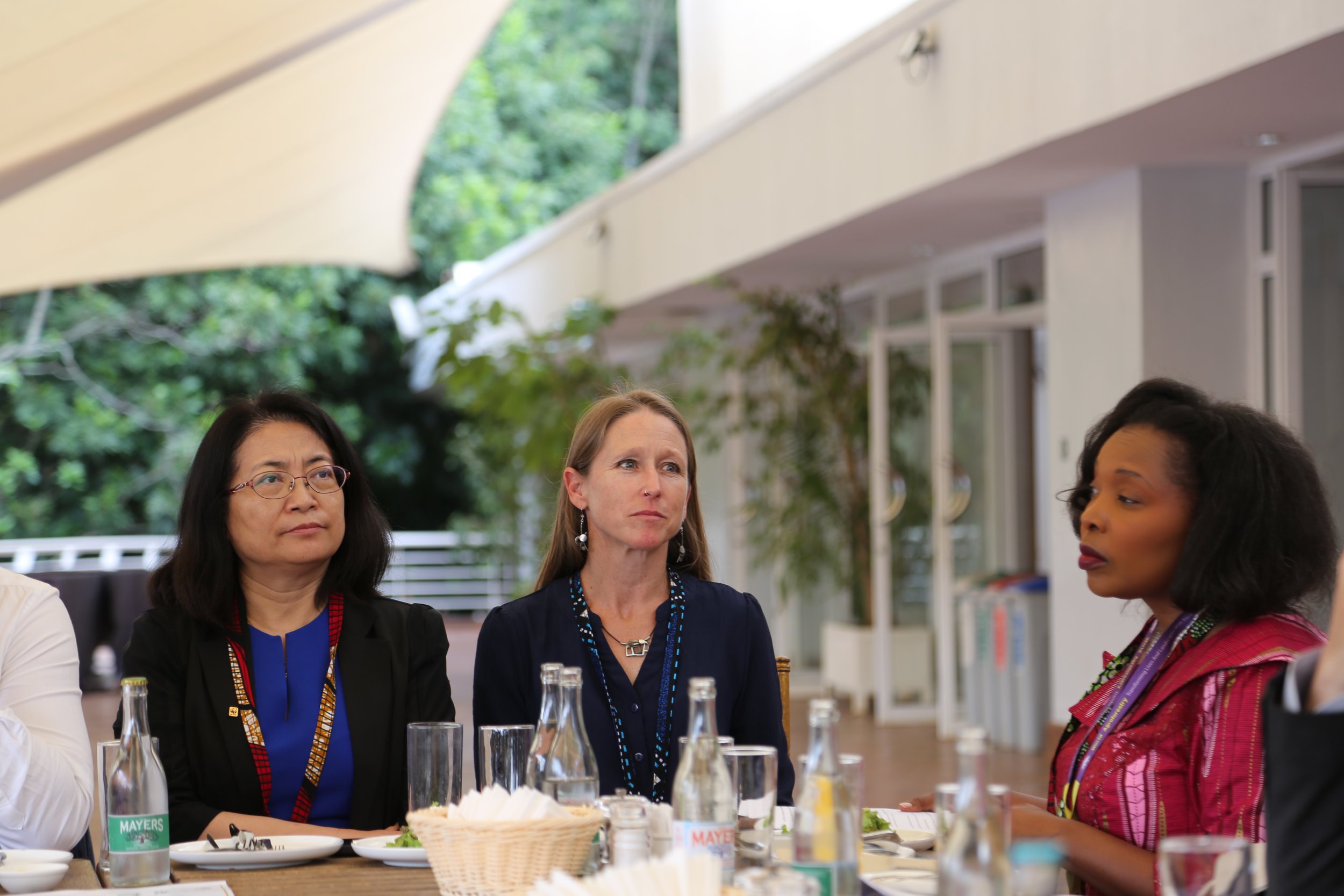
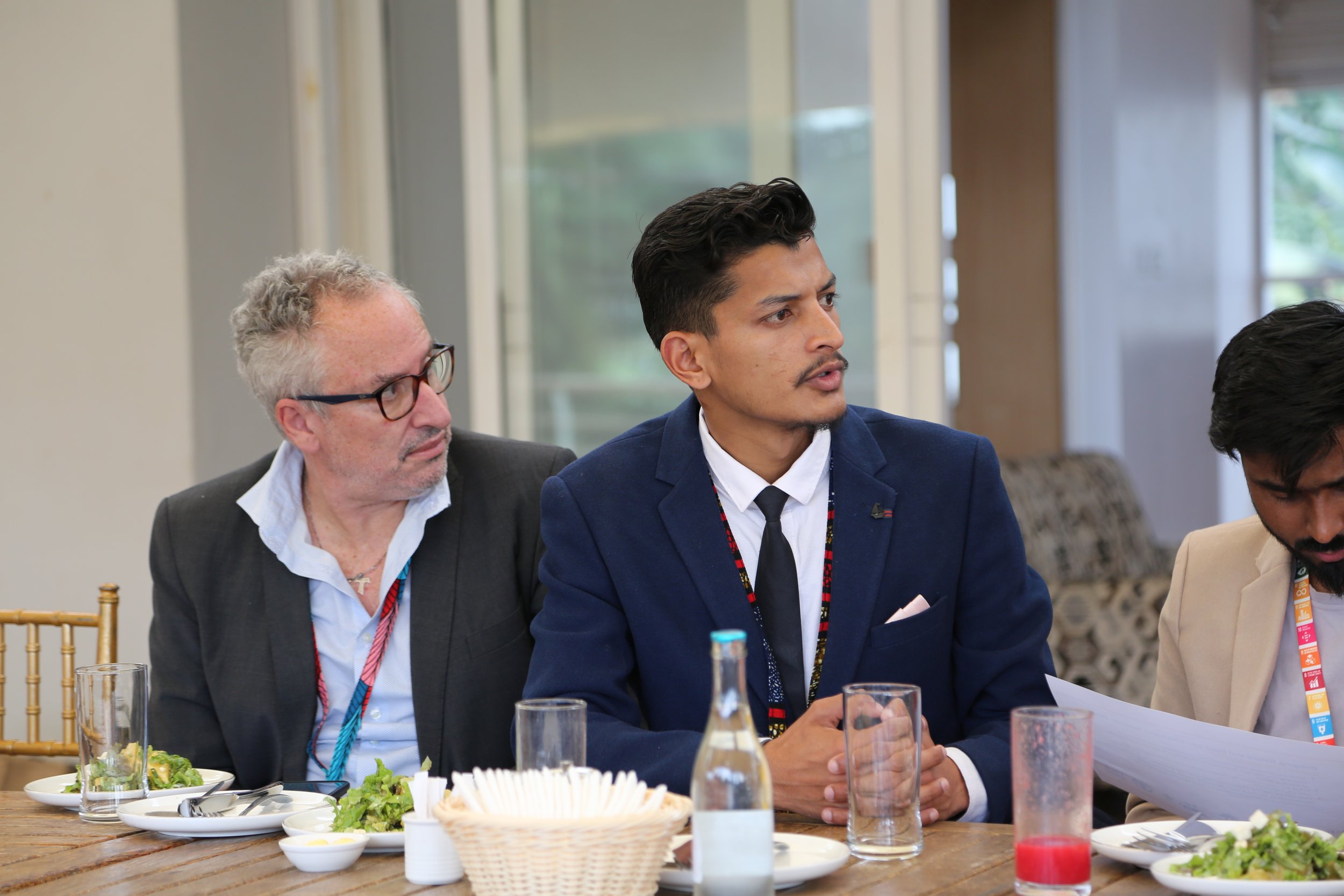
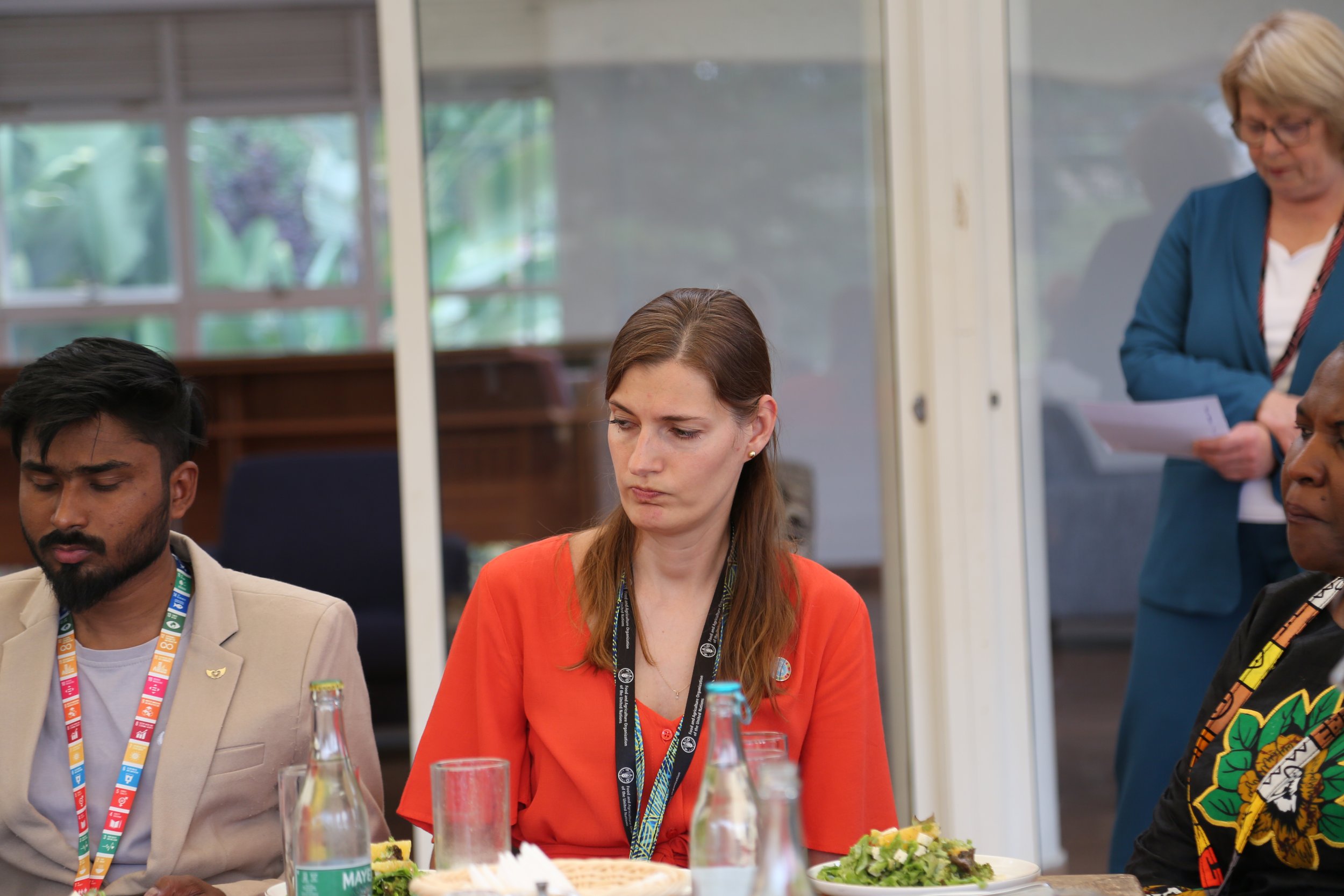
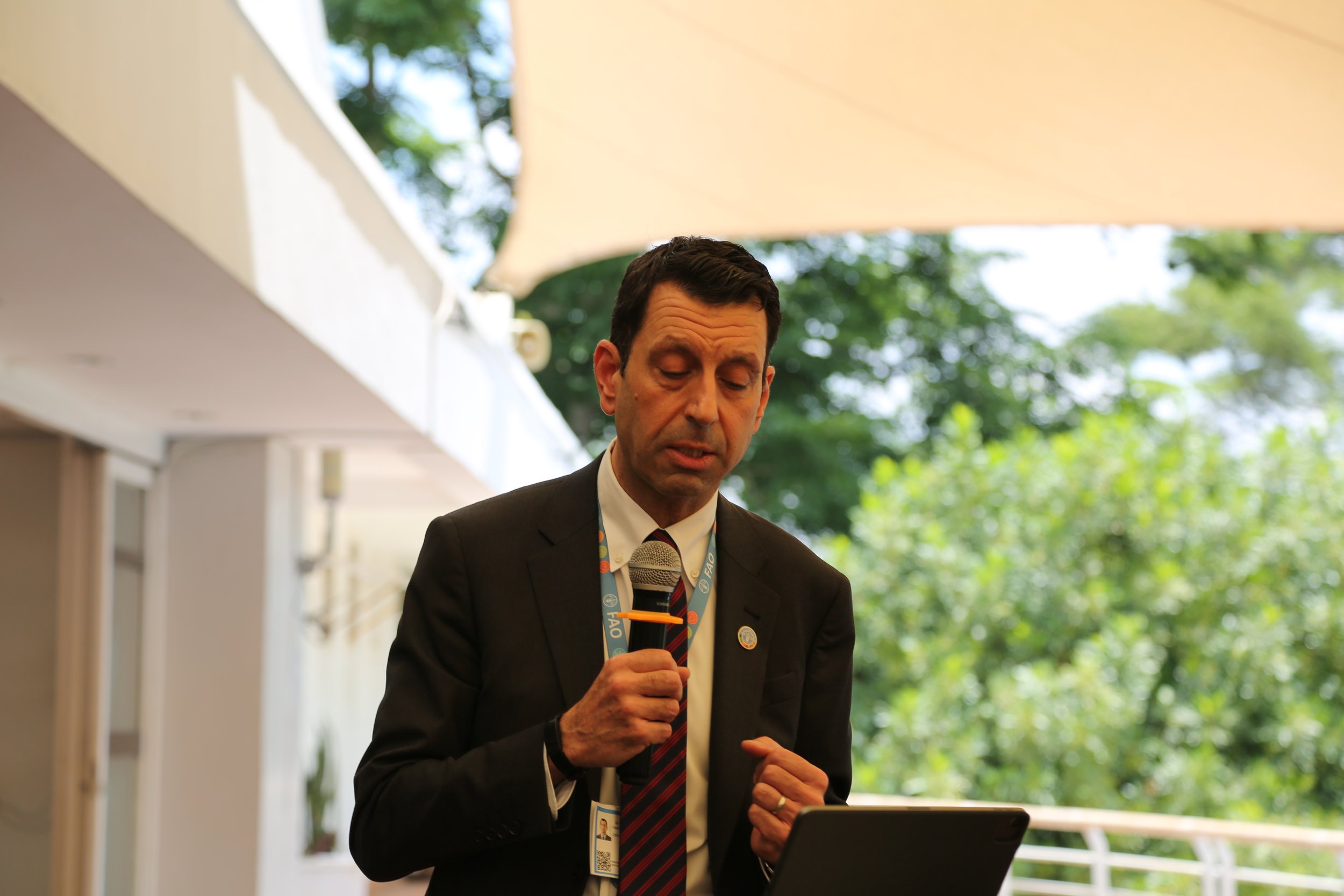
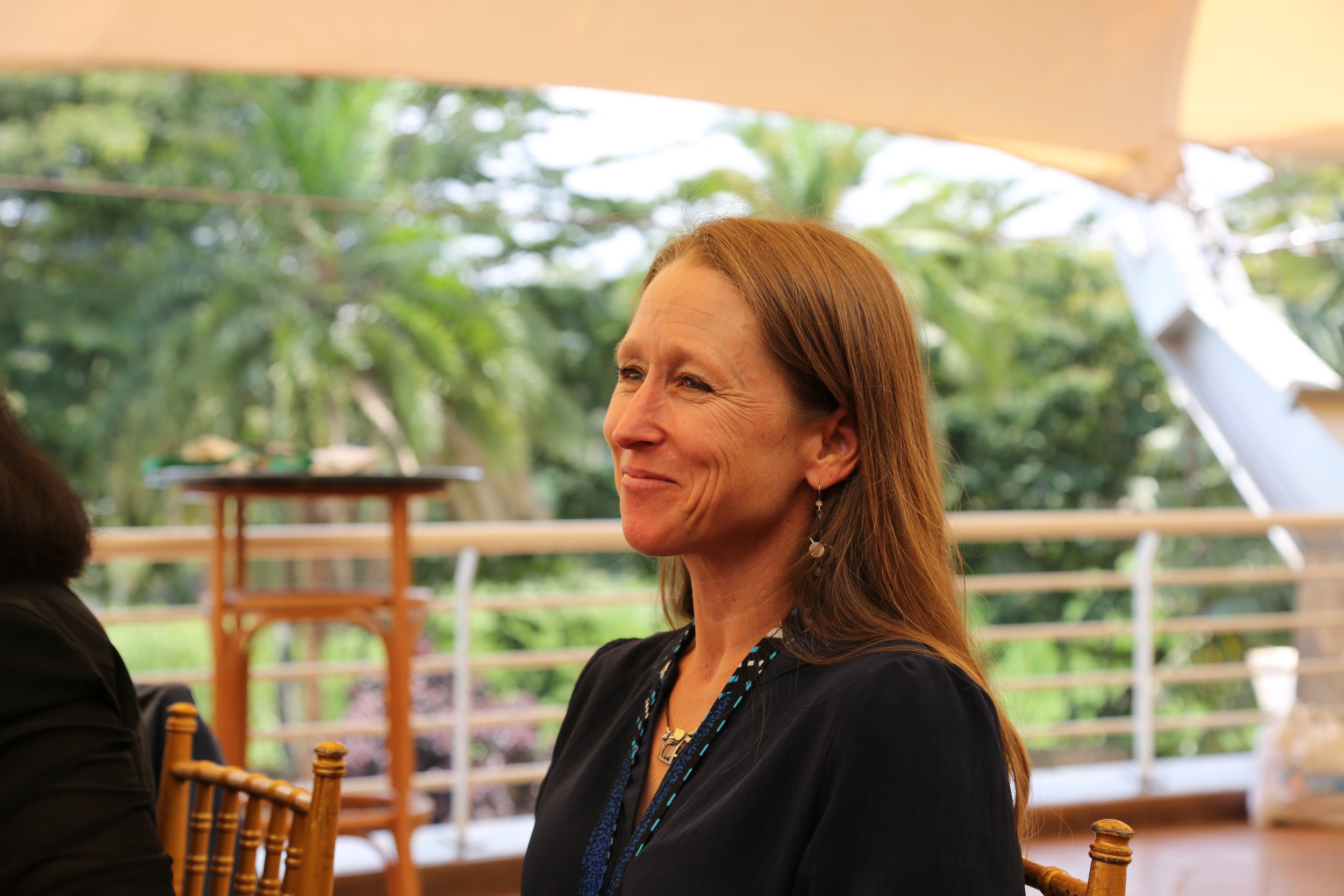
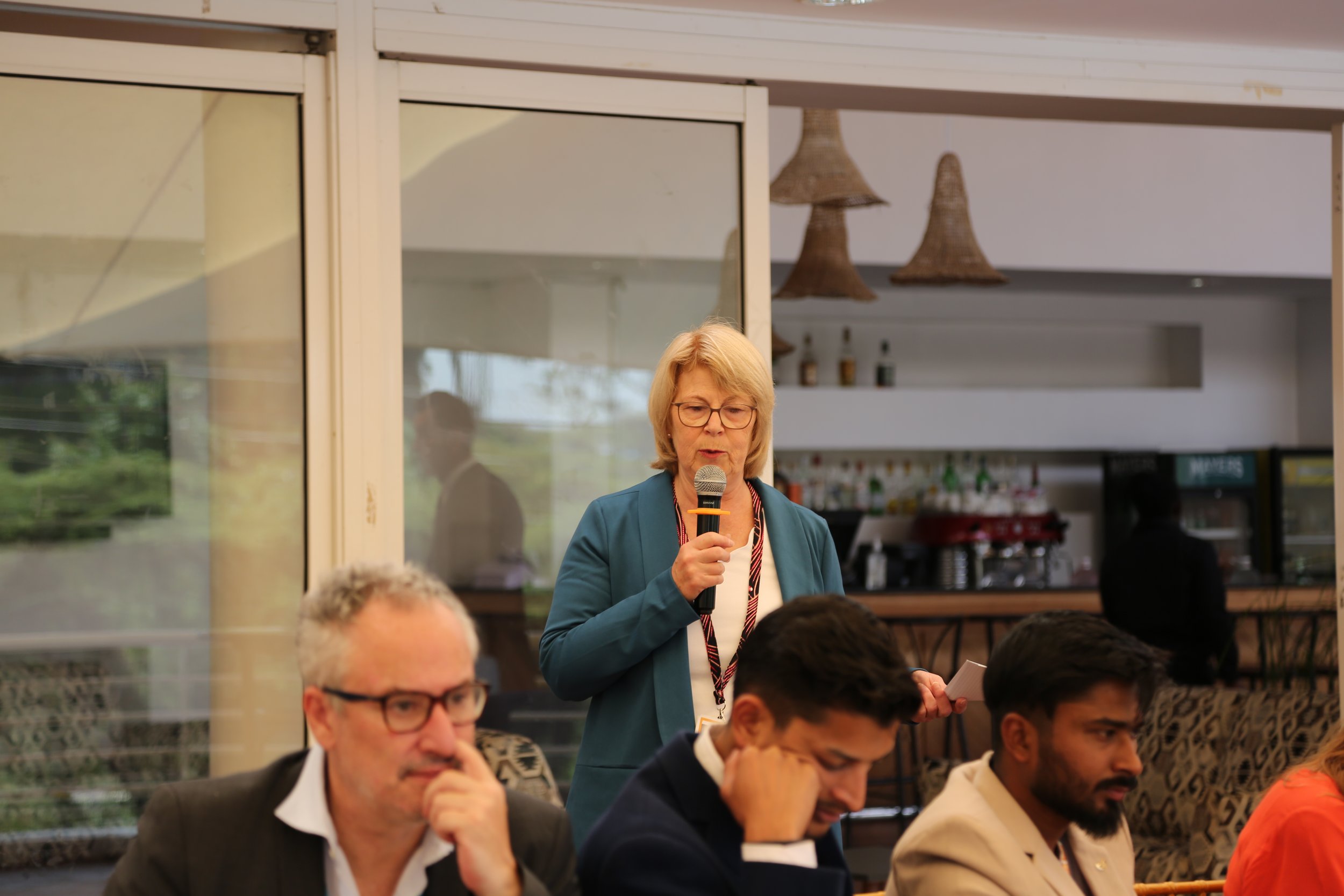
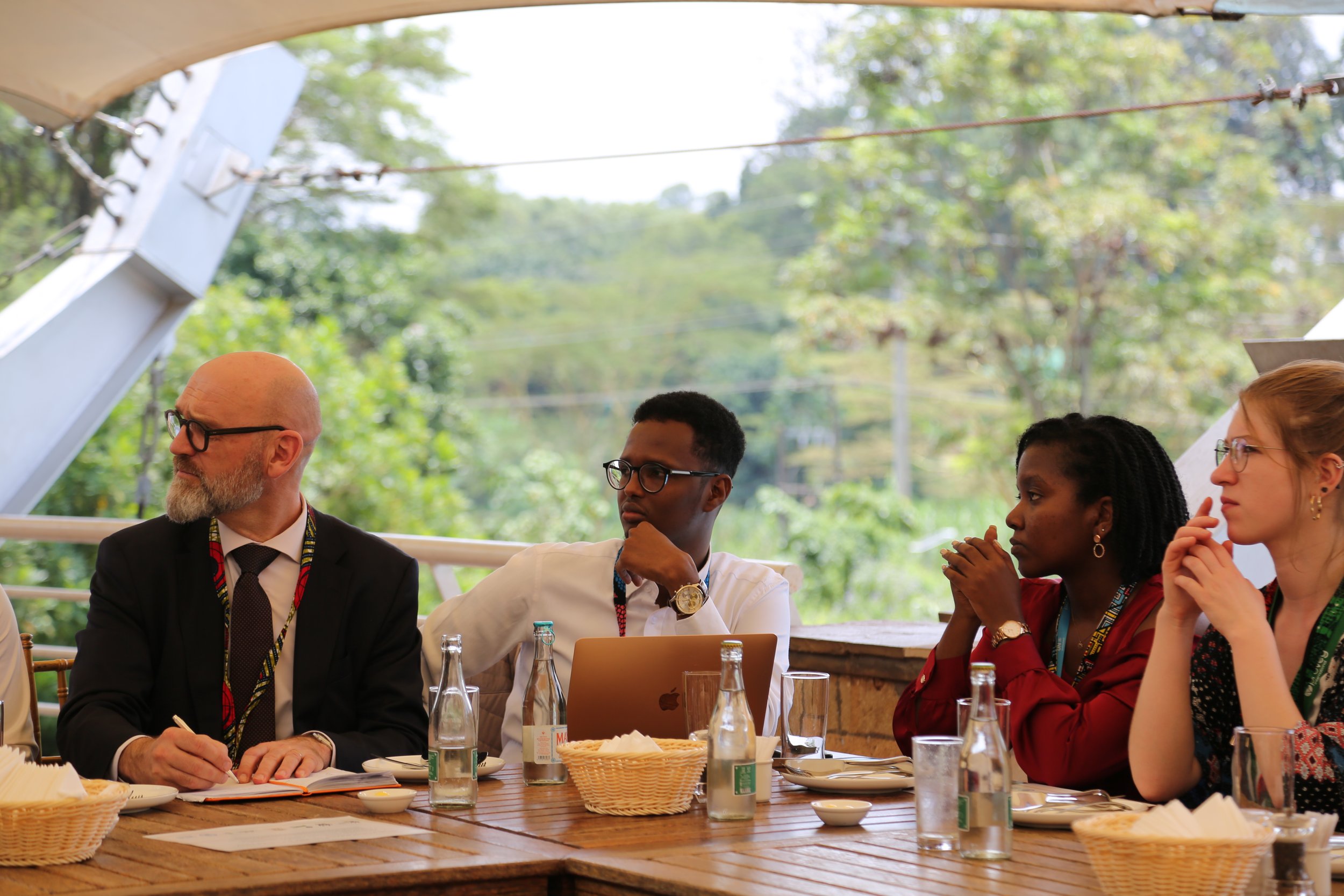
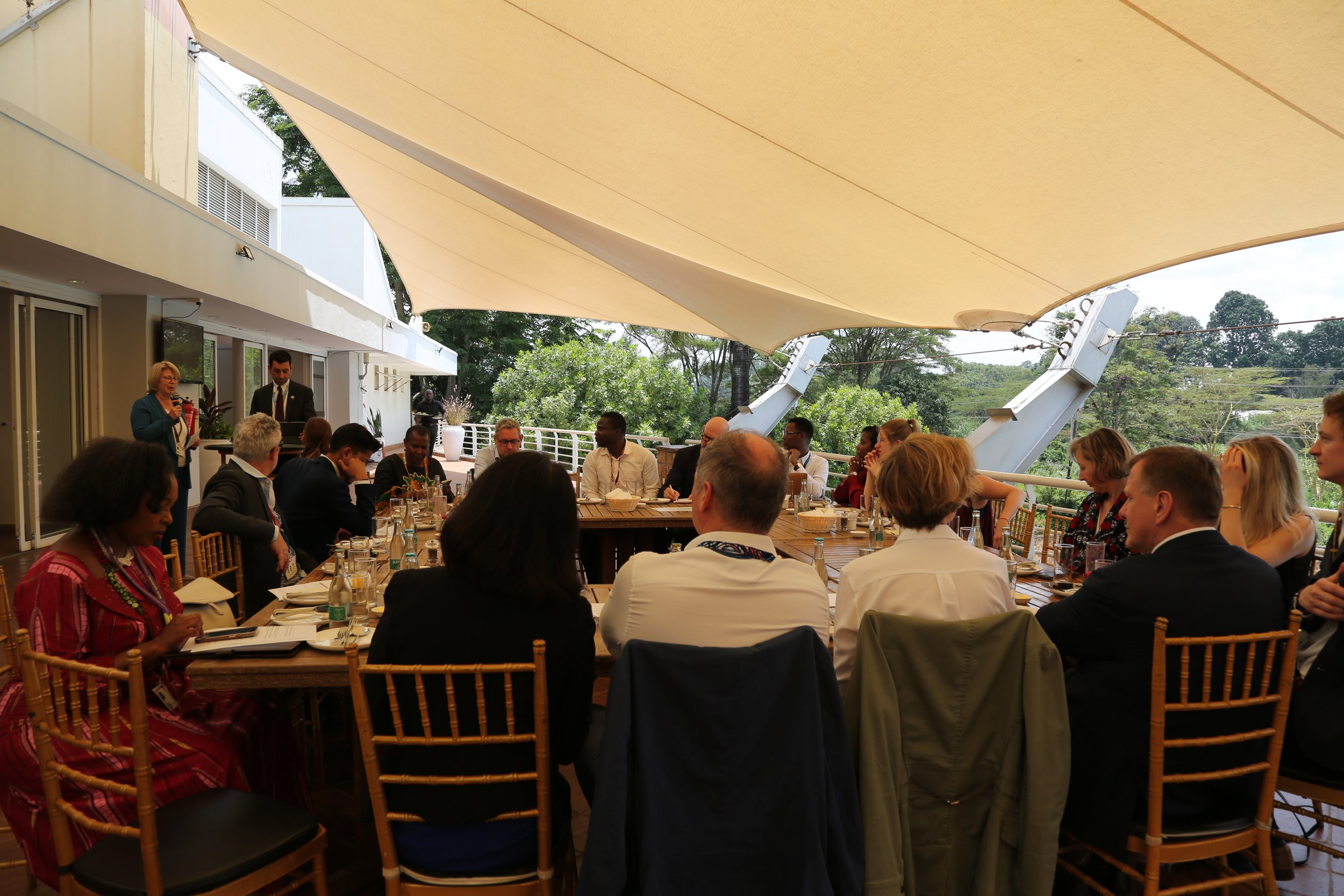
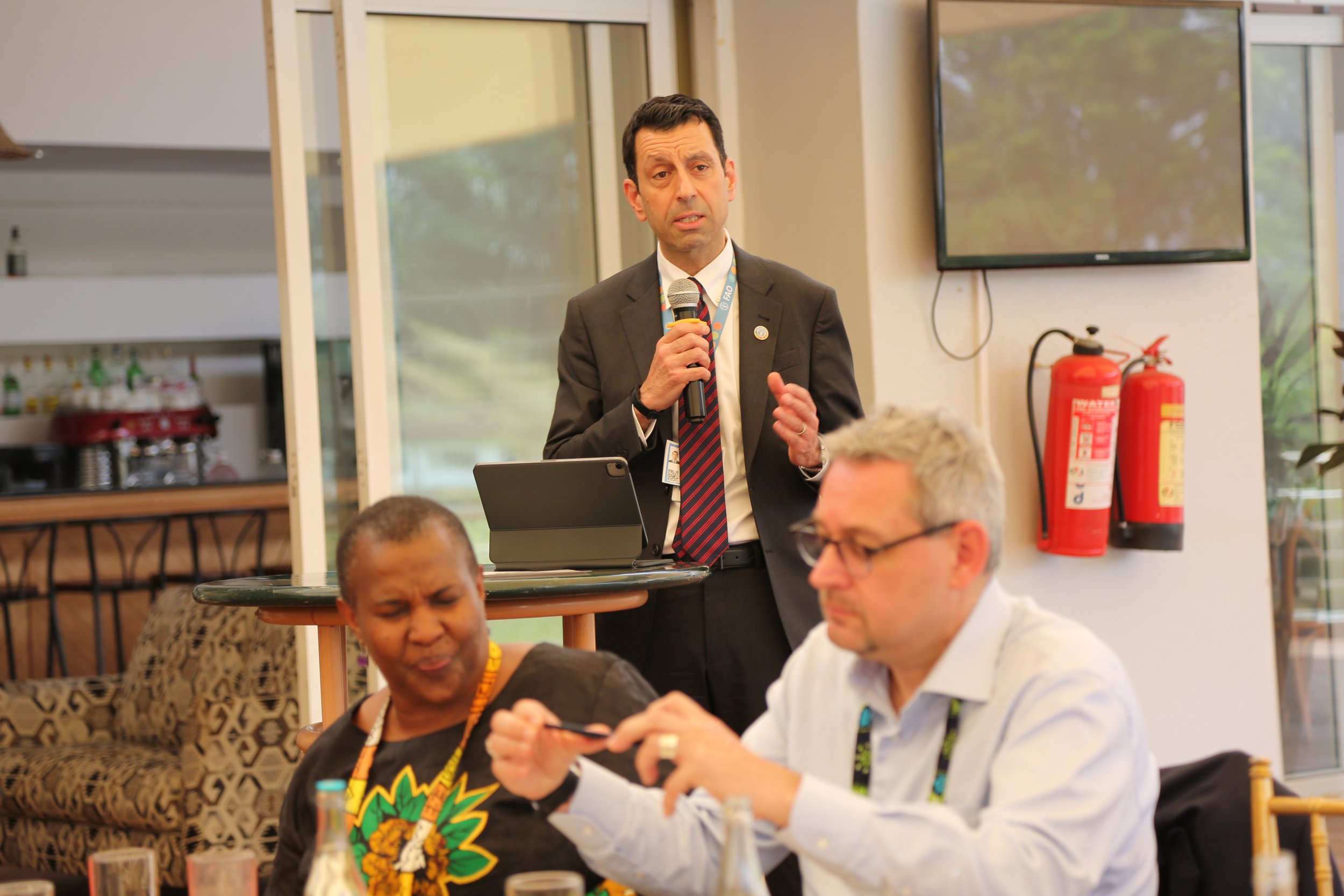
Outcomes and Way Forward
Much like the backdrop of UNEA-6, soil health is a multilateral, global issue, and it simply can not be left out of conversations on environmental policy. Multi-stakeholder action drives change, not only in advocating for soil health but also in implementing healthy soil practices on the ground.
Learn more about the outcomes of UNEA-6, and see where soil popped up in the following two outputs:
In 2024, CA4SH is committed to scaling our advocacy work, while narrowing in on implementation and action on the ground, with robust resource mobilization. We plan to be present at the three Rio Conventions this year (UN CBD, CCD, and FCCC), and we are planning activities including a Joint Programme with The Indigenous Partnership for Agrobiodiversity and Food Sovereignty (TIP), as well as donor events, webinars, working alongside youth groups, and more!
Stay tuned to see how we apply multilateralism to our approach, and how we put the “A” in CA4SH to achieve environmental goals and more.

